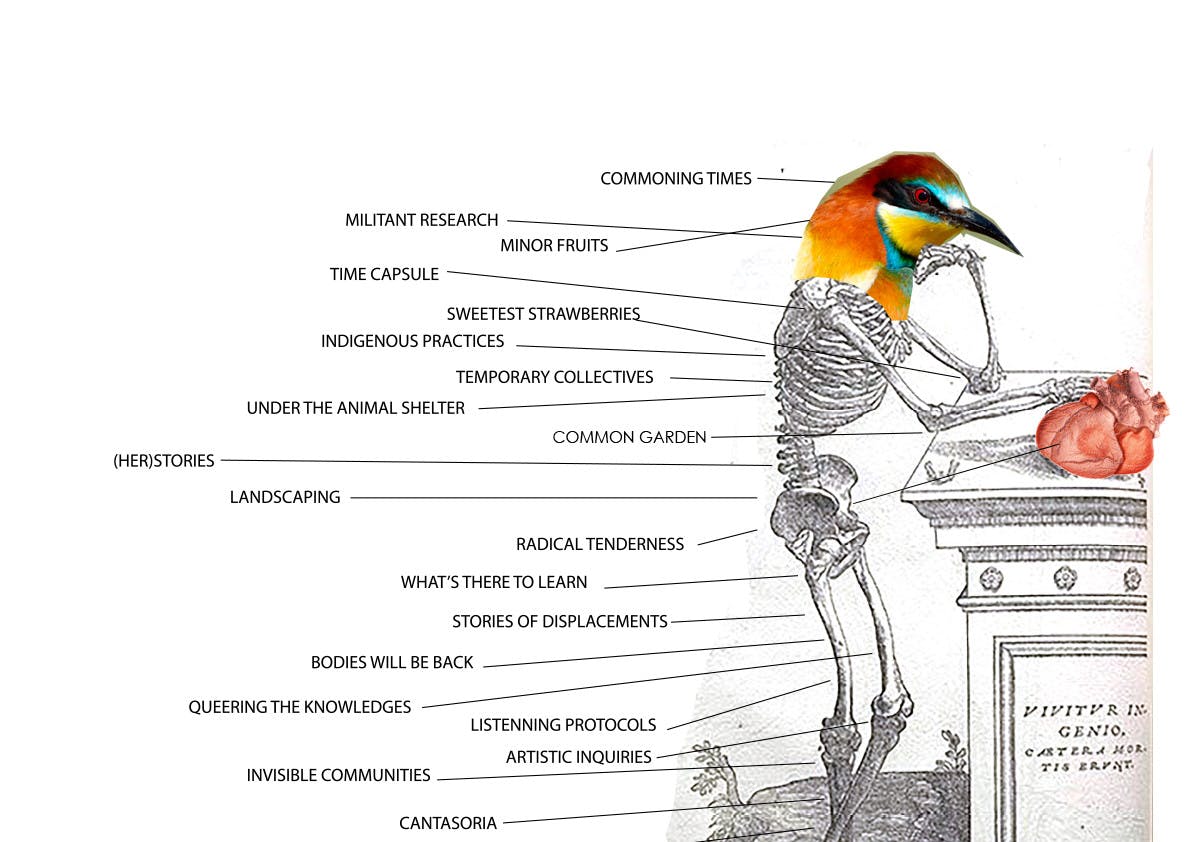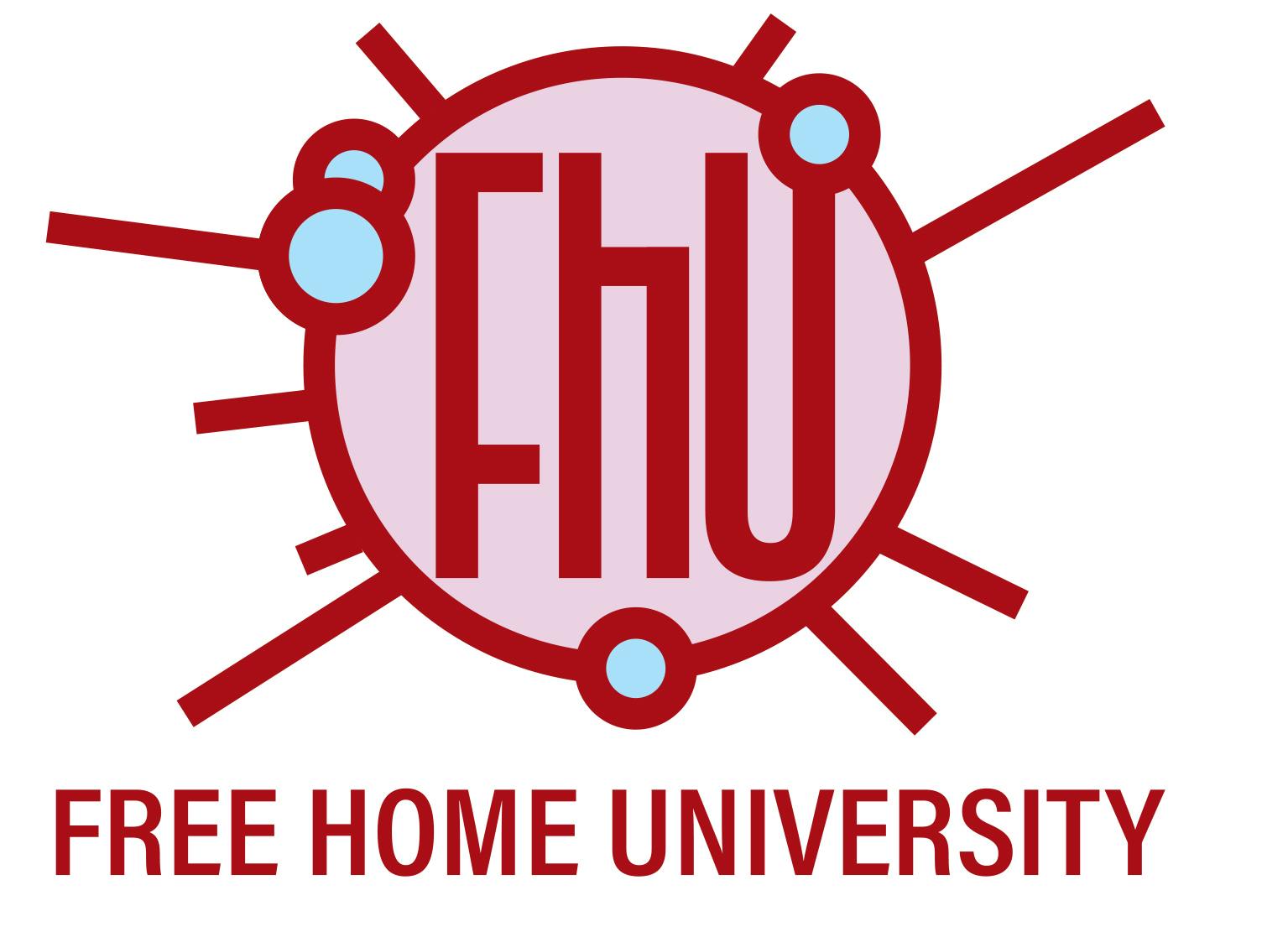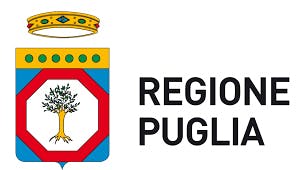Oaxaca || Forms of R-existence
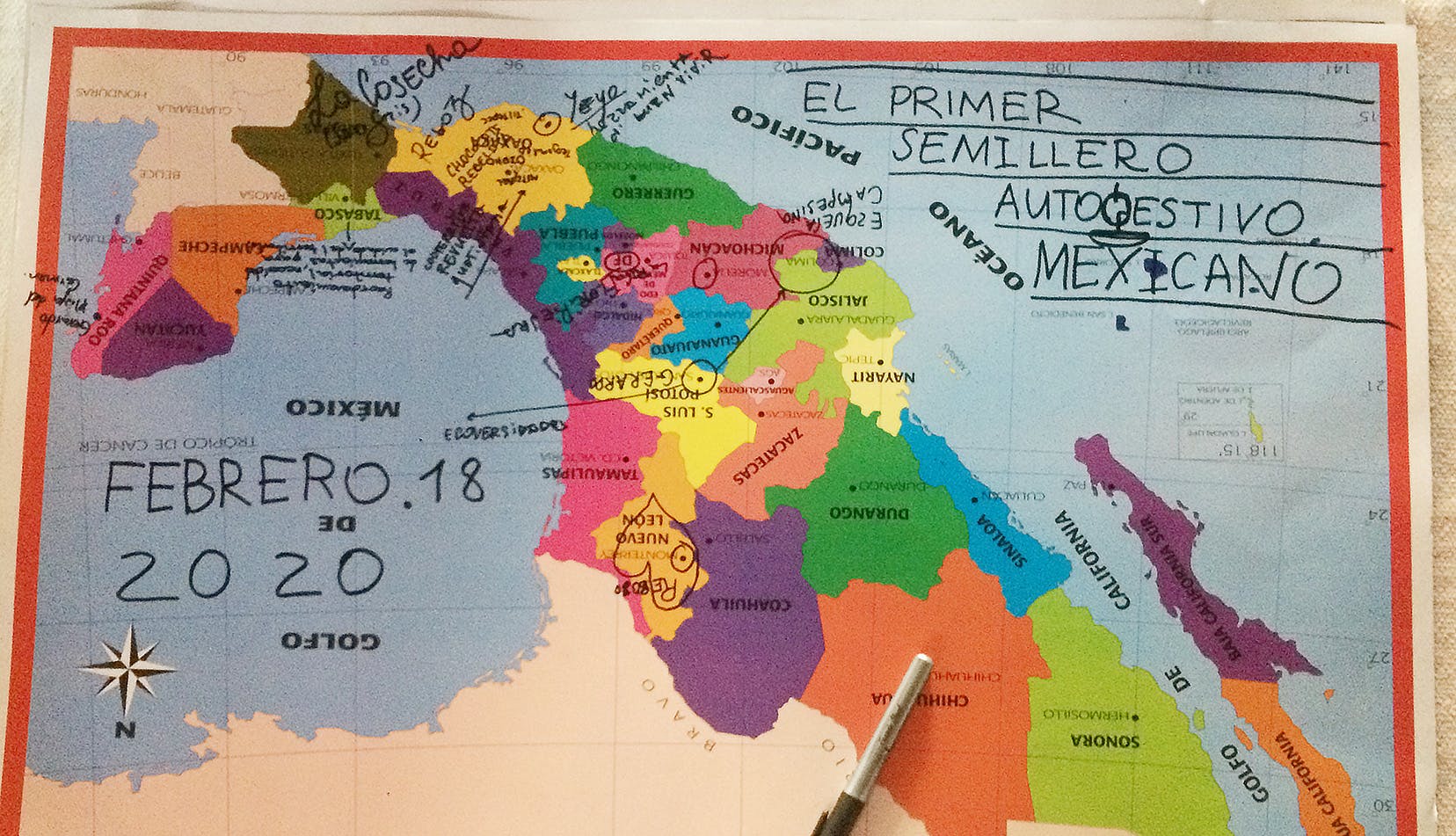
Autonomy and Forms of Economical r-existence / Regeneration as a Way to Rethink Development & Sustainability
February || 2020
On February 18th, in a hot day of a rather long dry season, at a half–hour ride from the center of Oaxaca City, a burning question brought together a disparate group of 25 people joining from 9 Mexican states and a few global north locations. Ambassadors of communities of agro-ecologists, indigenous land and human right defenders, political self run publishers and urban spirulina cultivators, organic chocolate micro-producers and film-makers, radical buen-vivir entrepreneurs and liberal academics, community organizers of Escuela Campesina and socially engaged artists reunited in the open restaurant of a compa (latinoamerican for: companer(-o)/ (-a)/ (-x) - comrade, someone involved in the struggle), to discuss forms of autonomous subsistence and re-existance.
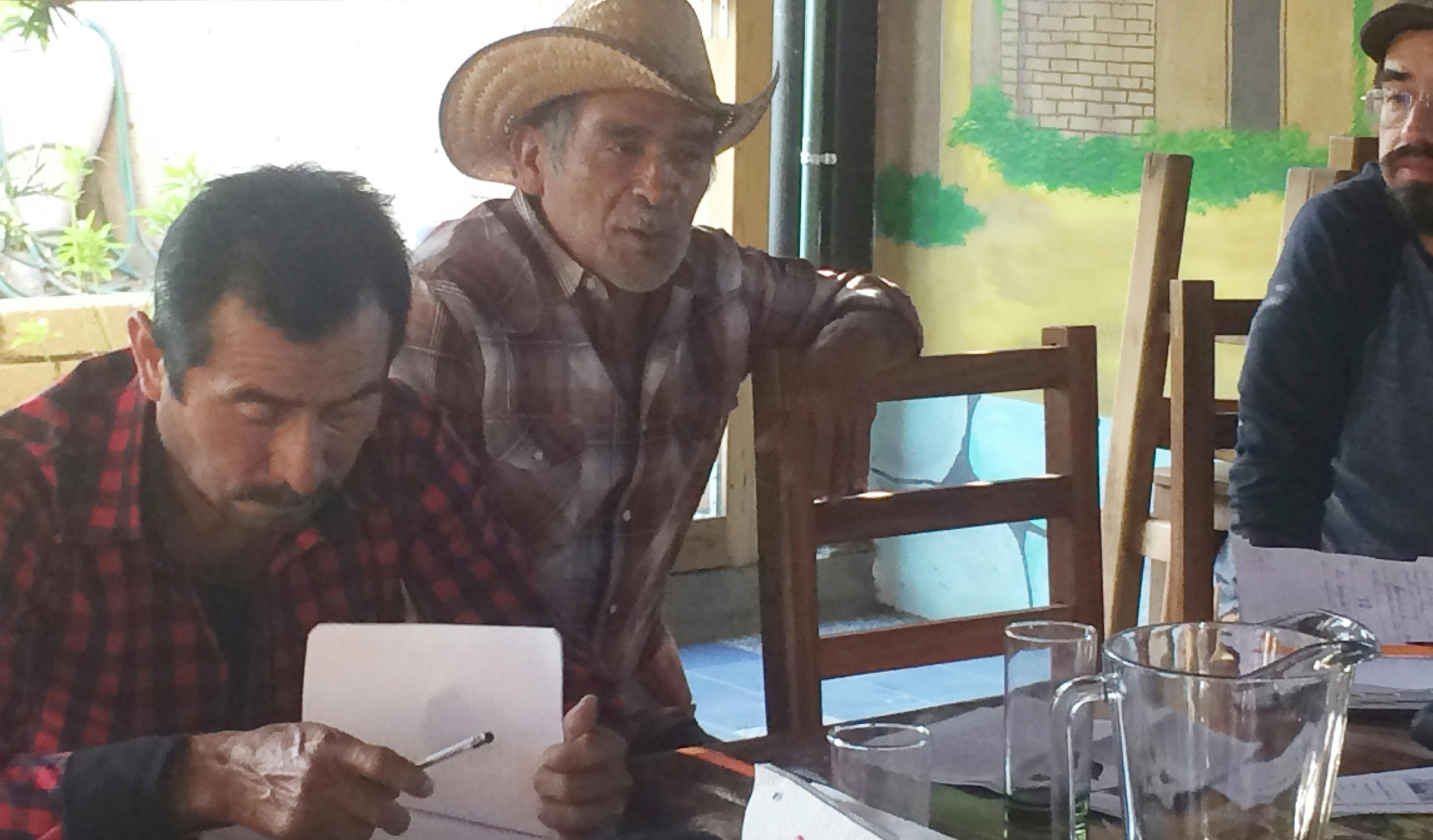
compas at the gathering
El Primer Semillero Autogestivo Mexicano (the first Autonomous Mexican Seedbed) was called by Edgardo Garcia of C.A.C.A.O. (Coperativa Autonoma de Convivencia y Aprendisaje Oaxaca) a family-based initiative for the production of the organic Chocolate y Rebeldìa. The gathering was supported by a germinator seed fund made available by the Ecoversities Alliance, an informal network of more than 100 Ecoversities supporting the rhizomatic movement of learning communities, promoting different ways of being, knowing and relating; as well as by Musagetes.
The questions were quickly put on the table:
- How do we sustain our initiatives?
- What are the means of our production and reproduction, and how we can imagine a way to be economically autonomous, resisting the commodification of life, and imagining ways to transition away from the existing exploitative, extractive, unsustainable capitalistic system?
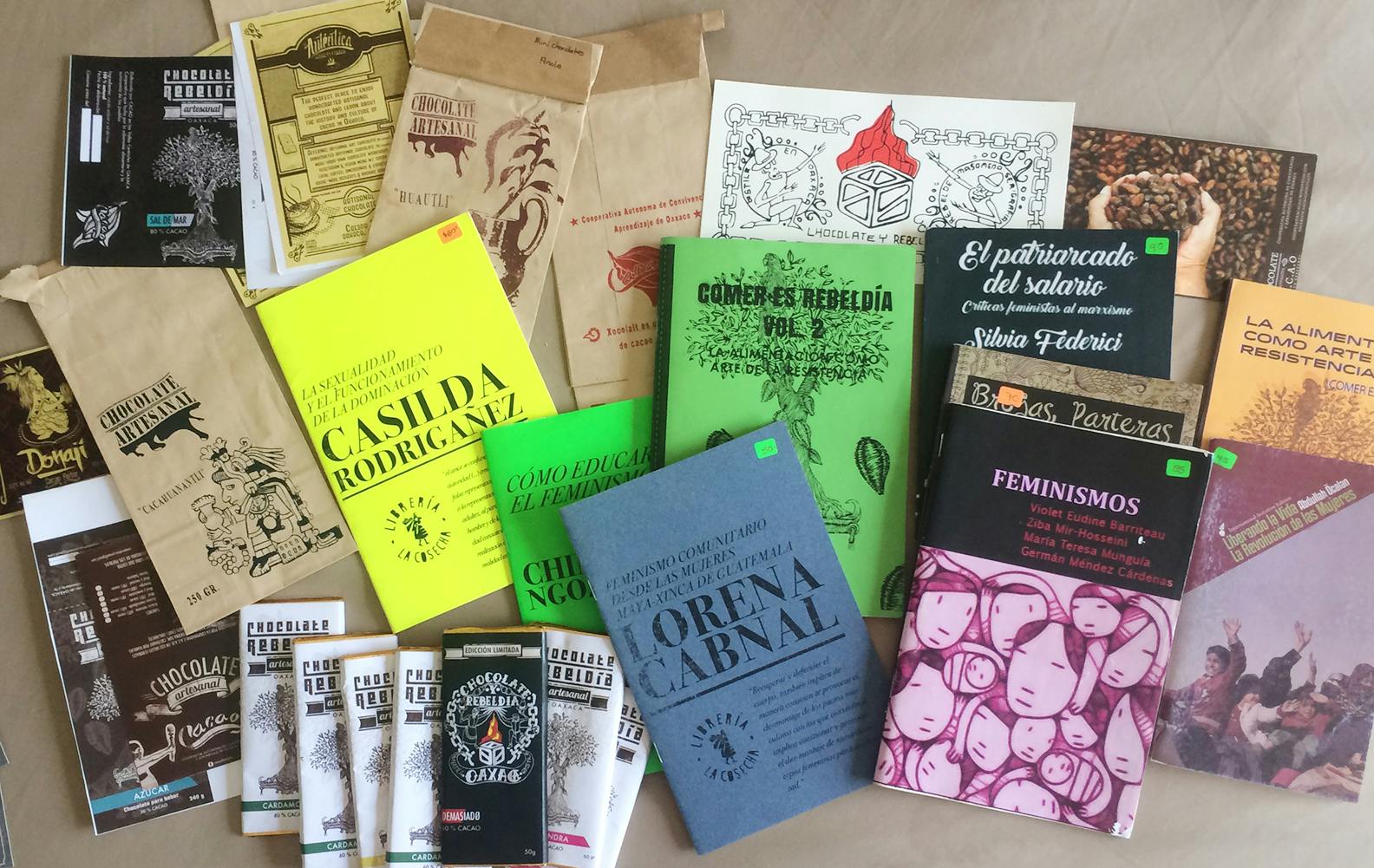
rebellious books of El Rebozo from Monterrey meet rebellious chocolate of C.A.C.A.O. from Oaxaca
People started to share how in their work and their different contexts personal, familial and communities resources are activated to provide means of existence, tools that work (or failed to), relations of mutual support and collective forms of sharing, methods for transparent accounting, horizontal decision making, away from notion of individual leadership, concentration of power and exploitative profit making.
Alessandra brought the example of Free Home’s ongoing collaboration with Casa delle Agriculture (Castiglione d’Otranto) and their methods of commoning the land and other means of production; organizing educational and cultural events; redistributing their harvest; diversifying their initiatives through a cultural organization, a cooperative, and informal convivial community design.
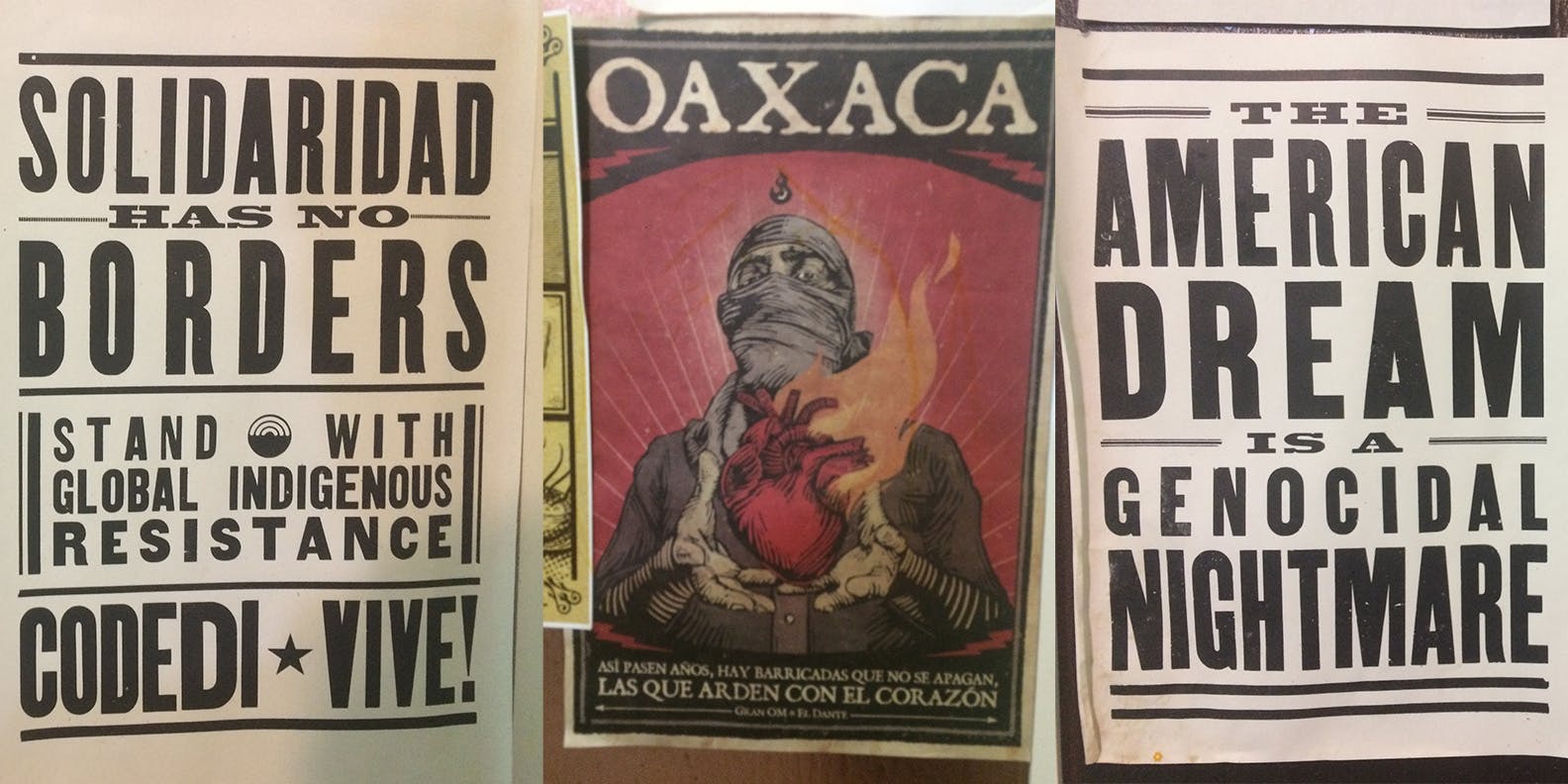
political art is literally on every wall of Oaxaca
Navigating the current system in which most of the people here hardly survive, what can be done?
- How to establish and reinforce existing alliances?
- How to plant seeds not only to resist, revoke, reclaim but also to exist differently within our human and more than human relations?
- How our interconnectedness in the ecosystem we are part of can be the base of a different economy, growing deeper rather than larger?
- So, what can be done, for real?
Proposals appeared after hours of discussions and reflections. Questions of autonomous economic models and self-sustainability strategies for eco-oriented agri-cultural-educational enterprises is very central also in the Ecoversities Alliance, and the members attending the gathering (Gerardo Lopéz Amaro, Sergio Beltran - also with Herramienta del Buen Vivir, Kelly Teamey and Udi Mandel - also faculty of S.I.T., Alessandra Pomarico and Nikolay Oleynikov - also Free Home University) took the cargo to reformulate the proposals emerging on a trans-territorial level within the global alliance.
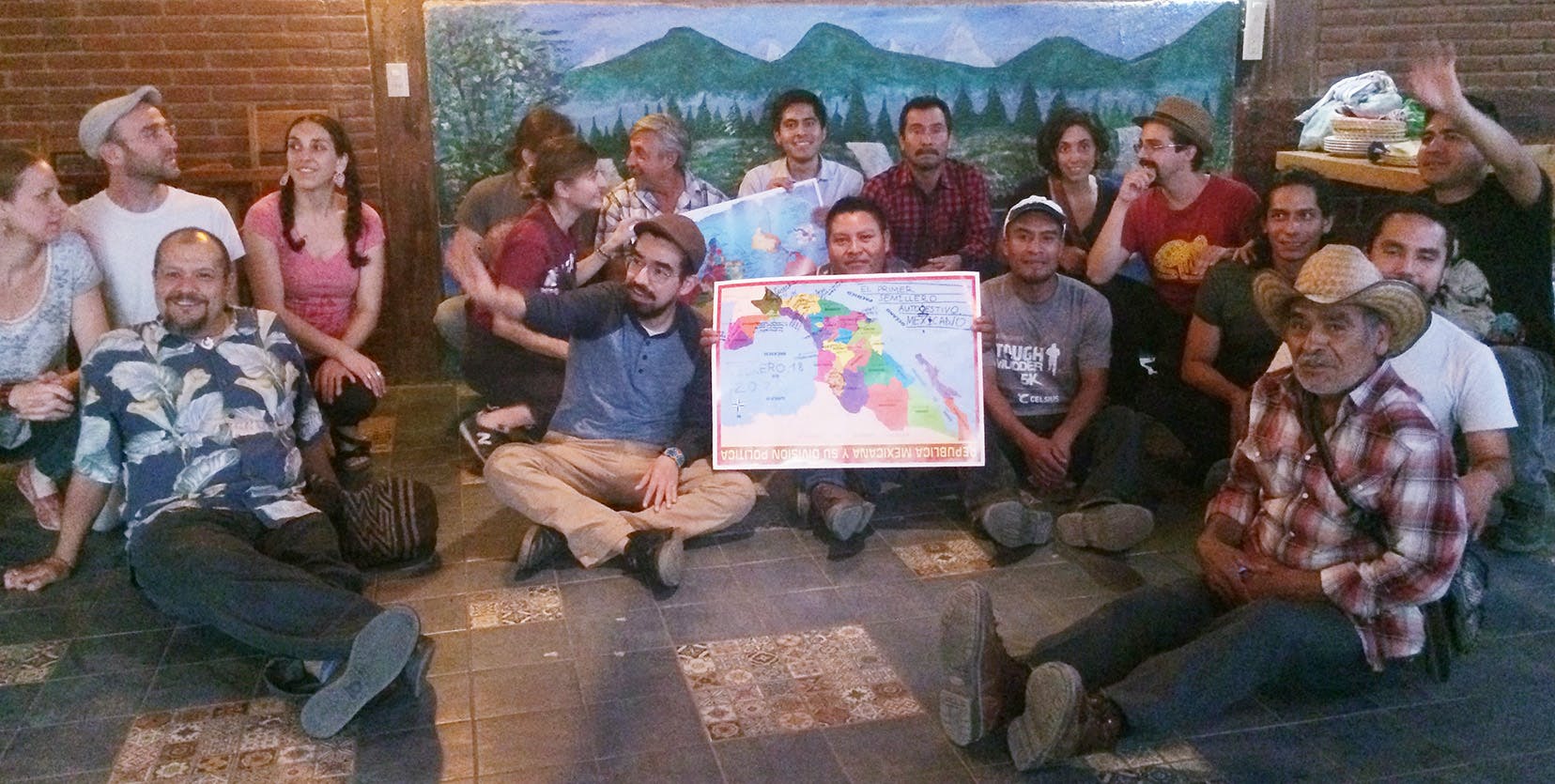
El Primer Semillero Autogestivo Mexicano
The question of sustainability and the critique of development-as-we-know-it, marked all the encounters, conversations and visits to local collectives and organizations in Oaxaca during these days, also in the frame of the field research of S.I.T. program unfolding around Sustainability and Regeneration in Oaxaca (that took place on the 1st-15th of February).
The course designed by Kelly Teamy and Udi Mandel for the group of S.I.T. students examined the centrality of agriculture in the field of Development, exploring the significance of the Green Revolution in re-shaping agriculture worldwide. During the two-week residency students were also focusing on migration, borders and transnational communities within the field of development. The impacts of migration on individuals and communities was addressed in this course through visits and conversations with a range of key people and organizations such as M.A.N.O.S. (Migrantes Apoyados, No Olvidados. *spanish for: migrants supported, not forgotten) - a relatively young local NGO that is sustained by two courageous women experienced in human rights, protection of migrants, and international law. This visit happened within the learning program on the question of migration that was formed by Alessandra Pomarico together with Manolo Callahan.
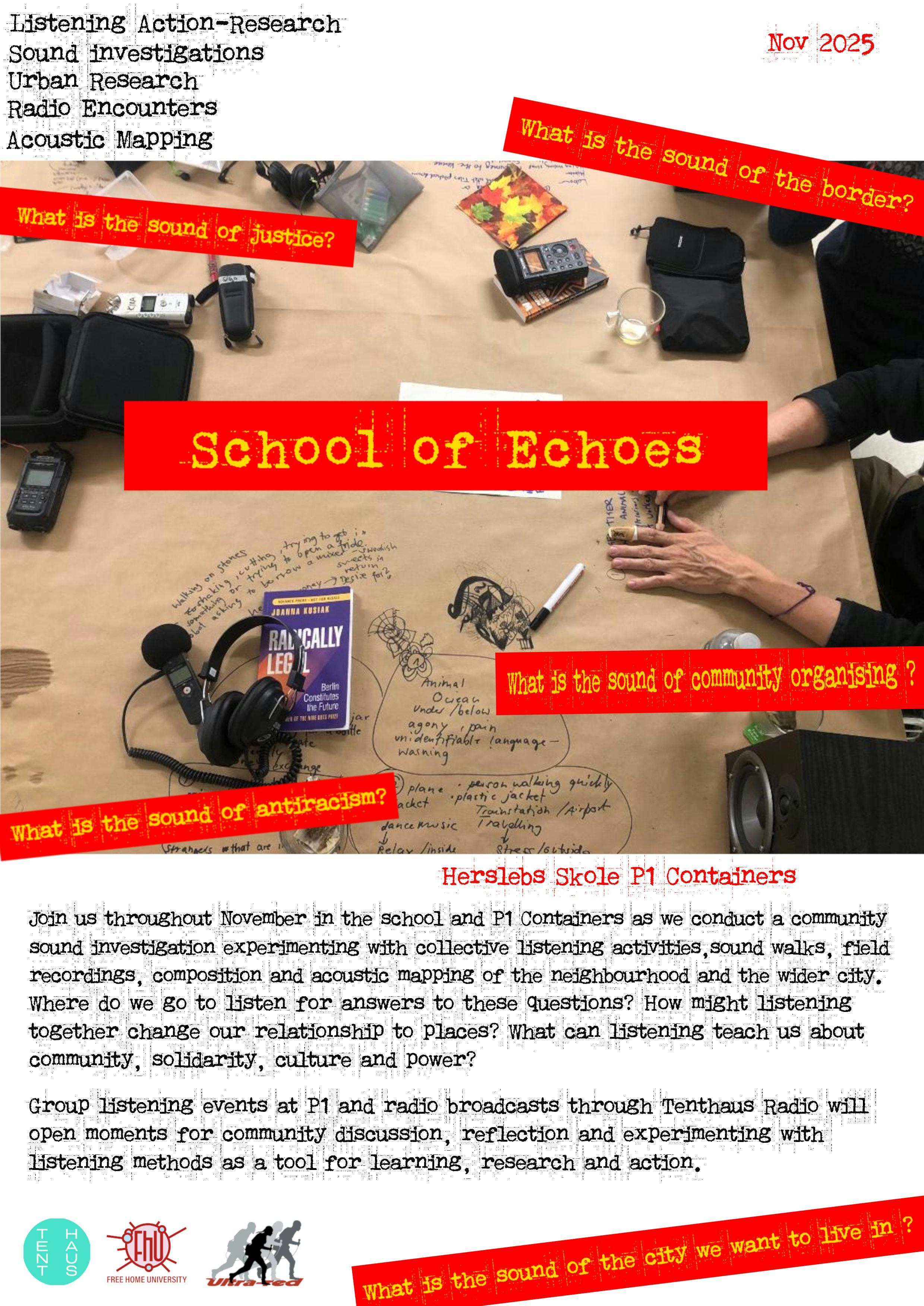
School of Echoes @ TentHouse, Oslo
FHU in residency in Norway
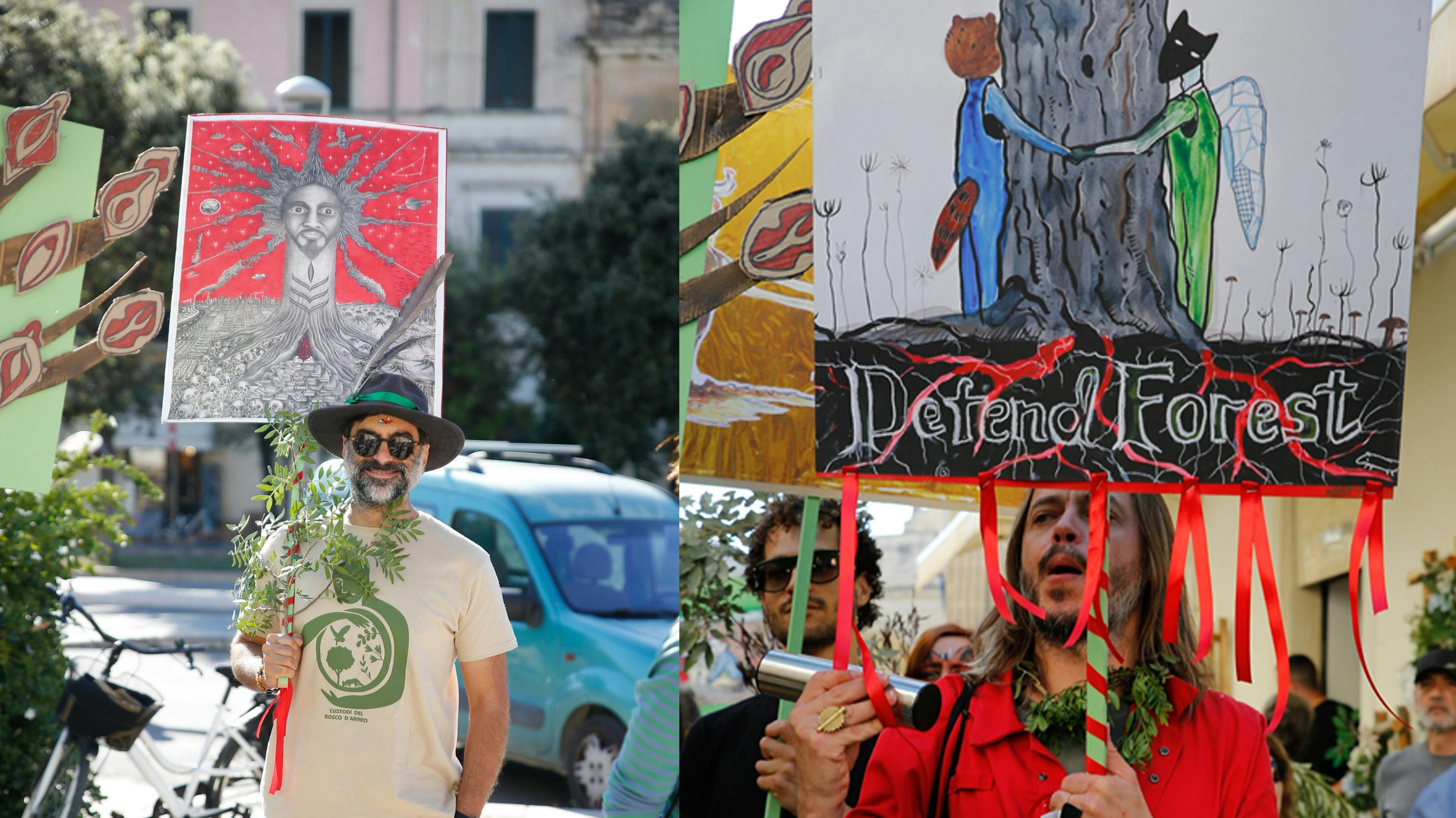
What role can art play in political activism? @ Museum Tinguely, Basel
Thursday, 4 December 2025, 7:30 pm
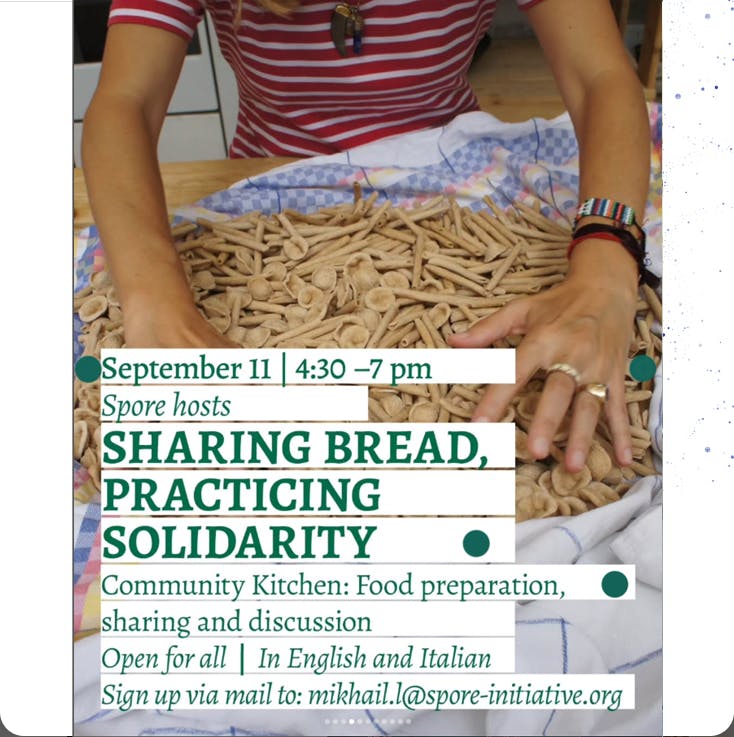
SHARING BRED, PRACTCING SOLIDARITY @ Spore initiative, Berlin
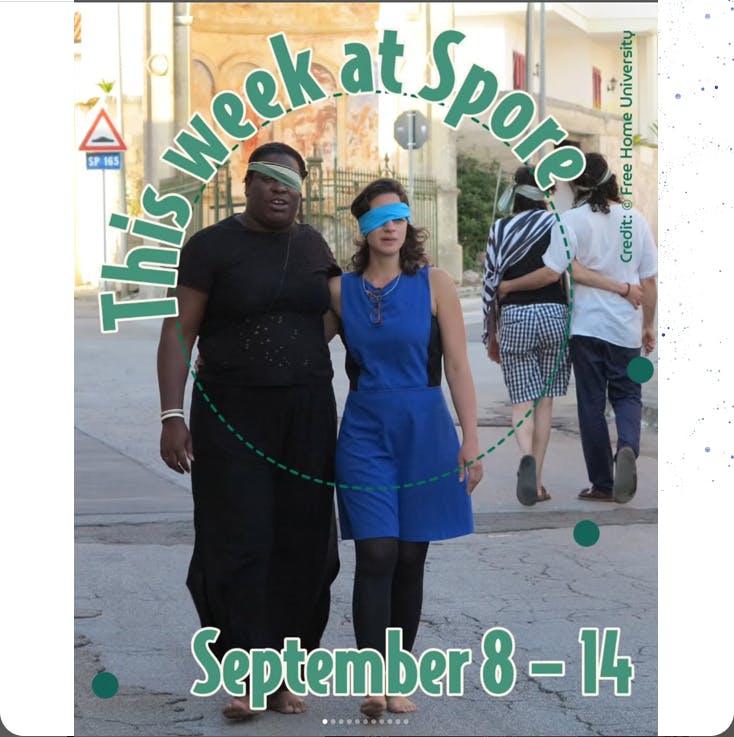
IN THE CRACKS of LEARNINGS @ Spore Initiative, Berlin
announcement
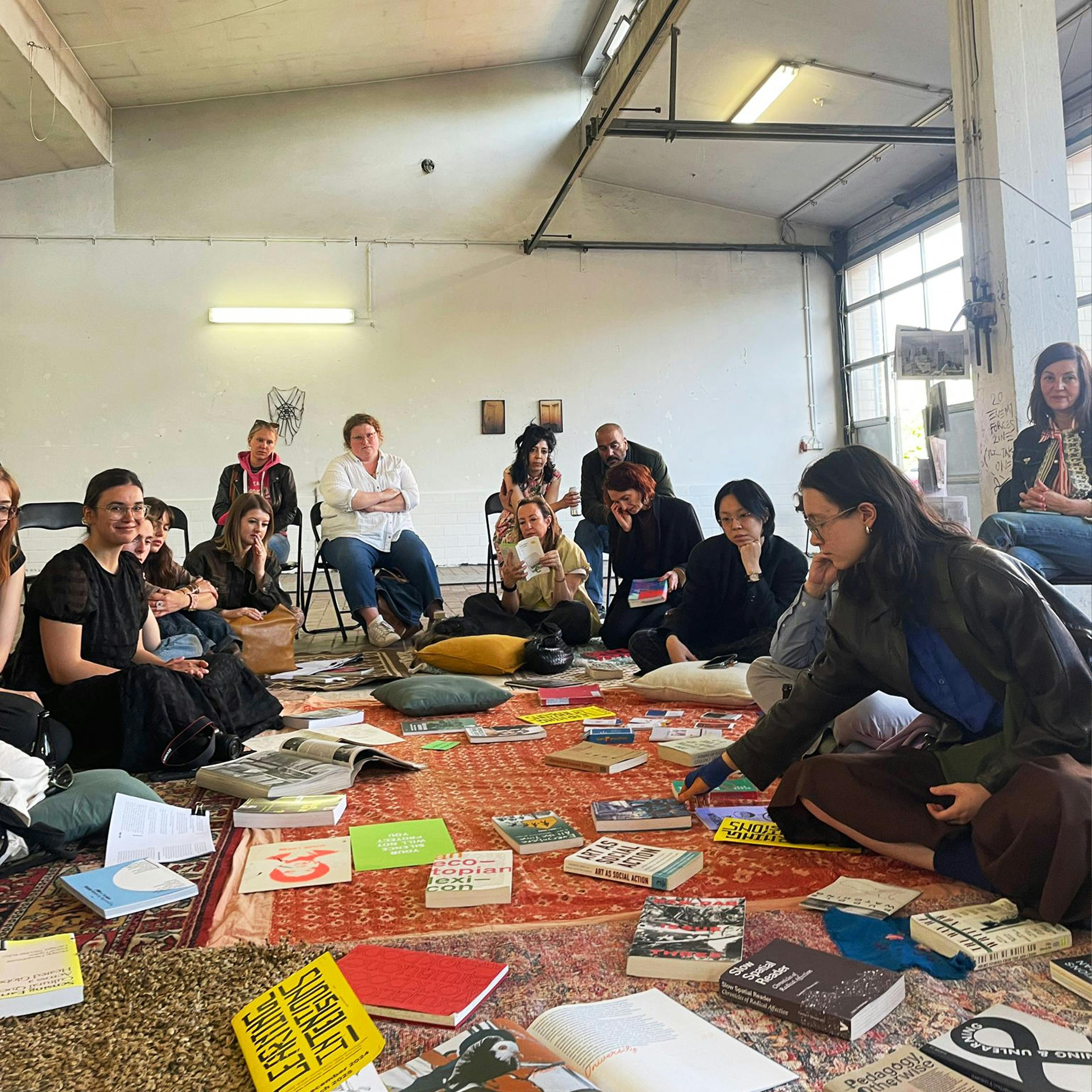
(Dis)Organizing Otherwise@Bard College Berlin
Free Home's Drifting Library at Bard College Berlin convened and carefully curated by Elisa R. Linn took place on May 9.
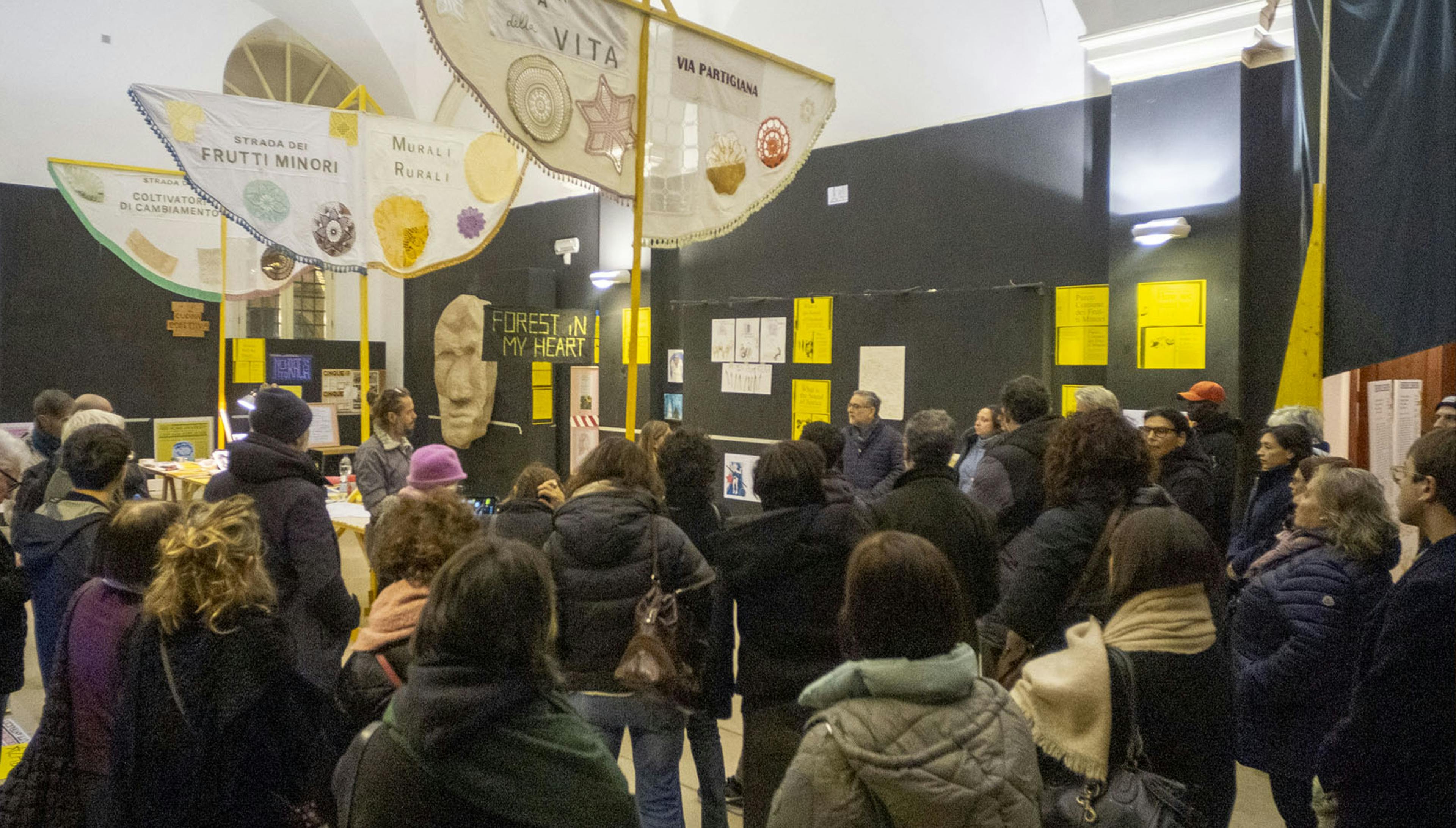
LEARNING INTENTIONS / LEARNING IN TENSIONS an exhibition @ San Francesco della Scarpa, Lecce
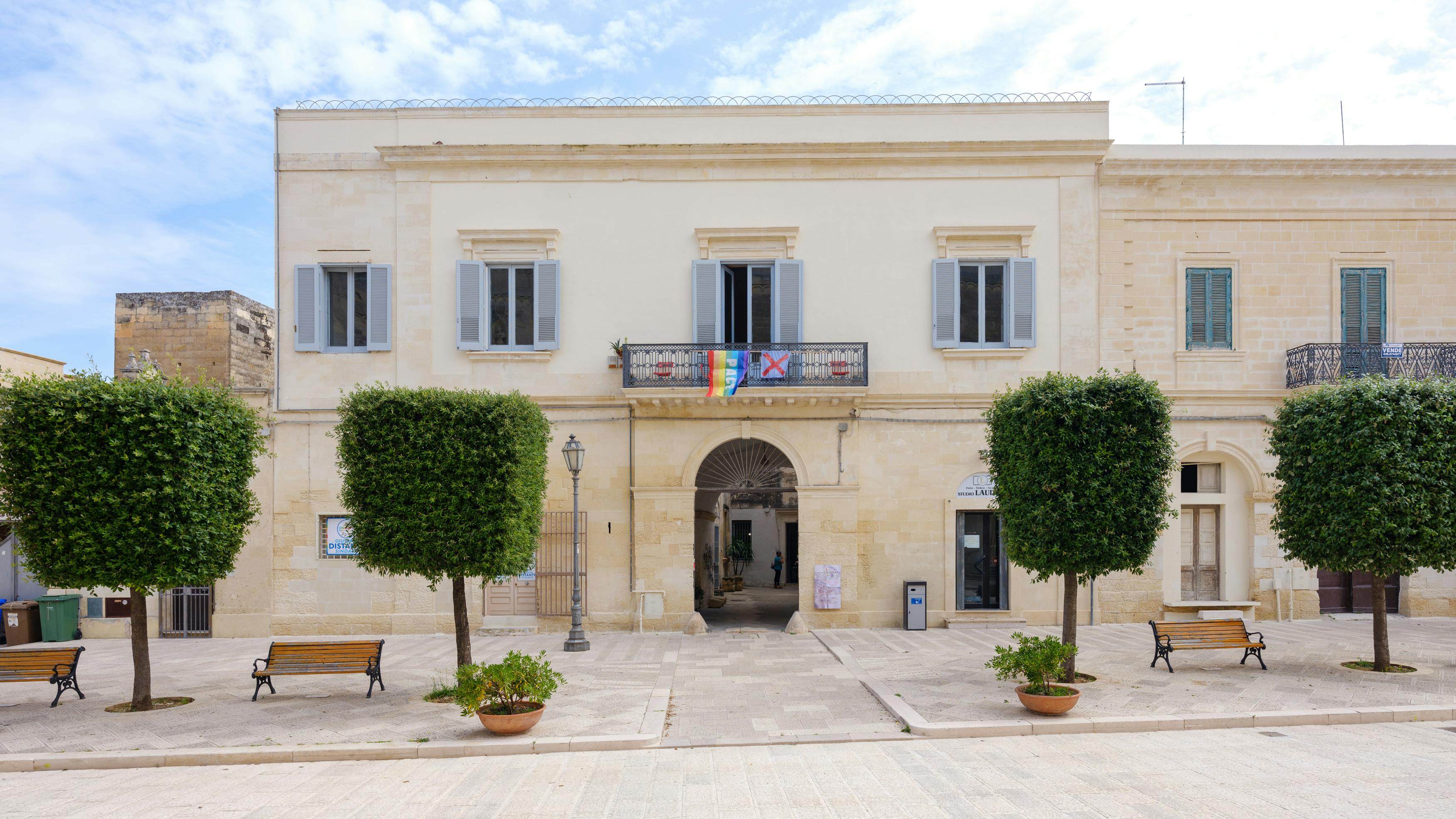
Simultaneous Arrivals in Residence at LoopHouse
Art Residency in San Cesario for a group of sound- and visual artists, scientists, and architects
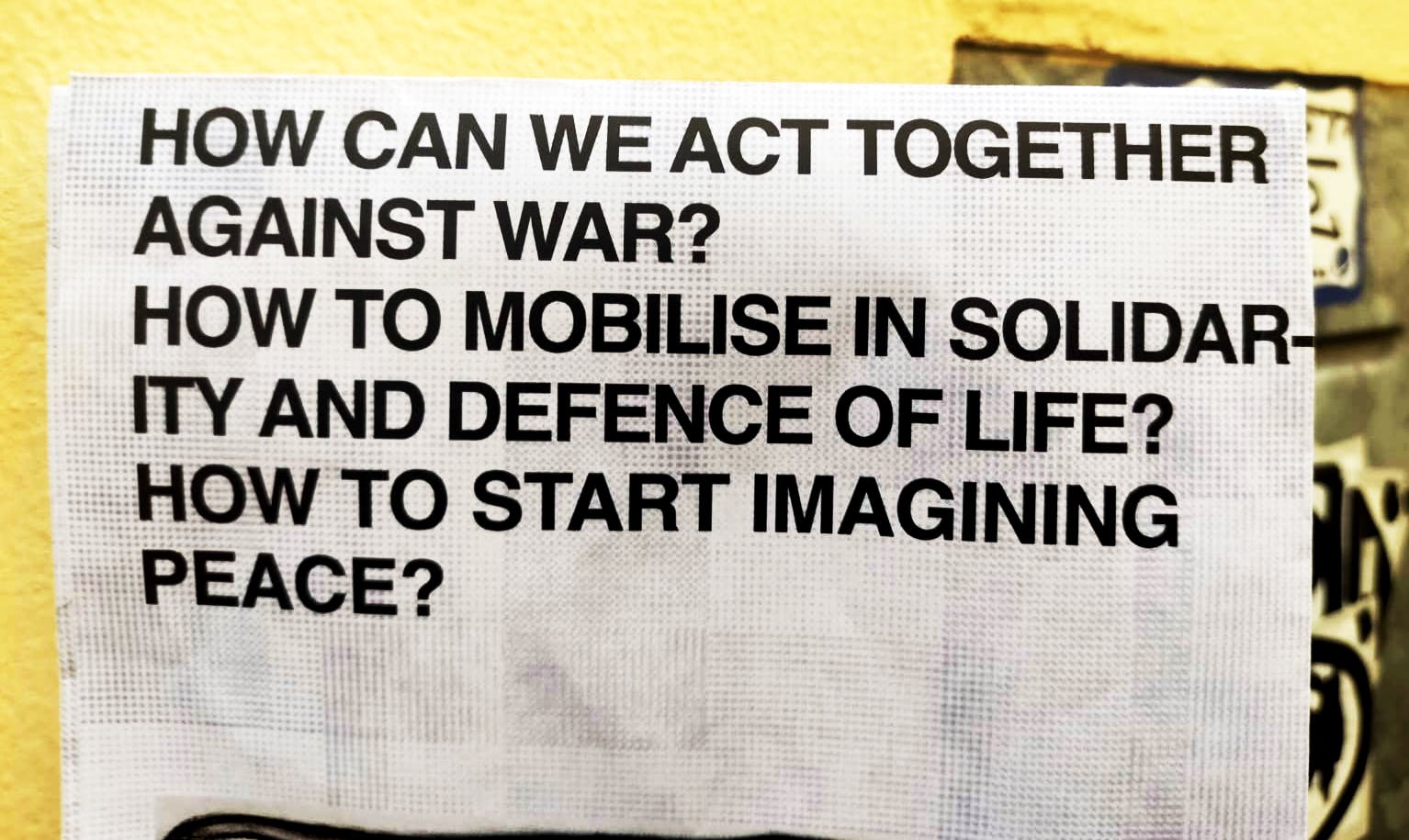
ASSEMBLY Against War in the Midst @ArsElectronica, Linz
World Artists' Agency Against War | KunstUni
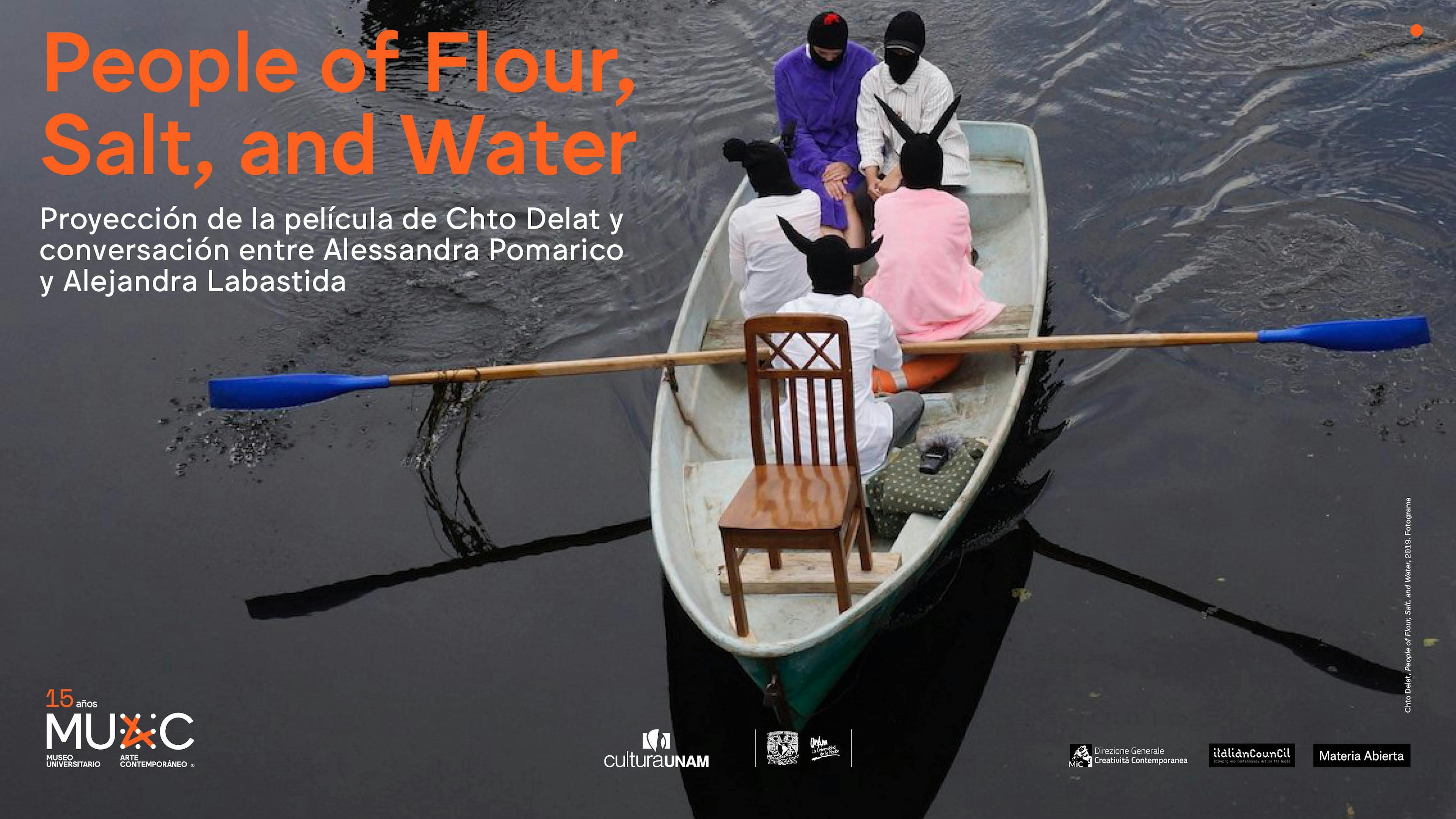
People of Flour, Salt, and Water @MUAC, MEXICO
Film Screening + Public Talk \w Alejandra Labastida & Alessandra Pomarico
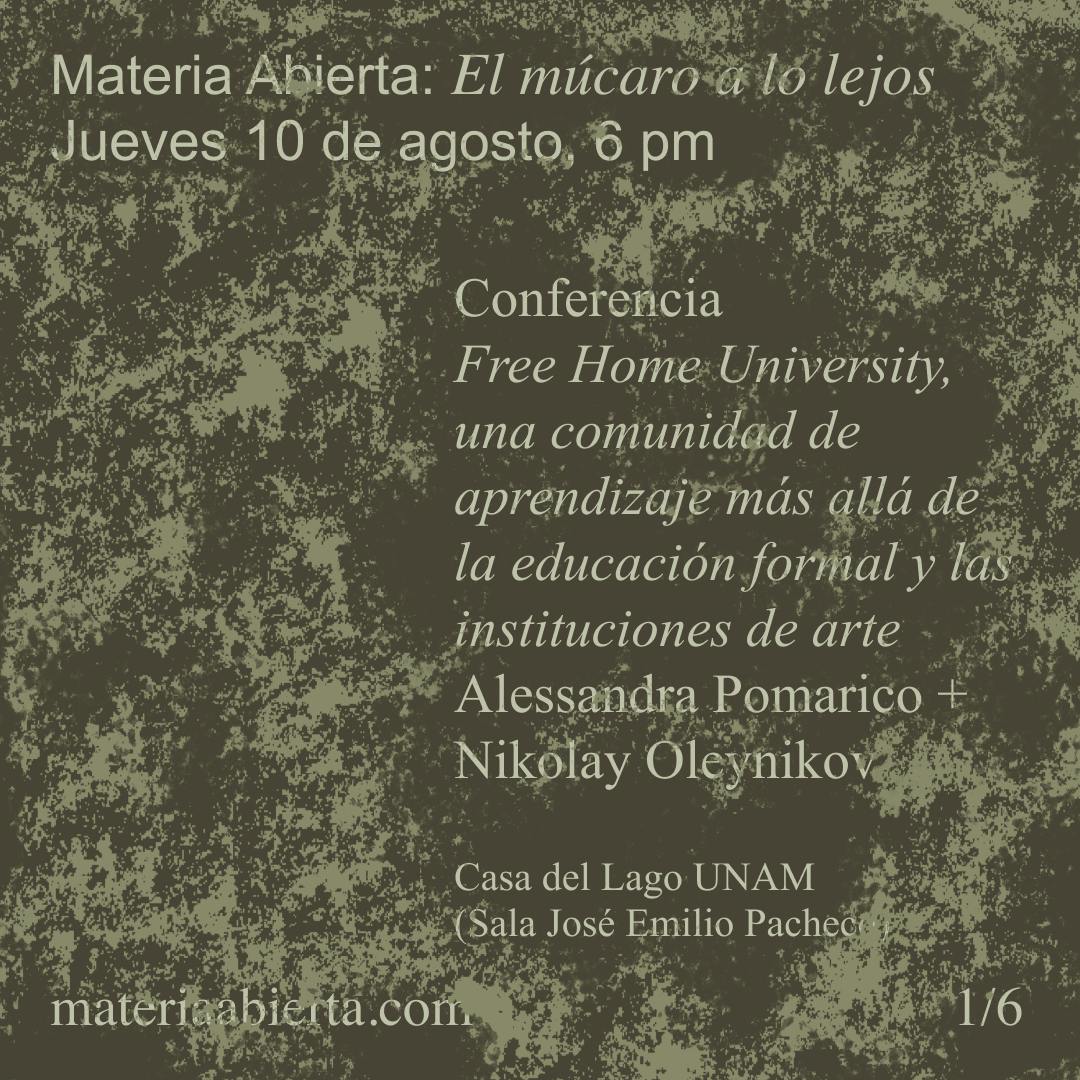
EL MÚCARO A LO LEJOS program for MATERIA ABIERTA, MEXICO
What Is the Sound of Contested Space?
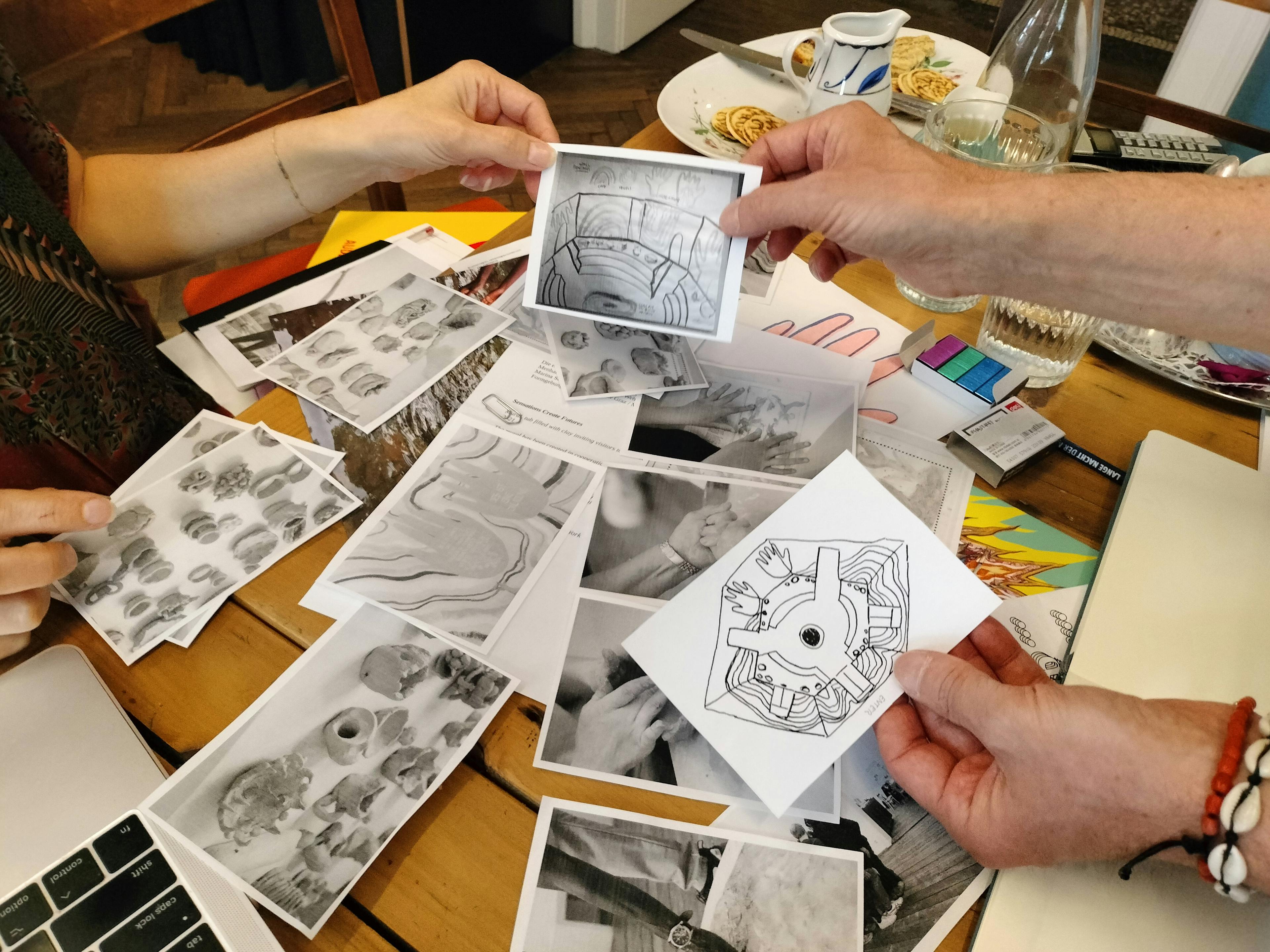
School of the WE | Editorial Meeting @ <rotor>, Graz
June 23-25
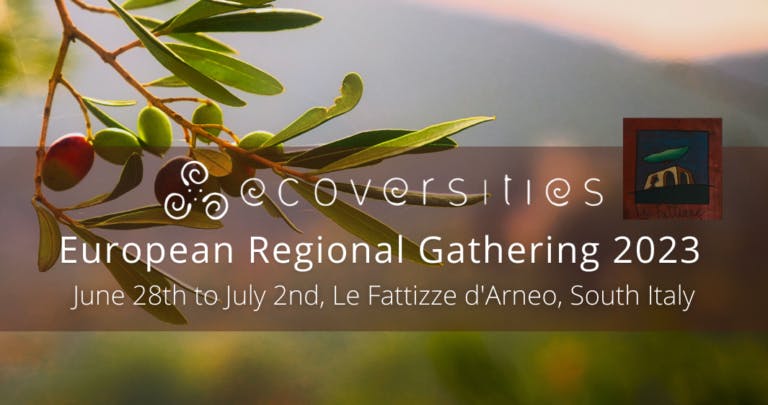
Ecoversities Gathering | Regione Europae | chapter 2
Le Fattize d'Arneo, Salento
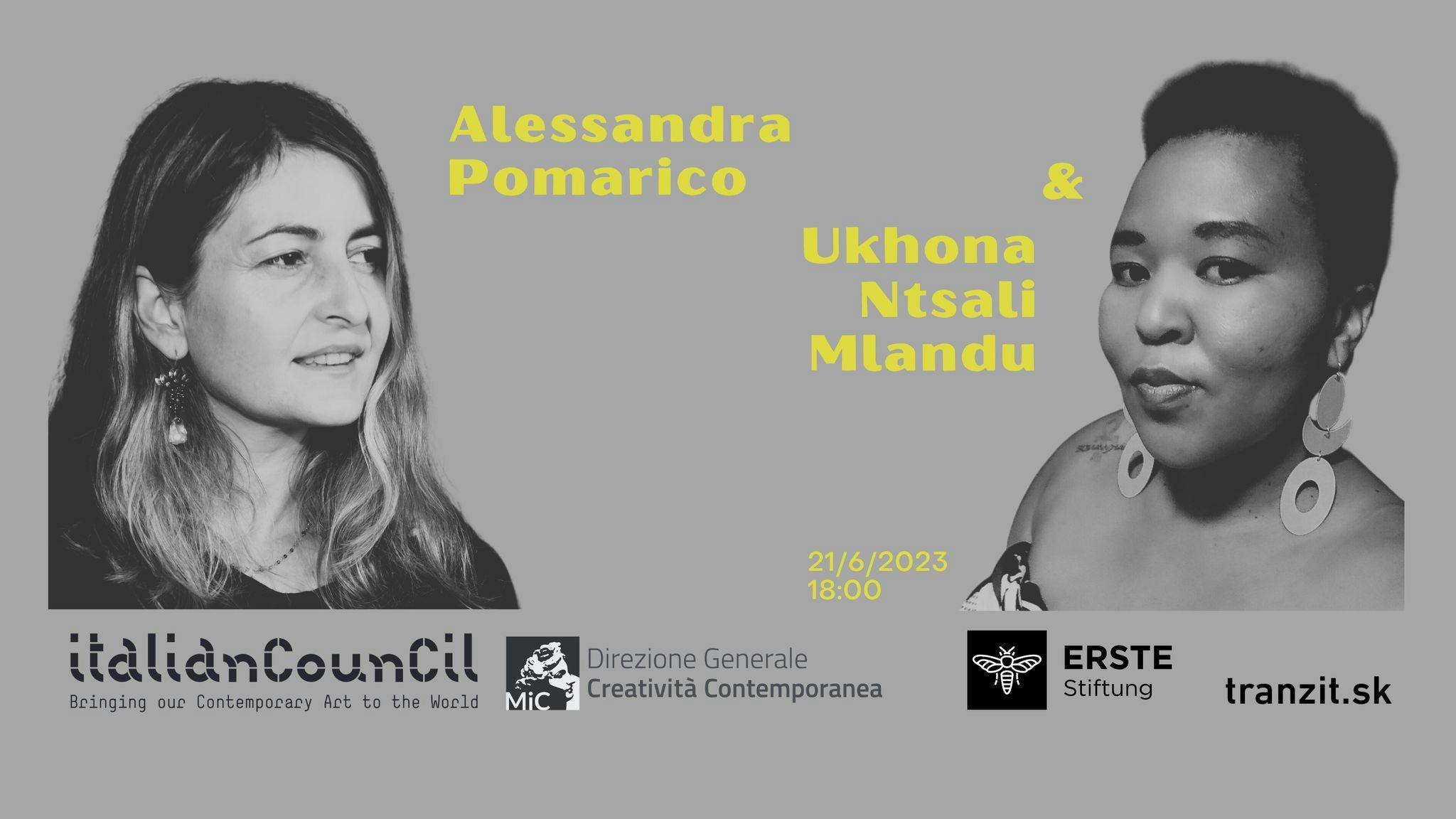
CURATORIAL PRACTICES at the INTERSECTION of COMMUNITY BUILDING, LEARNING PROCESSES, and POLITICS of EVERYDAY LIFE @tranzit.sk
a conversation between curators Ukhona Ntsali Mlandu and Alessandra Pomarico
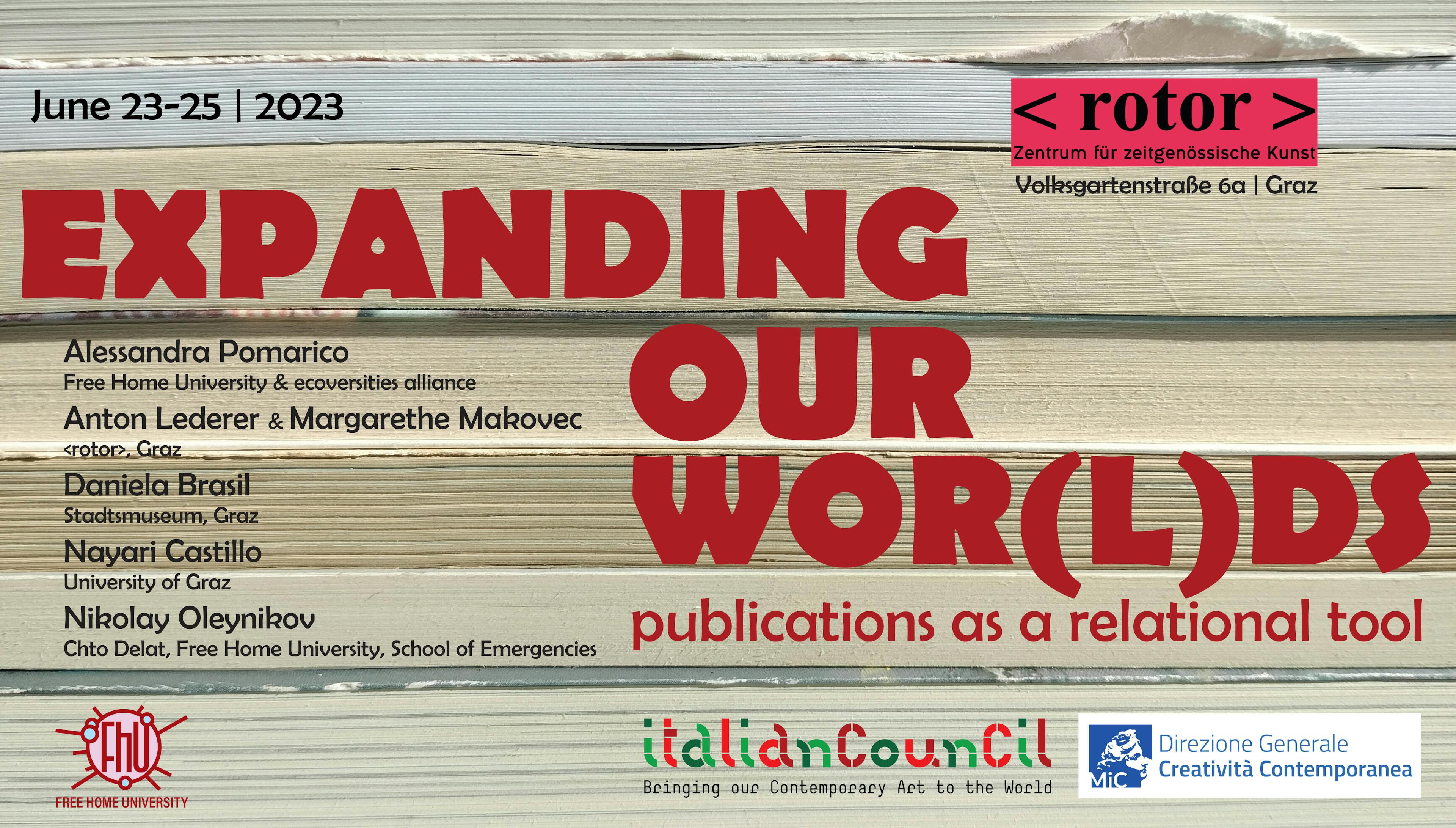
Expanding Our Wor(L)ds @ <rotor>, Graz
series of events with Alessandra Pomarico

MAKING the INVISIBLE VISIBLE | Saodat Ismailova & Alessandra Pomarico @tranzit.sk
online discussion
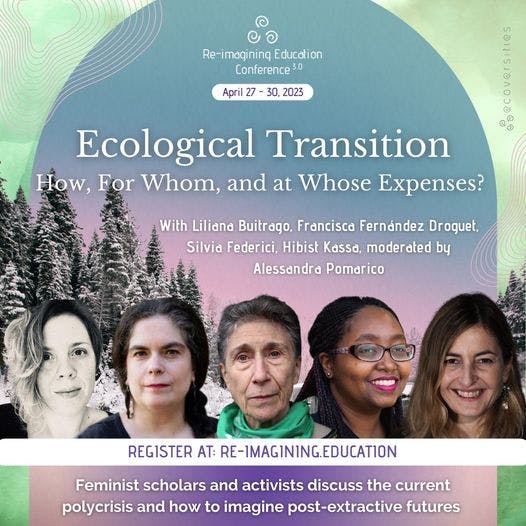
ECOLOGICAL TRANSITION: How, for Whom, and Whose Expenses? @Re-Imagining Education Ecoversities Festival

READING as a SUBVERSIVE PRACTICE: a series of exercises with Free Home University and Dreaming in Women* @ halle-fuer-kunst, Lueneburg, Germany
01:04 @ halle-fuer-kunst, Lueneburg, Germany
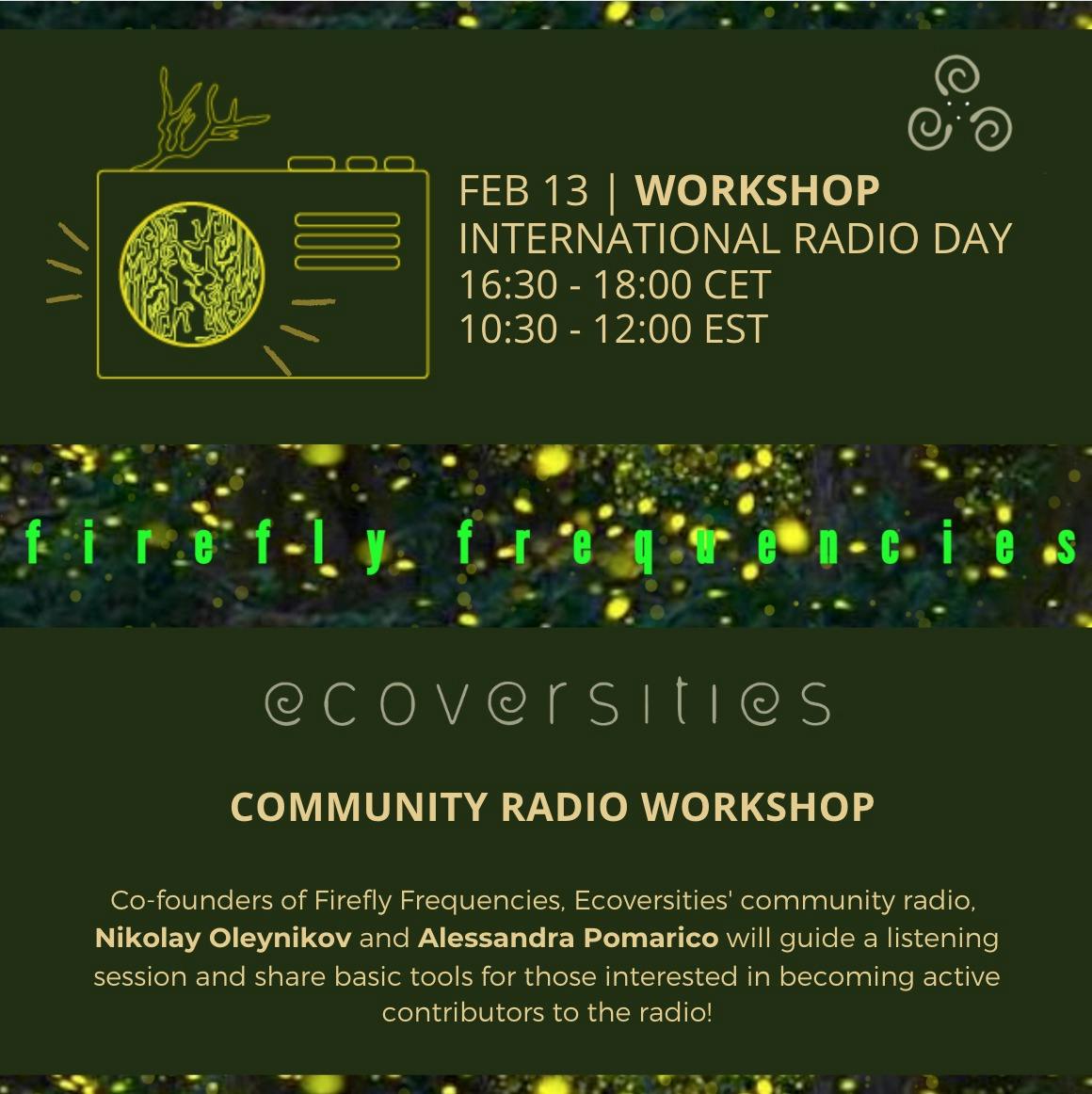
RADIO DAY | firefly frequencies @ ecoversities
listening | learning | resonating
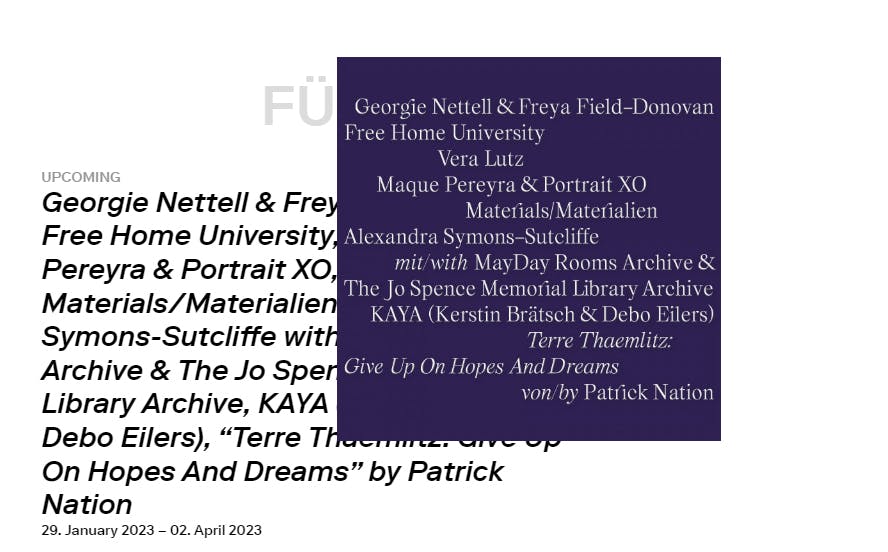
FHU w/FFF in HALLE FÜR KUNST LÜNEBURG
29. January 2023 – 02. April 2023
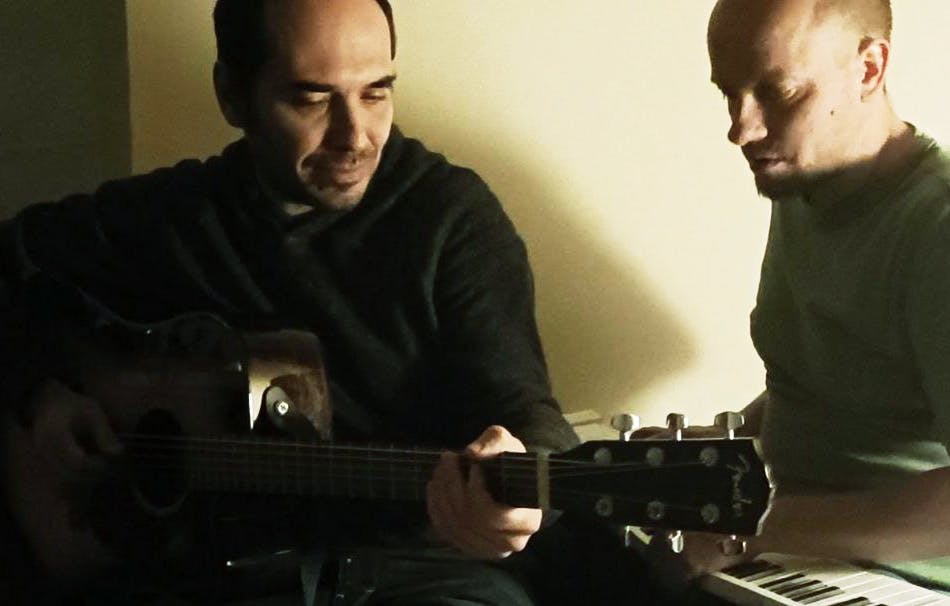
Loop-House Rewind | Arkadiy Kots Band and Anna Moiseenko in residency
protest present time
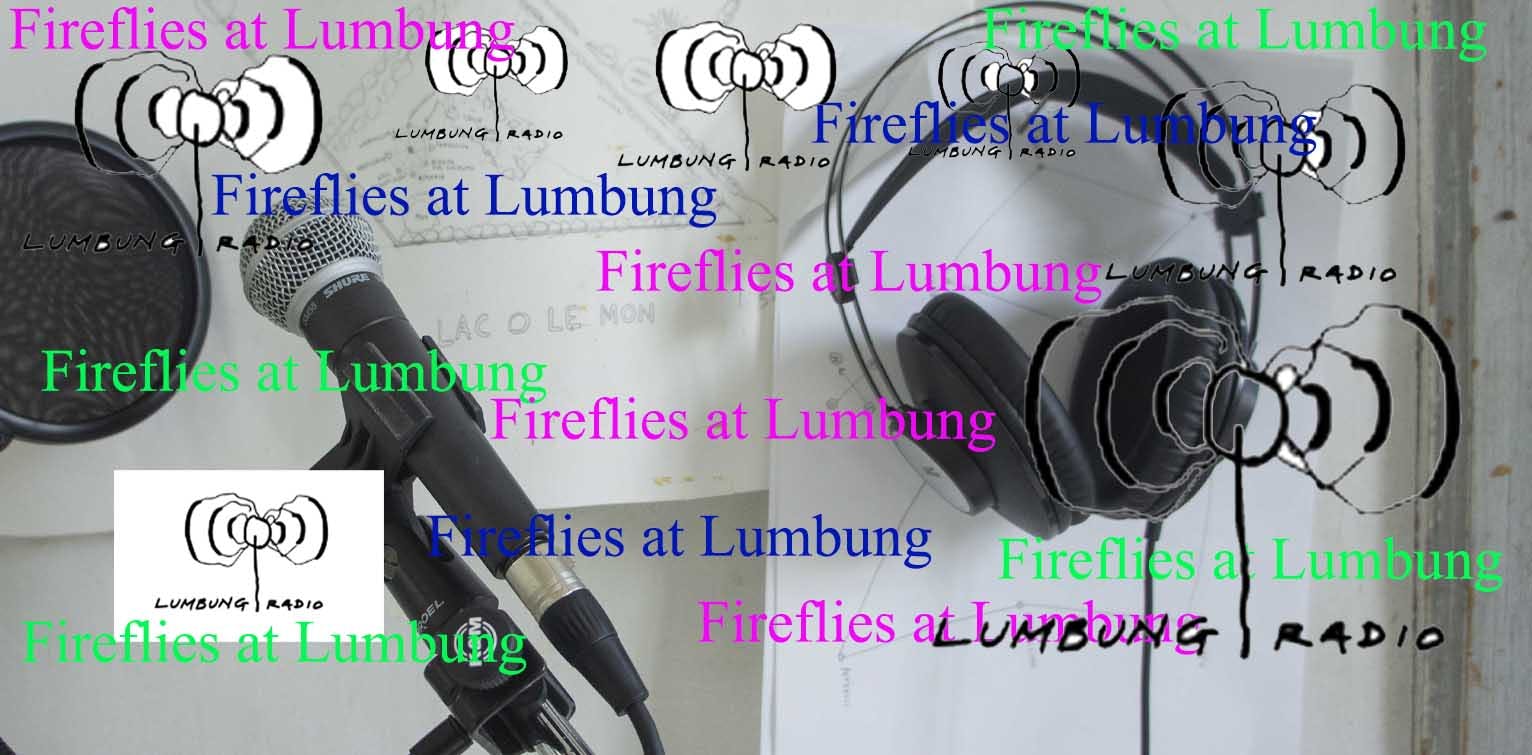
Becoming Fireflies | documenta fifteen encounter
Sept 21 | 3-5pm
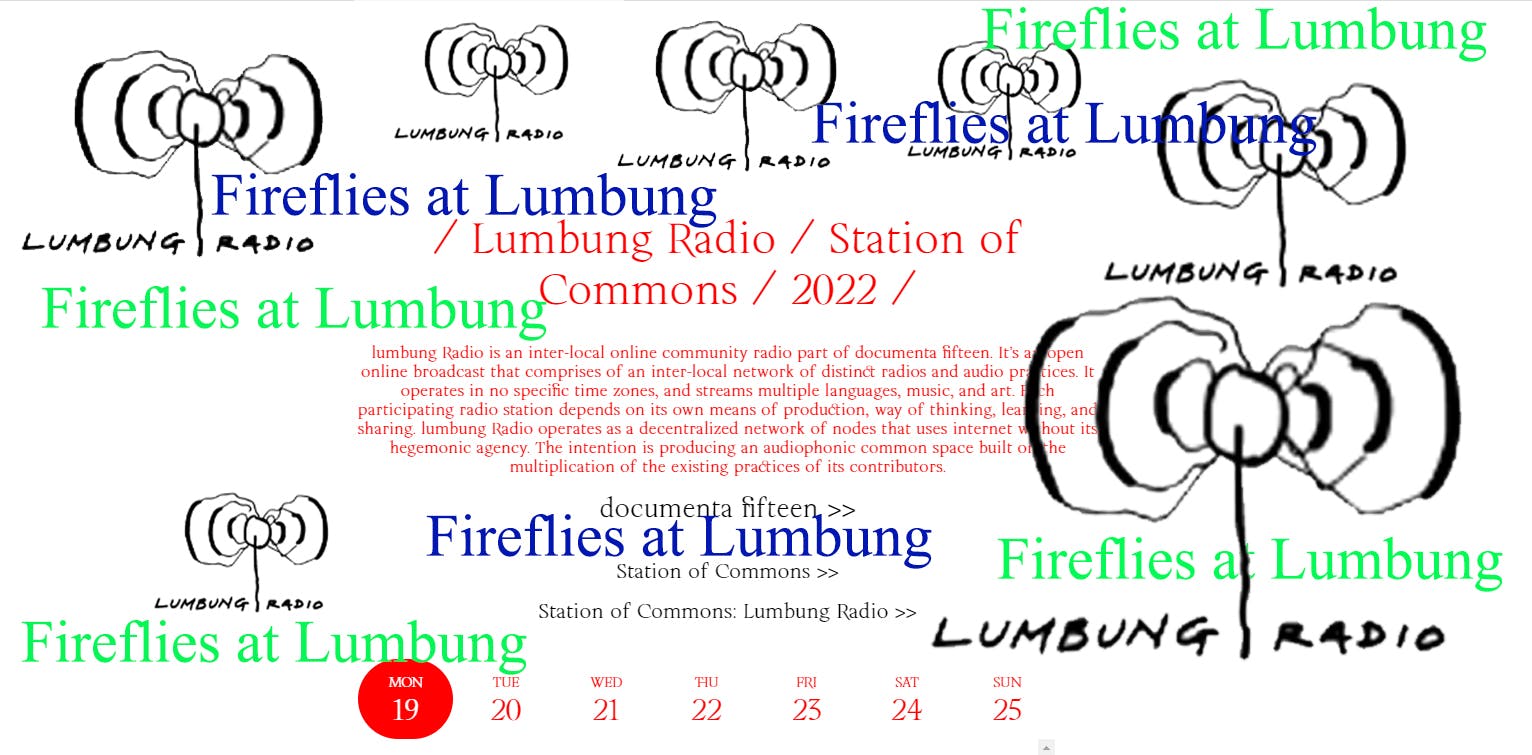
Becoming Fireflies with the Lumbung
documenta fifteen fff transmissions
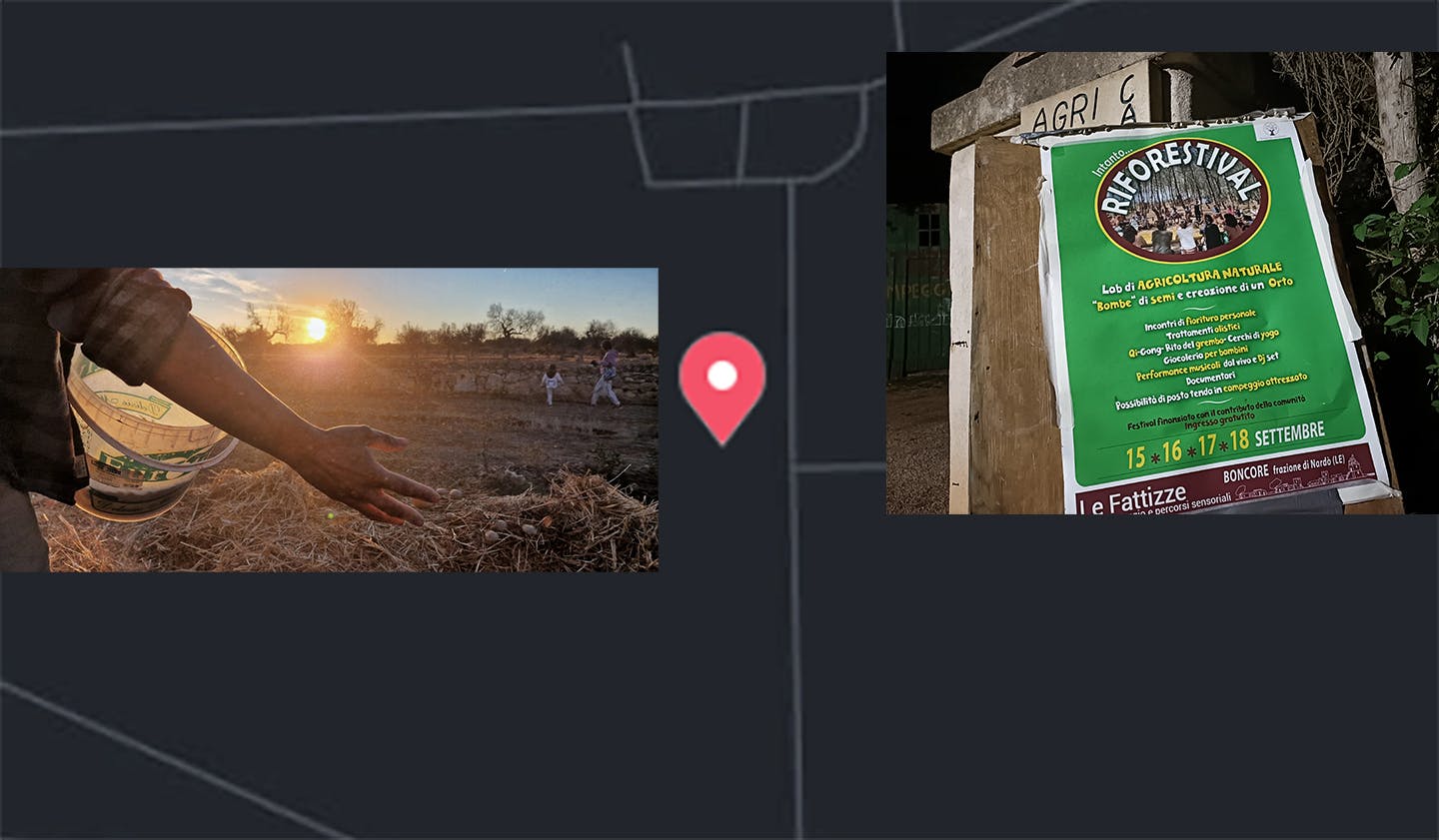
RiForestival | Le Fattizze
Sep. 15~18 | 2022
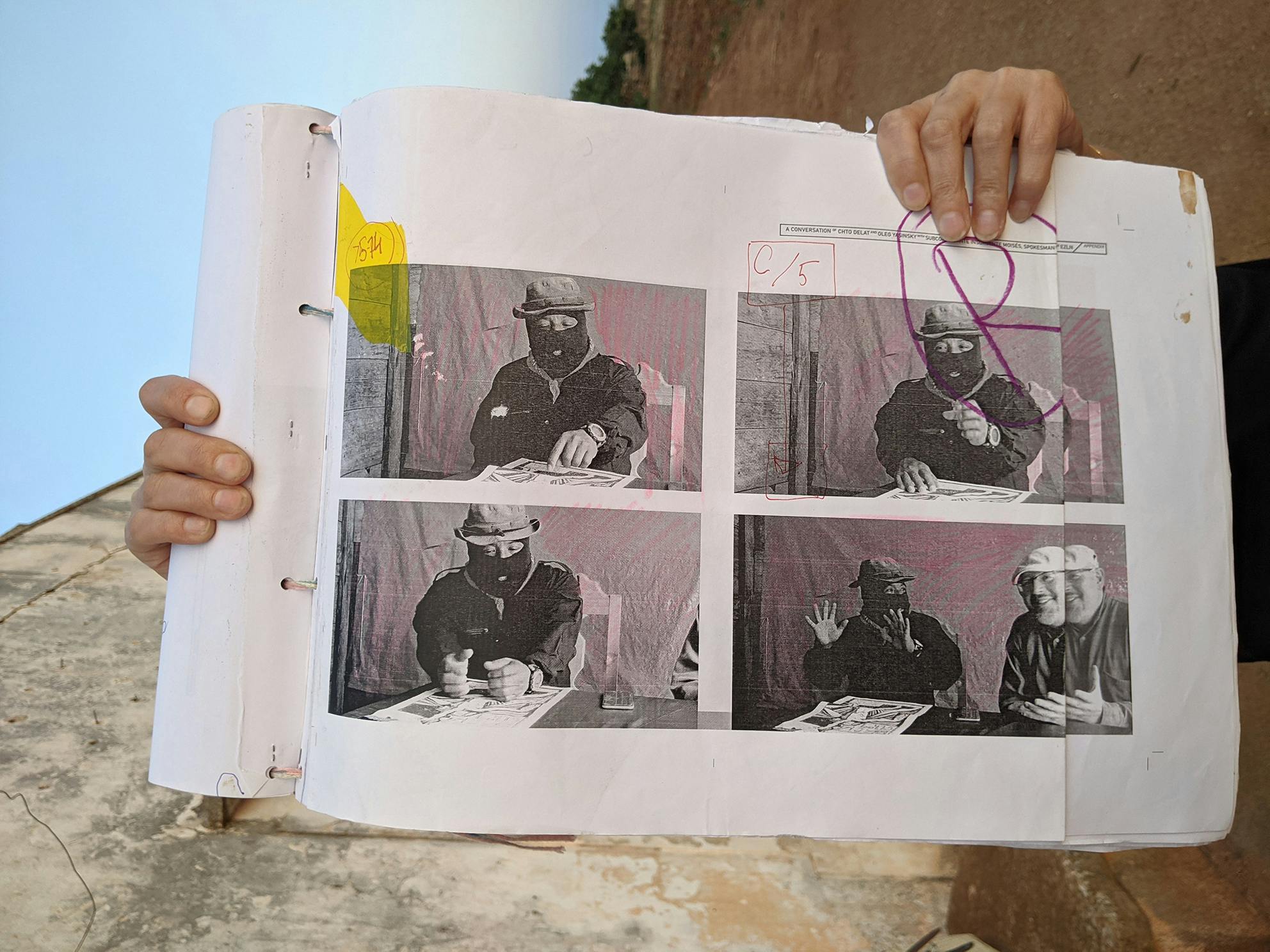
COMMONINGS w Chto Delat at HKW
NEW ALPHABET SCHOOL
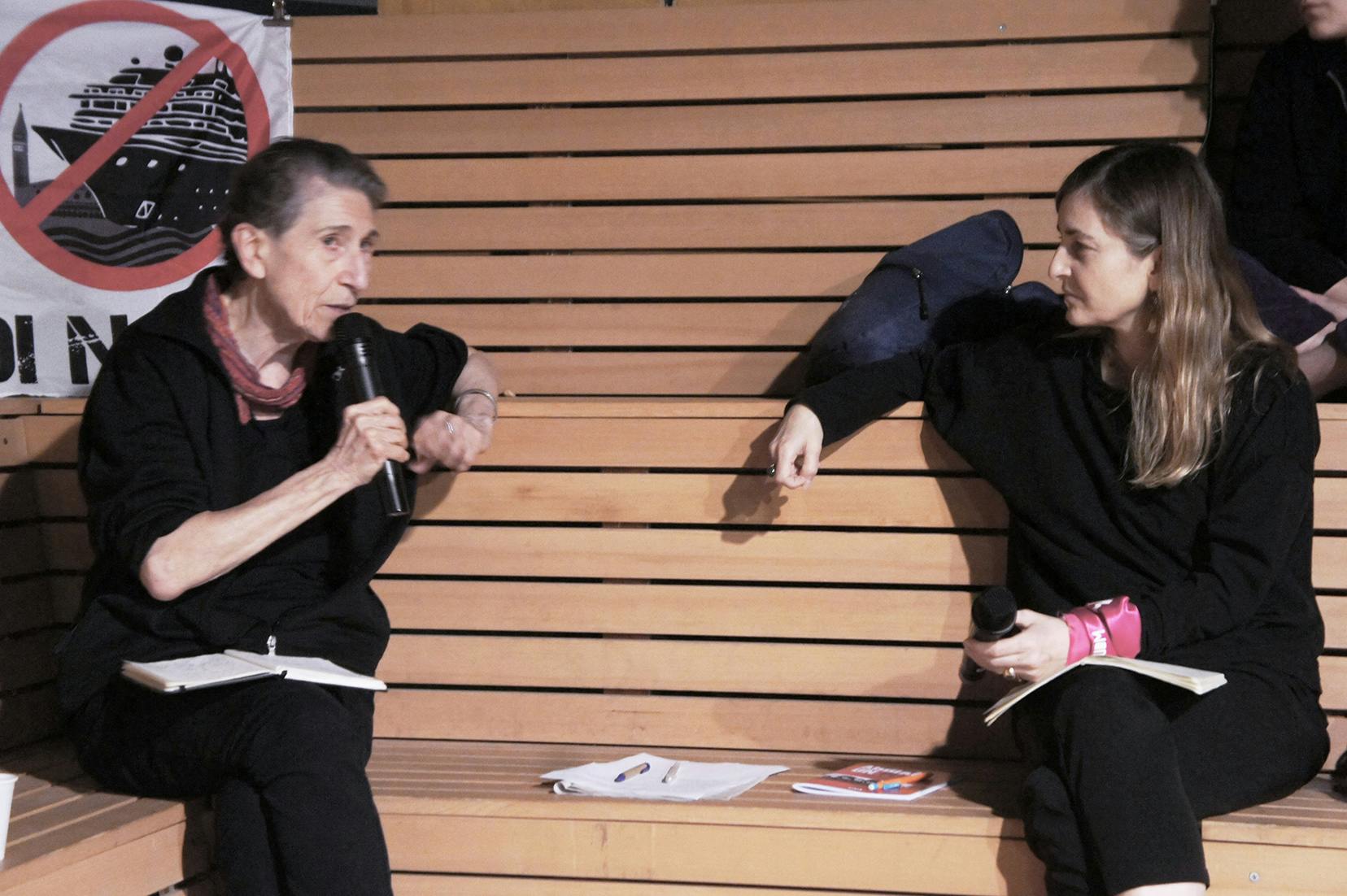
COMMONINGS w Silvia Federici, Peter Linebaugh moderated by Alessanra Pomarico
The NEW ALPHABET SCHOOL

Pasolini @ Notte Verde | 2022
Aug 29-31 | 2022
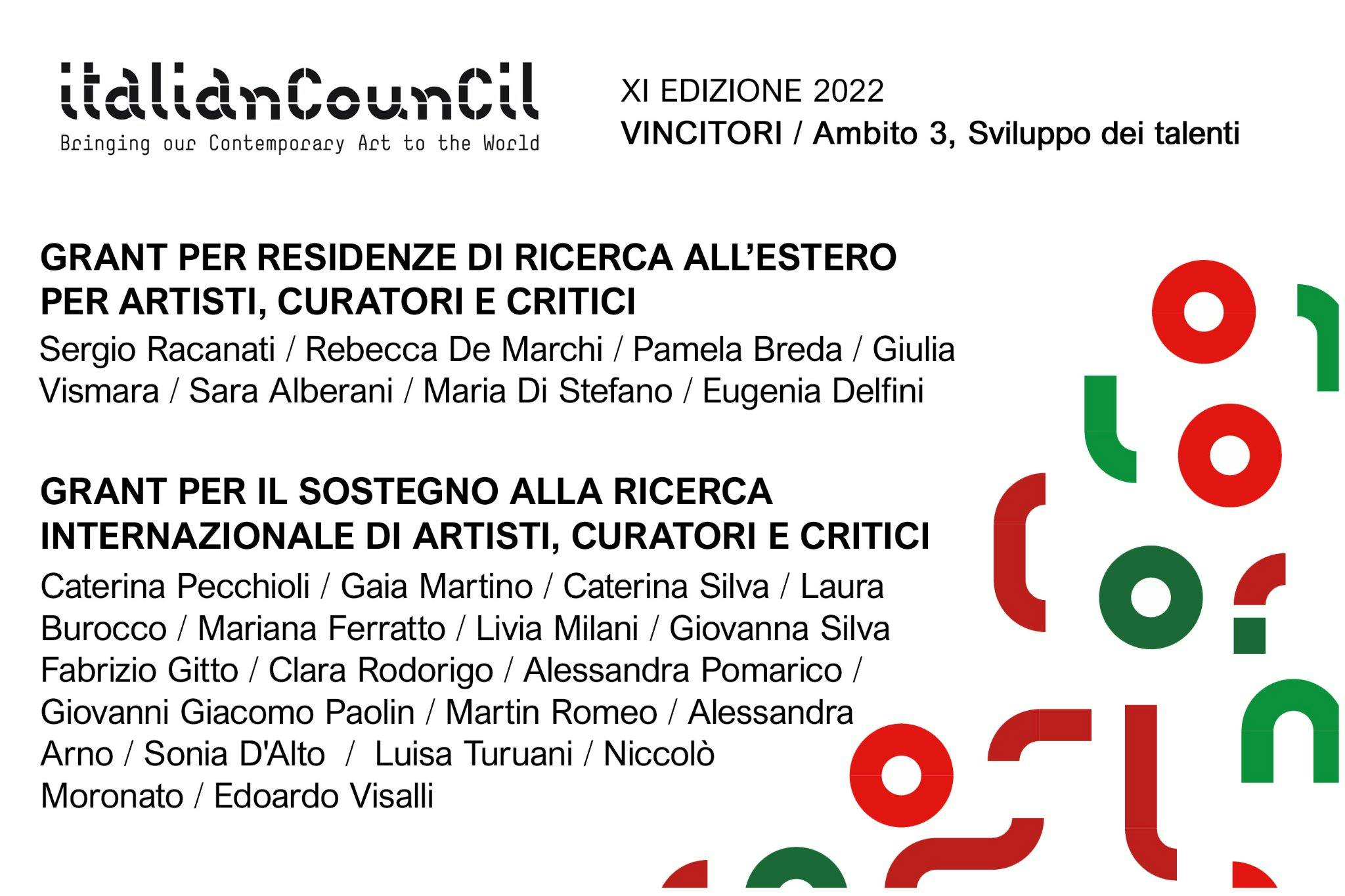
Alessandra won an Italian Council award
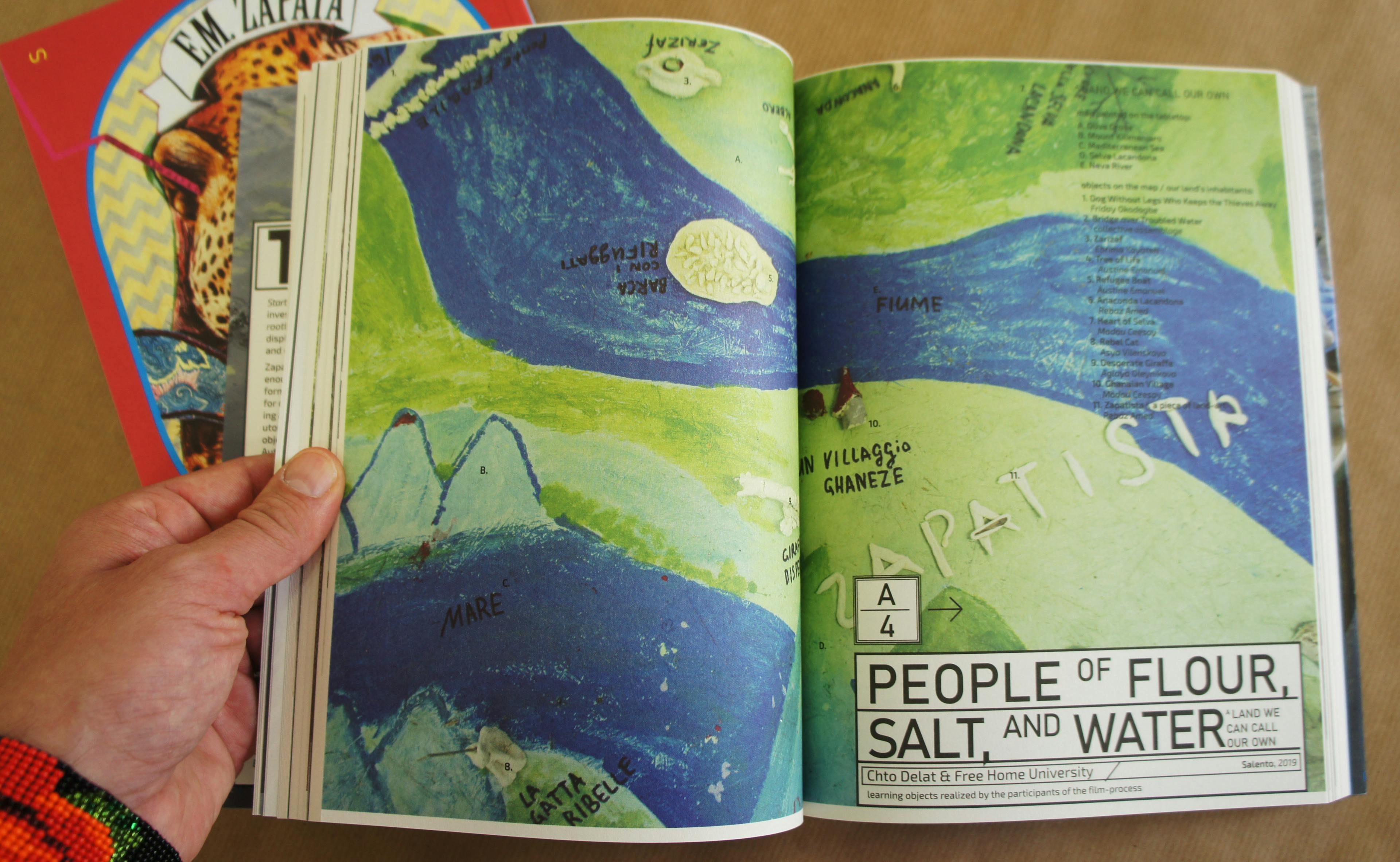
People of Flour @ FATTIZZE DOC FESTIVAL
Aug-6 | book'n'film presentation
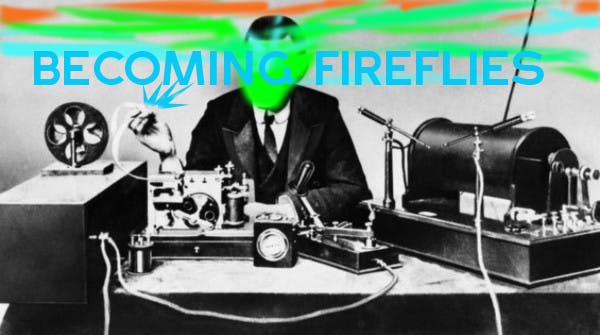
Becoming Fireflies @ lac o le mon
practices of radio > affective listening > transversal transmission
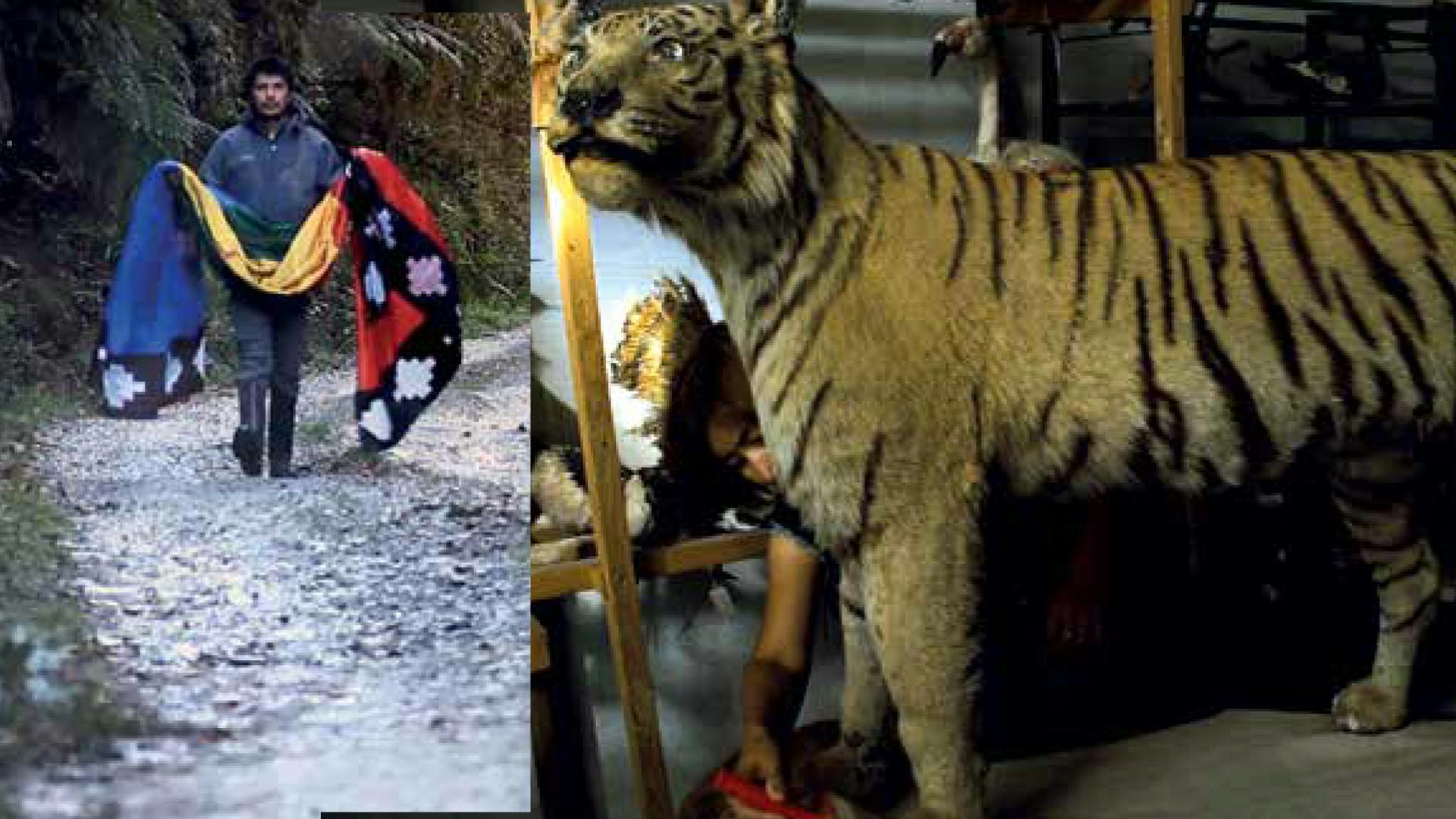
Reclaiming Wider Ecologies of Knowledge @ tranzit.sk
July 7-8-9
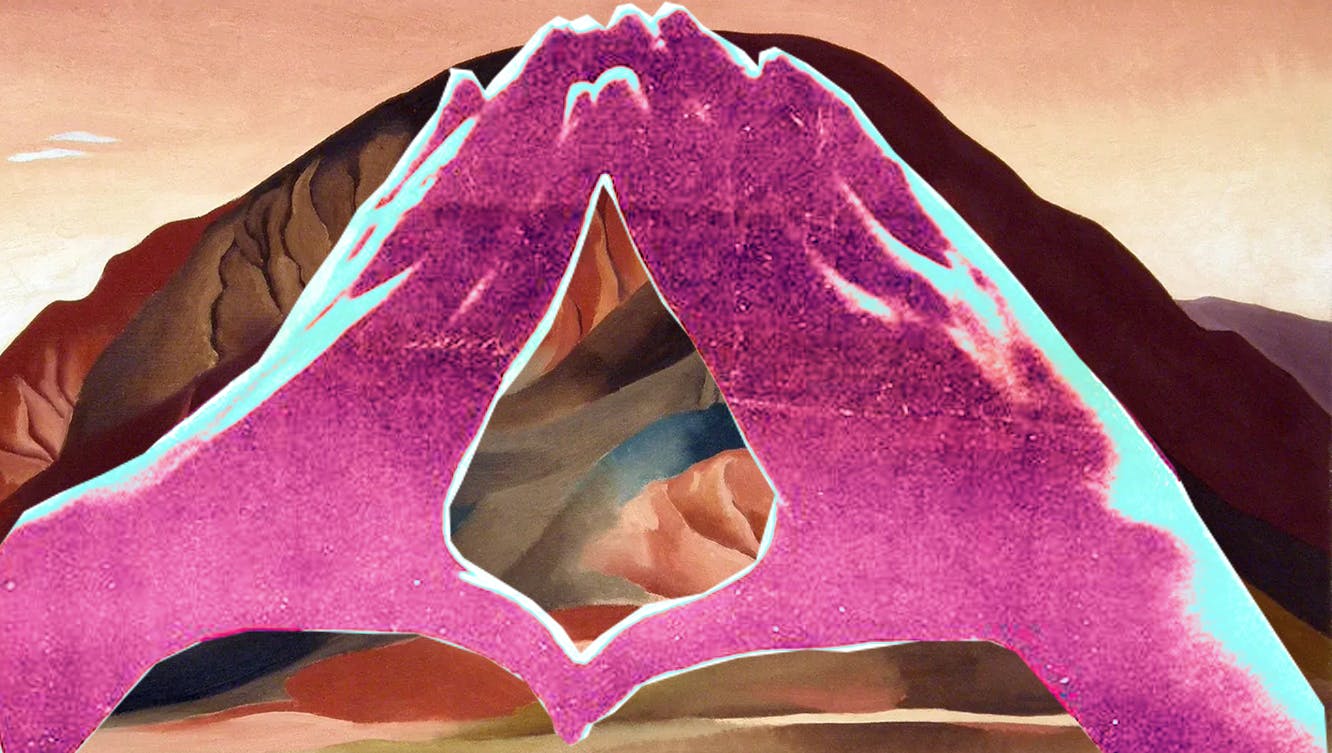
ECOLOGIES of CARE | Ljublijana
23 –25. 6. 2022
screening & talk || Chto Delat @ Grounding~Seeding
film screening and artist talk || 26 May 2022, 7pm
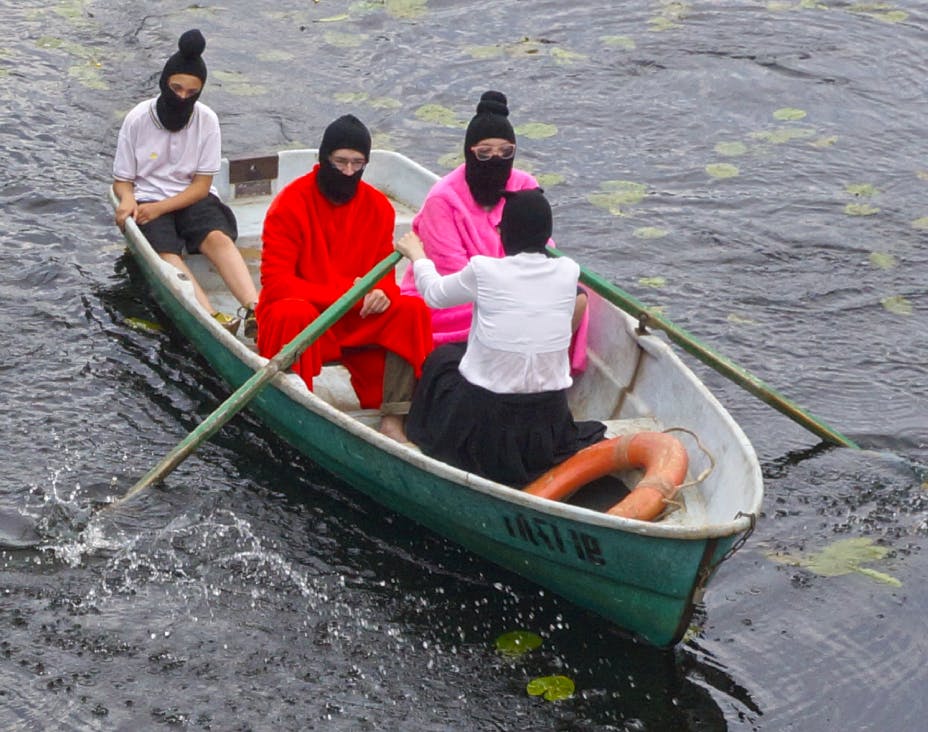
Guelph Book Launch @ Musagetes
When the Roots Start Moving: Film Screening & Conversation with Alessandra Pomarico and Nikolay Oleynikov Sunday, May 29, 2022 /// 2pm Heritage Hall /// 83 Essex Street, Guelph, ON
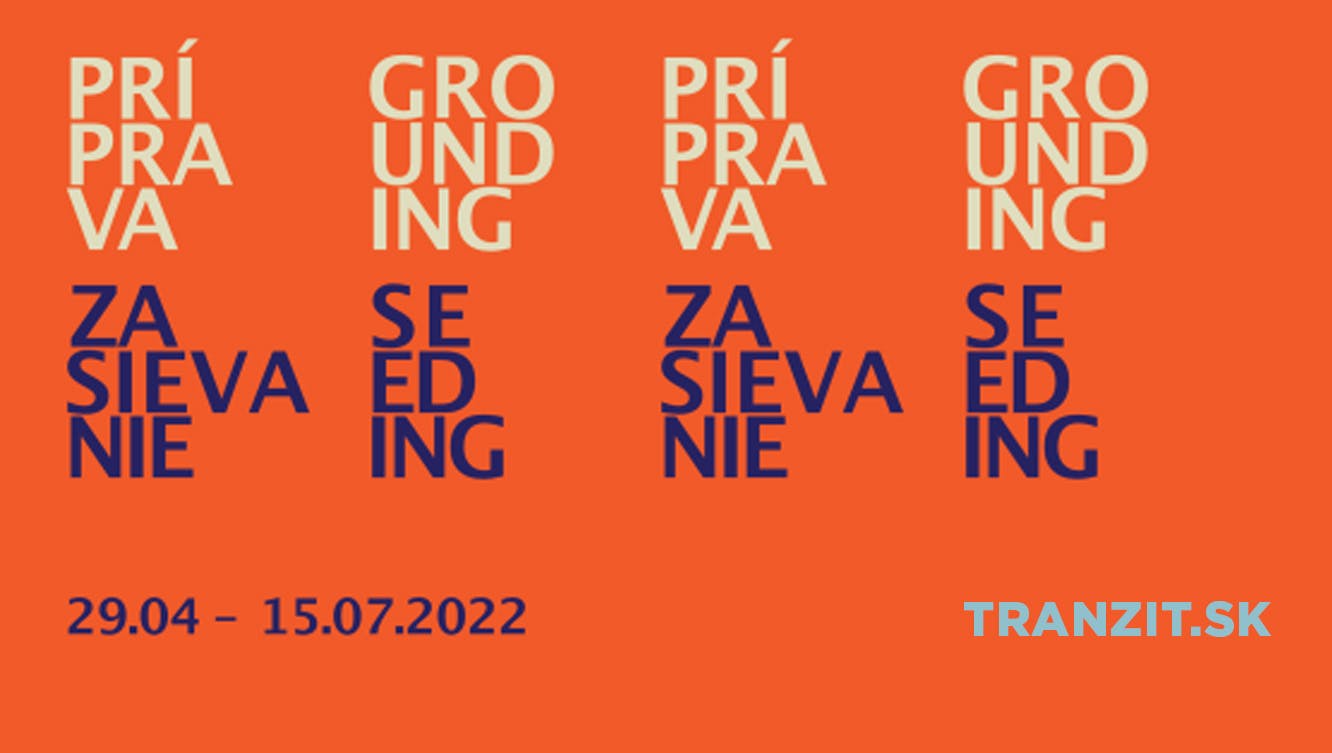
Grounding~Seeding @ tranzit.sk
exhibition project in Bratislava
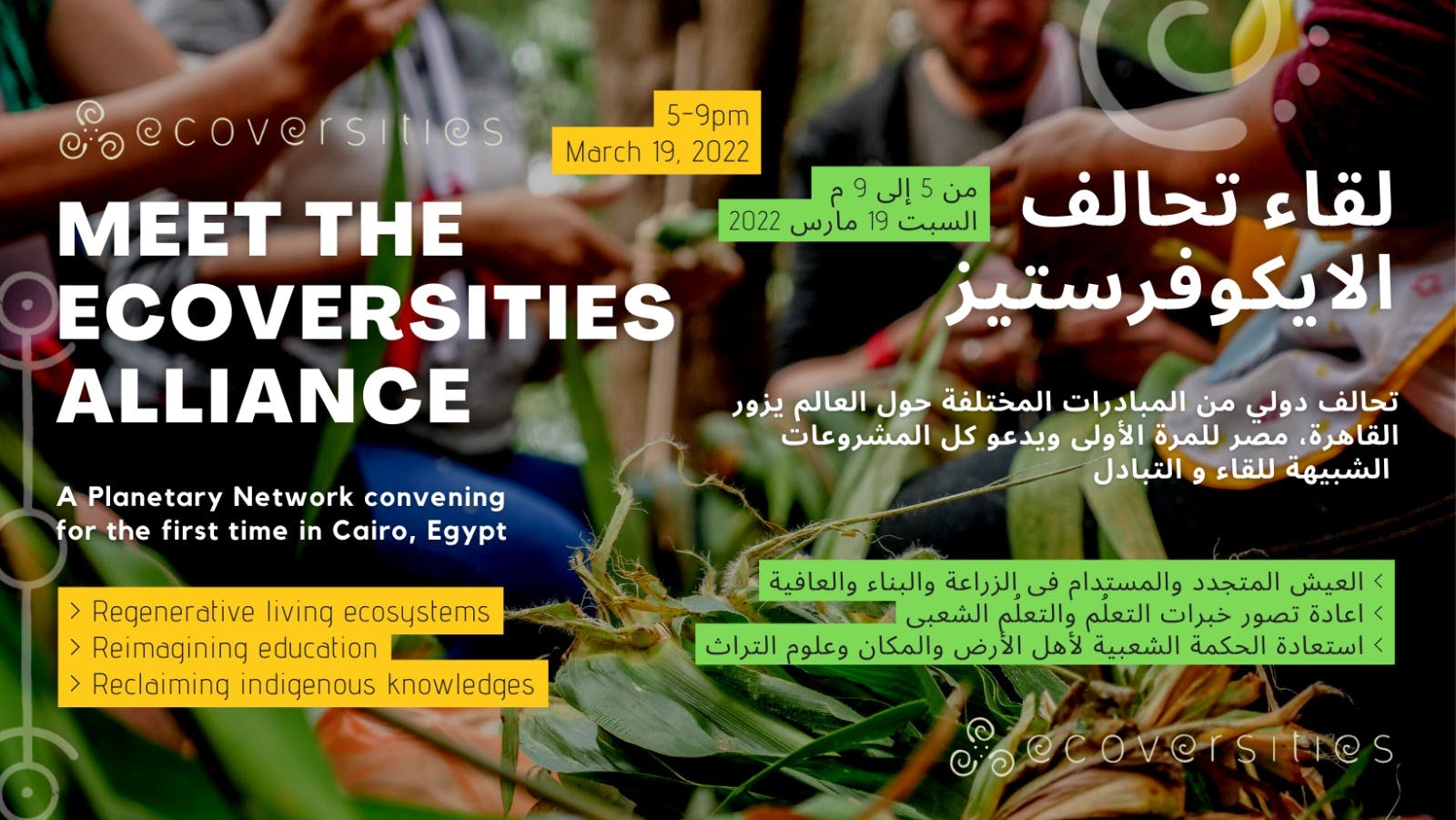
Ecoversities Sixth Planetary Gathering in Egypt
19-26.03.2022
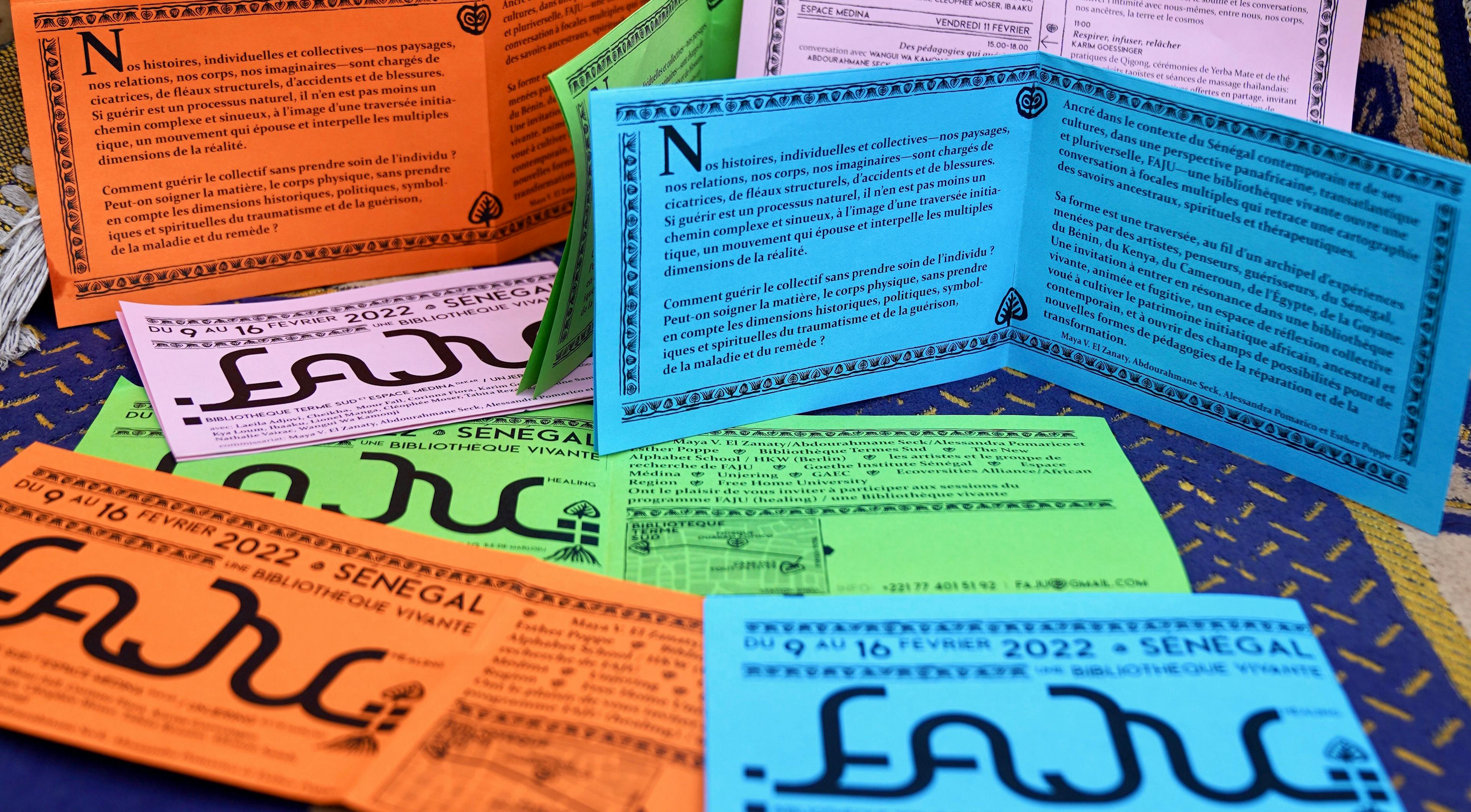
FAJU in Dakar || Feb, 9 to 16
second edition gathering
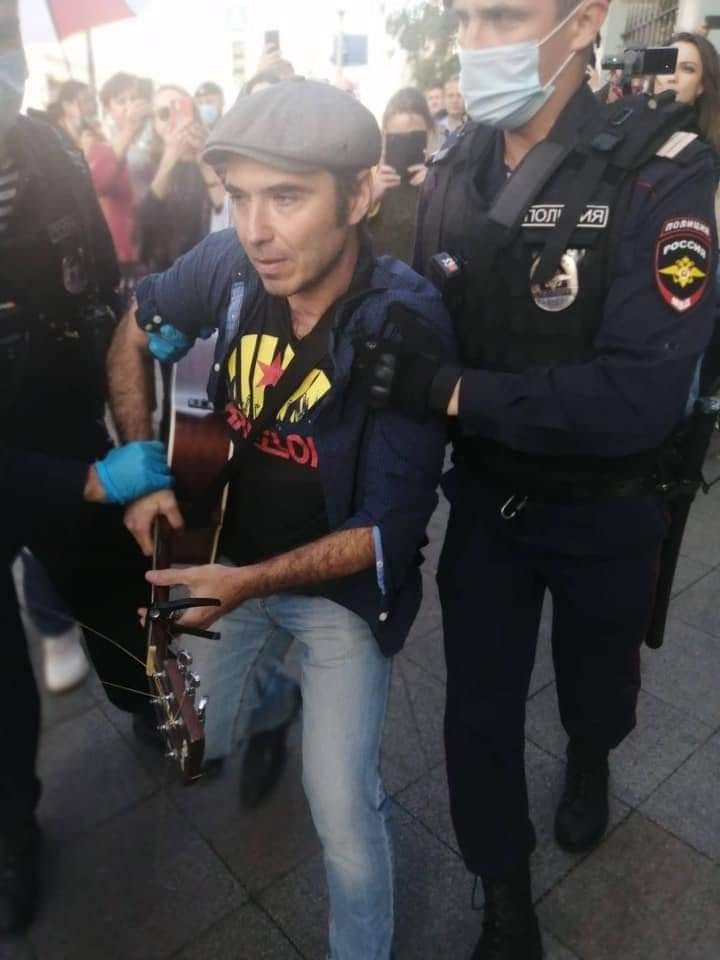
Kirill Medvedev is imprisoned
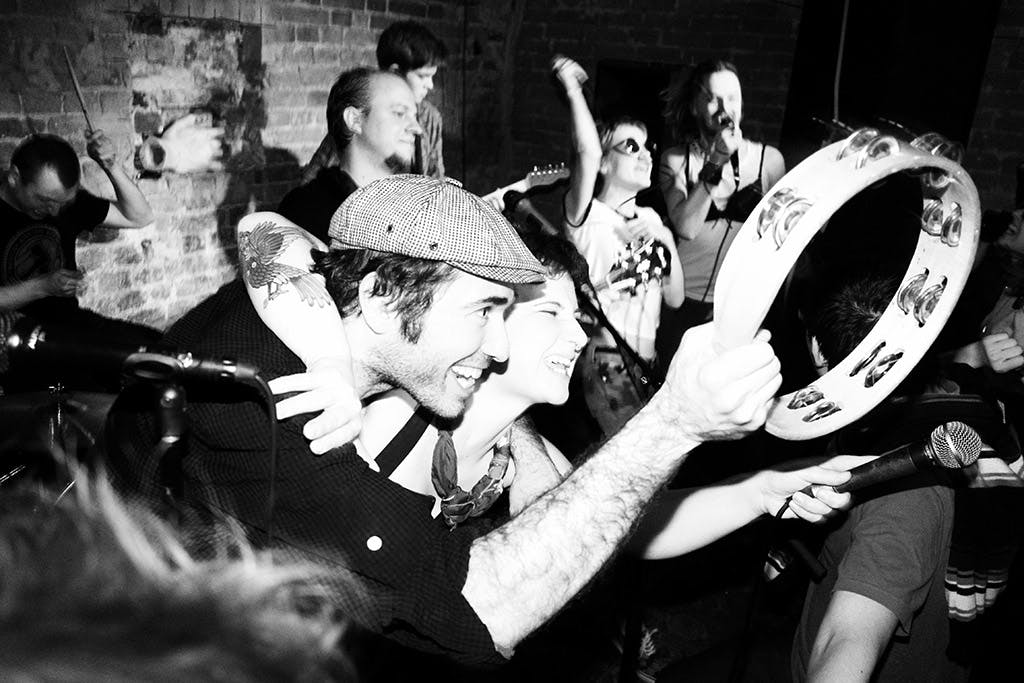
Partizan Jam at Partisan Cultures
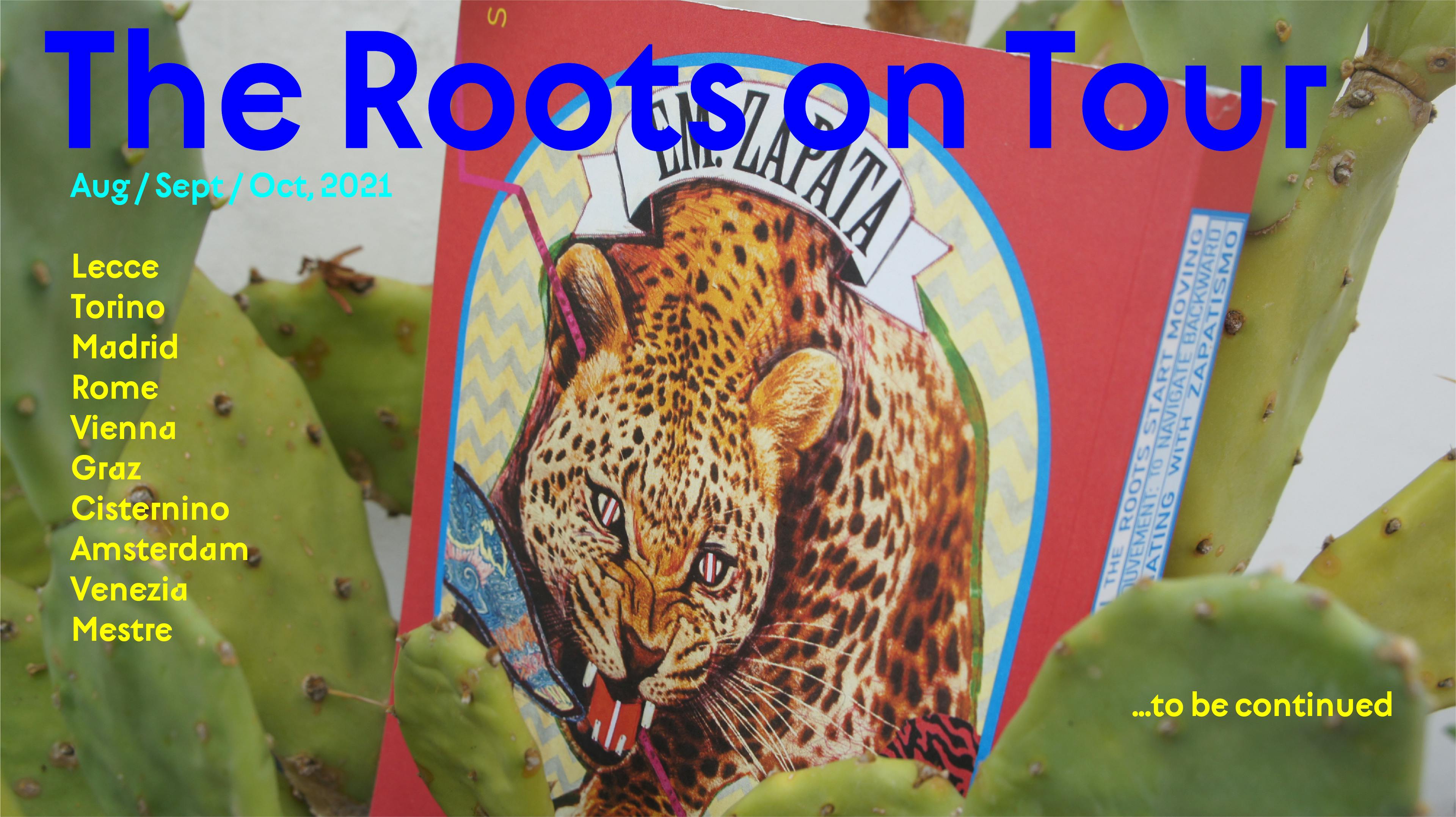
When the Roots Start Moving || launching tour
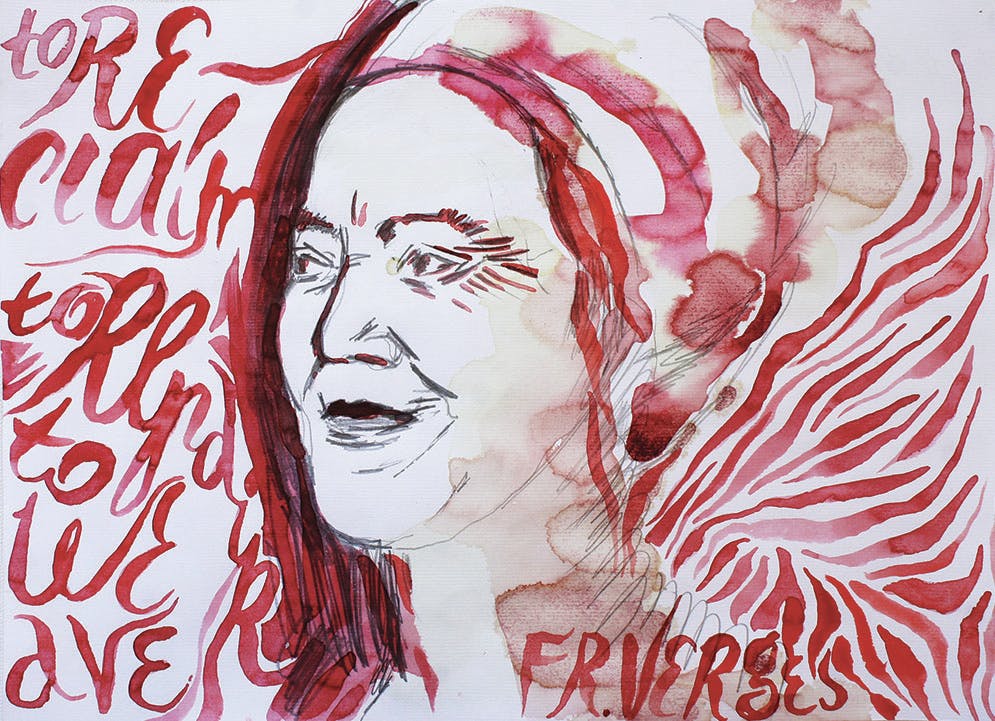
Françoise Vergès and Rachele Borghi || public events of M.E.D.U.S.E. in Salento
Aug 26 & 28
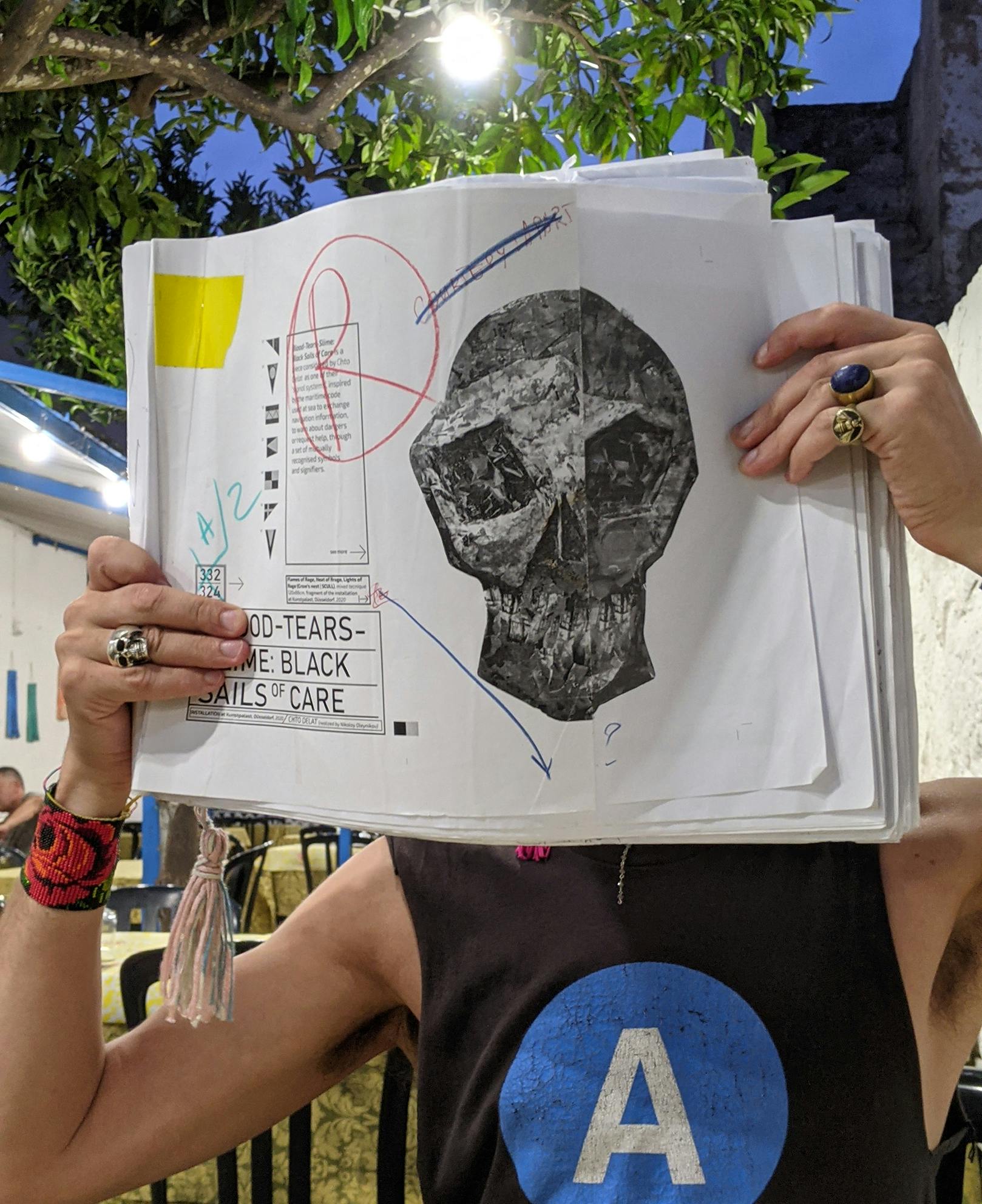
"R" is for "Revised" (and sent to print)
the book is delivered to the print house Giorgiani
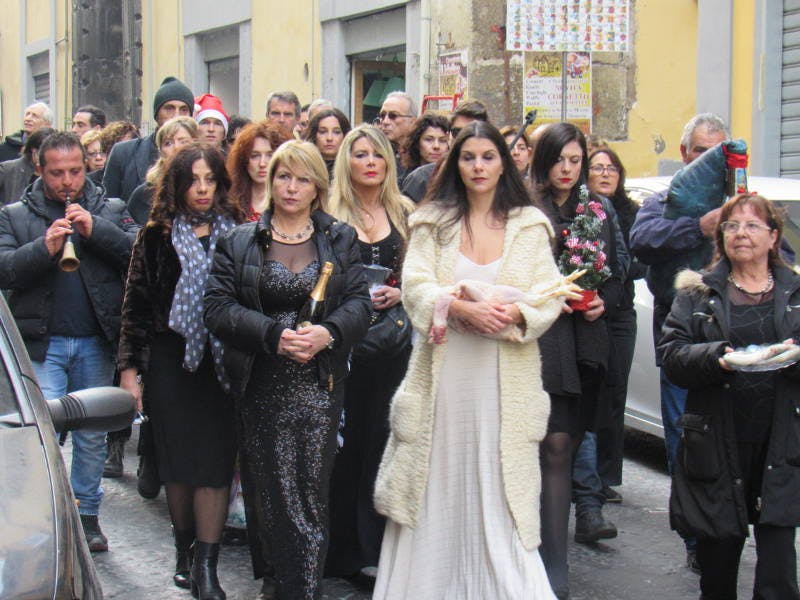
M.E.D.U.S.E. in Dialogue around the Mediterranean @ Domus, Galatina
19 – 25 July 2021
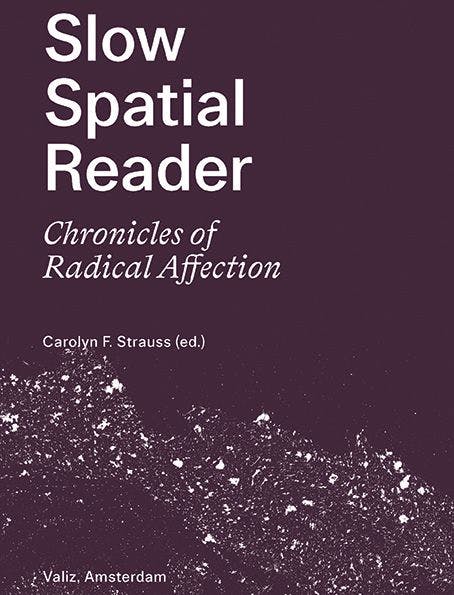
SLOW SPATIAL READER | book launch
July 8th, 2021, 19:30–21:00
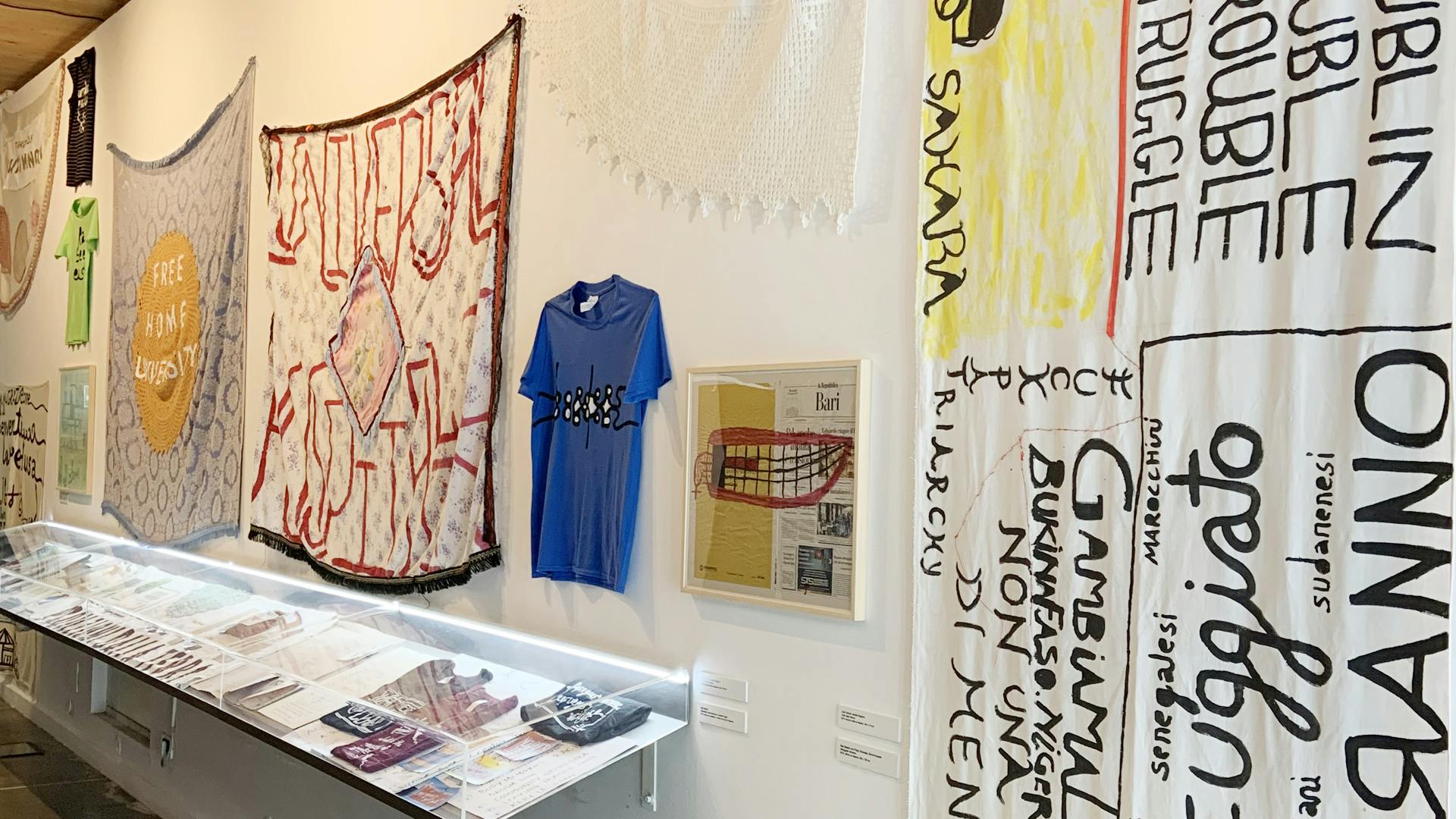
SUSTAINING ASSEMBLY | PAV, Torino
07.05.21 / 24.10.21
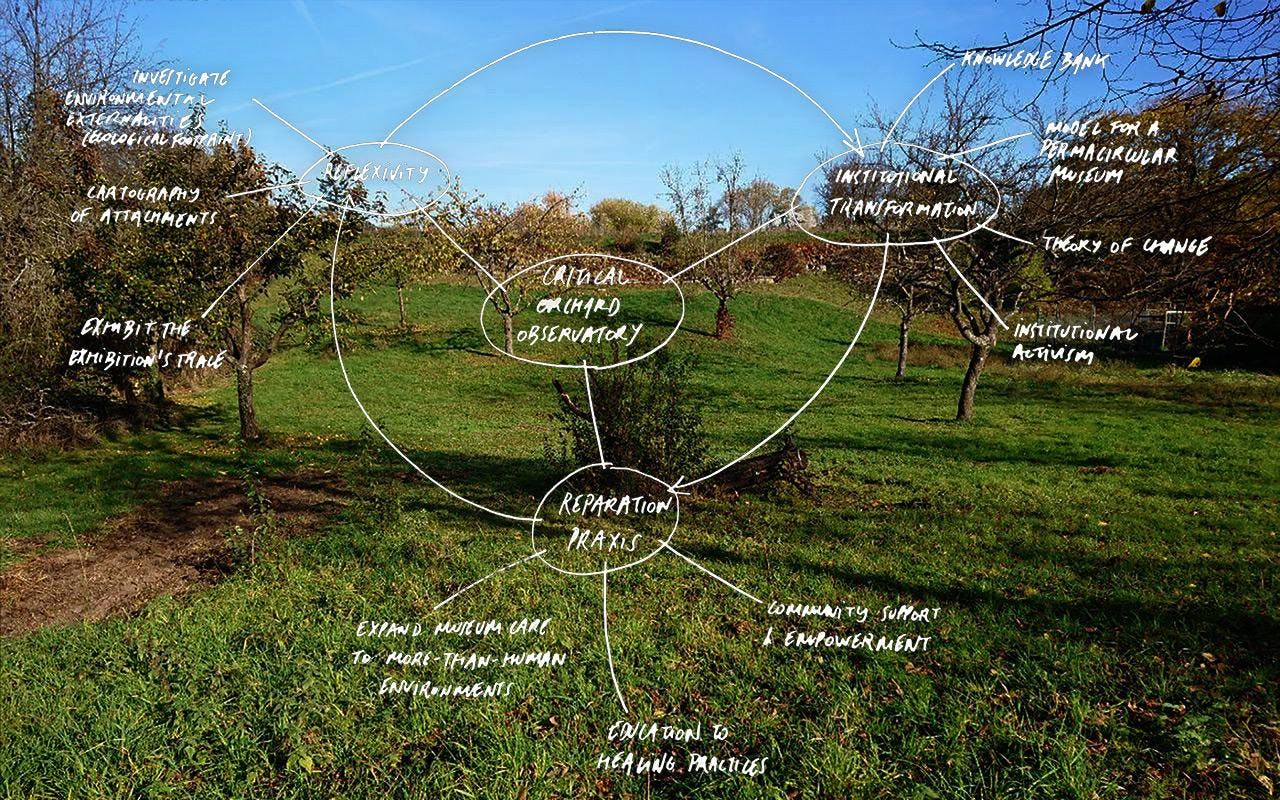
ZKM || Assembly for Permacircular Museums
ZKM || Apr 23
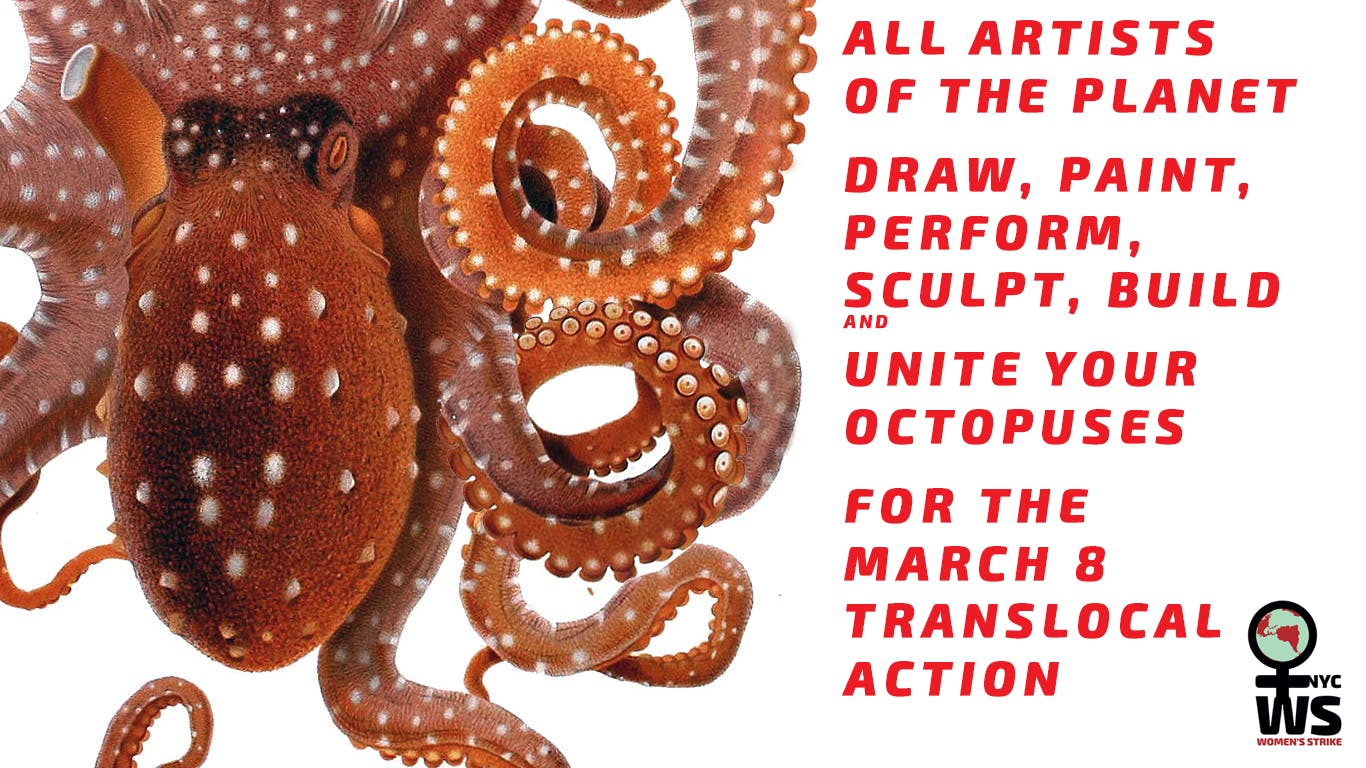
ARTS for WOMEN'S STRIKE
octopusVSpatriarchy
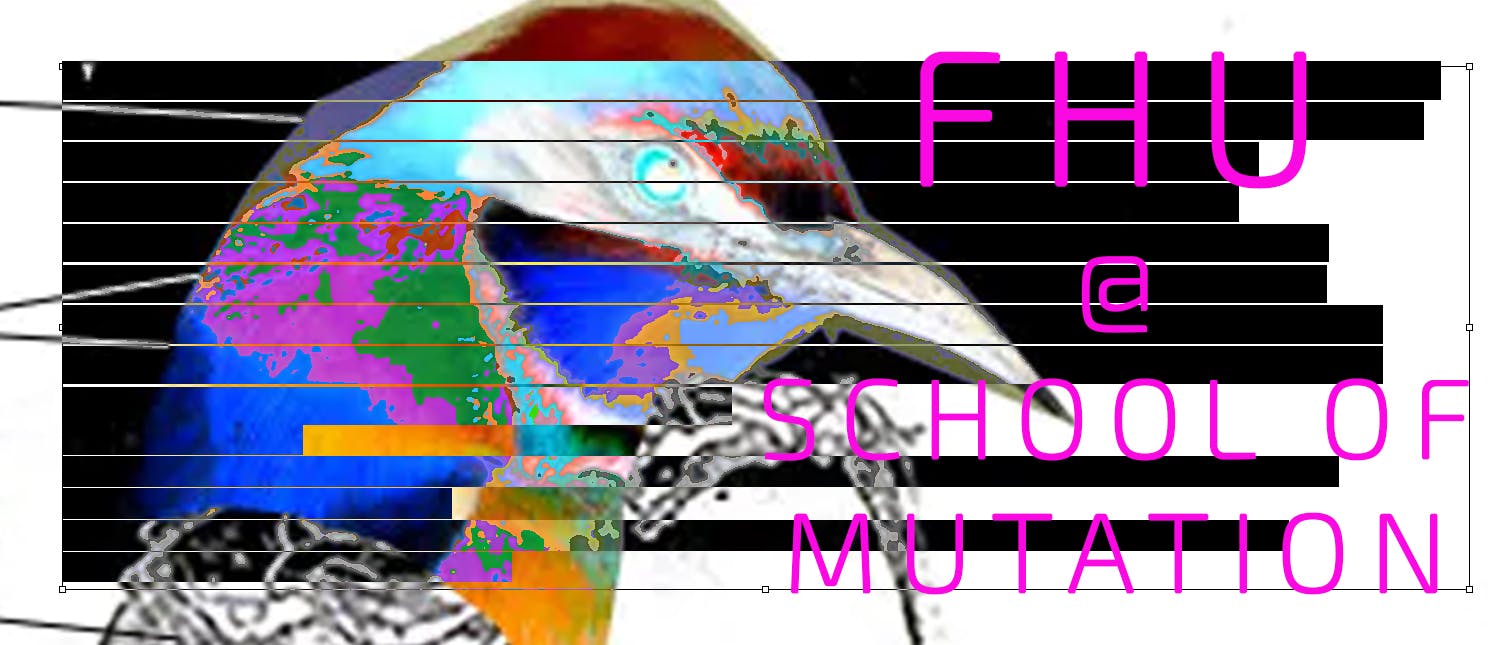
ON ECOLOGIES OF KNOWLEDGES || Alessandra in debates @ the School of Mutation (IRI)
Institute of Radical Imagination in dialogue w Dm. Vilensky
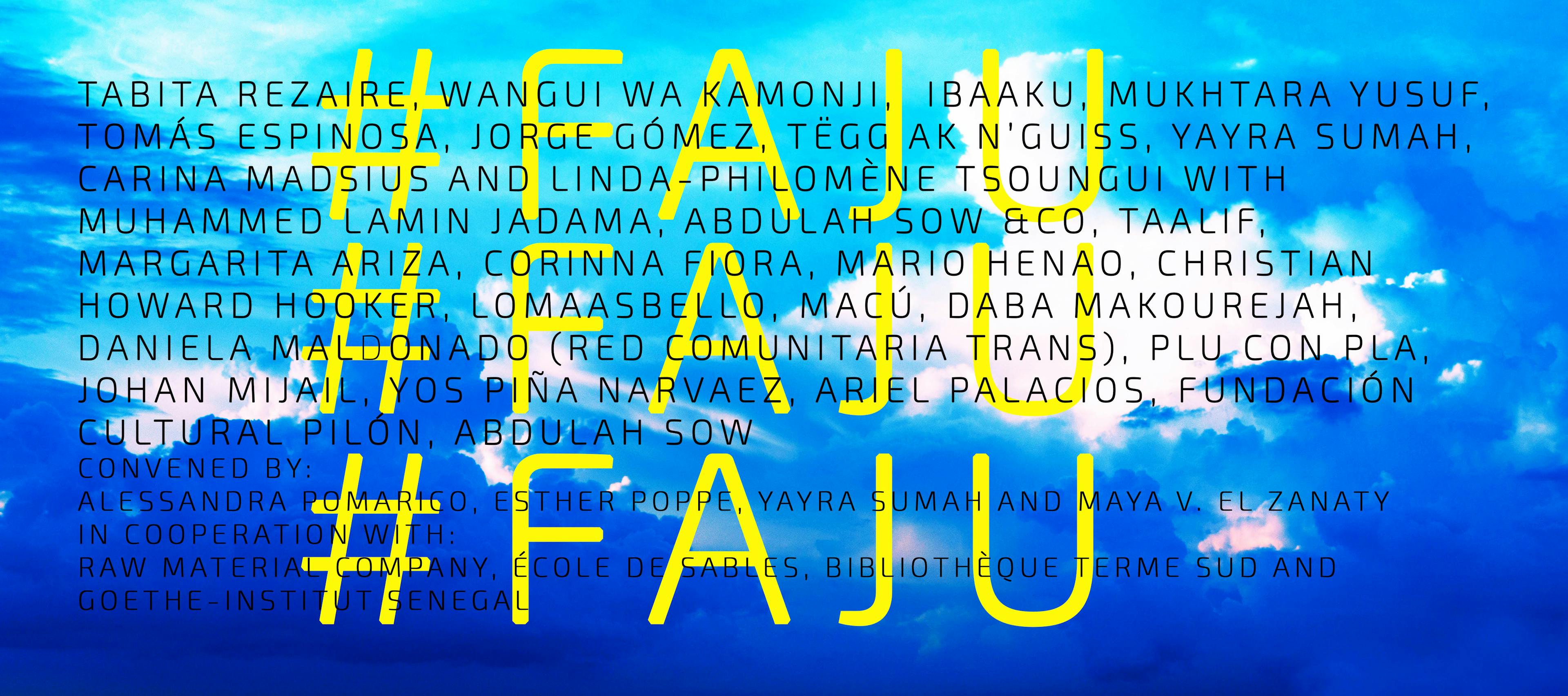
#Healing (Faju) || Feb 4-6
New Alphabet School @HKW (Berlin)
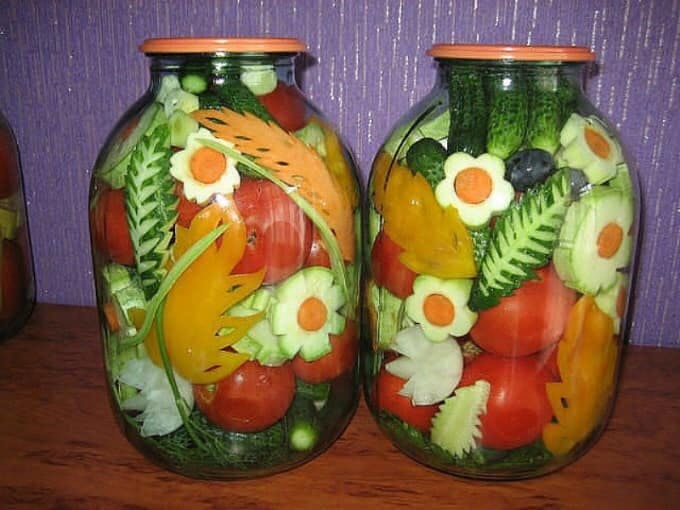
2 new pieces in Partizan Jam collection
keep on studying antifascism
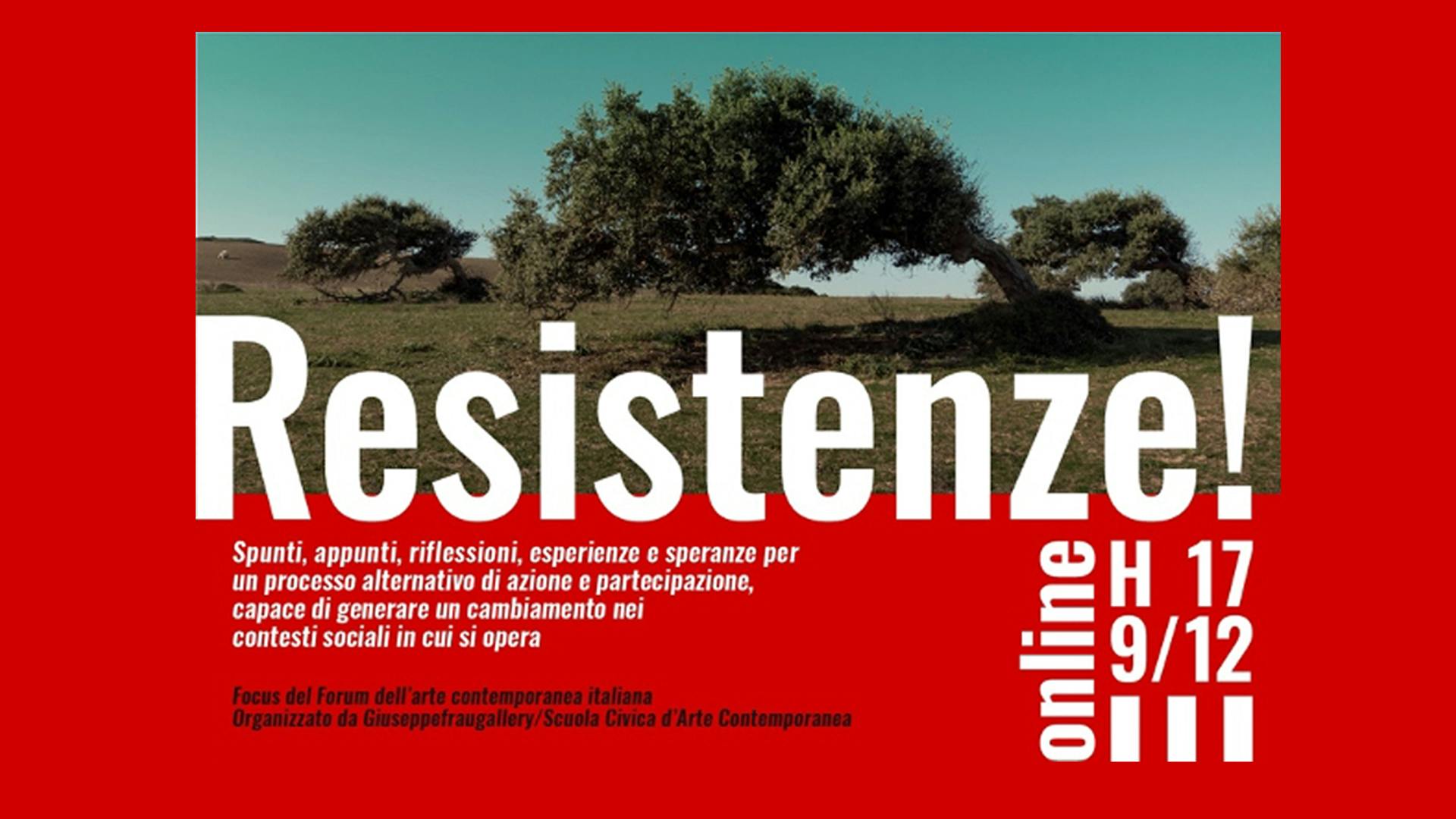
FHU@Forum dell'Arte Contemporanea Italiana
Resistances / Radical Pedagogy
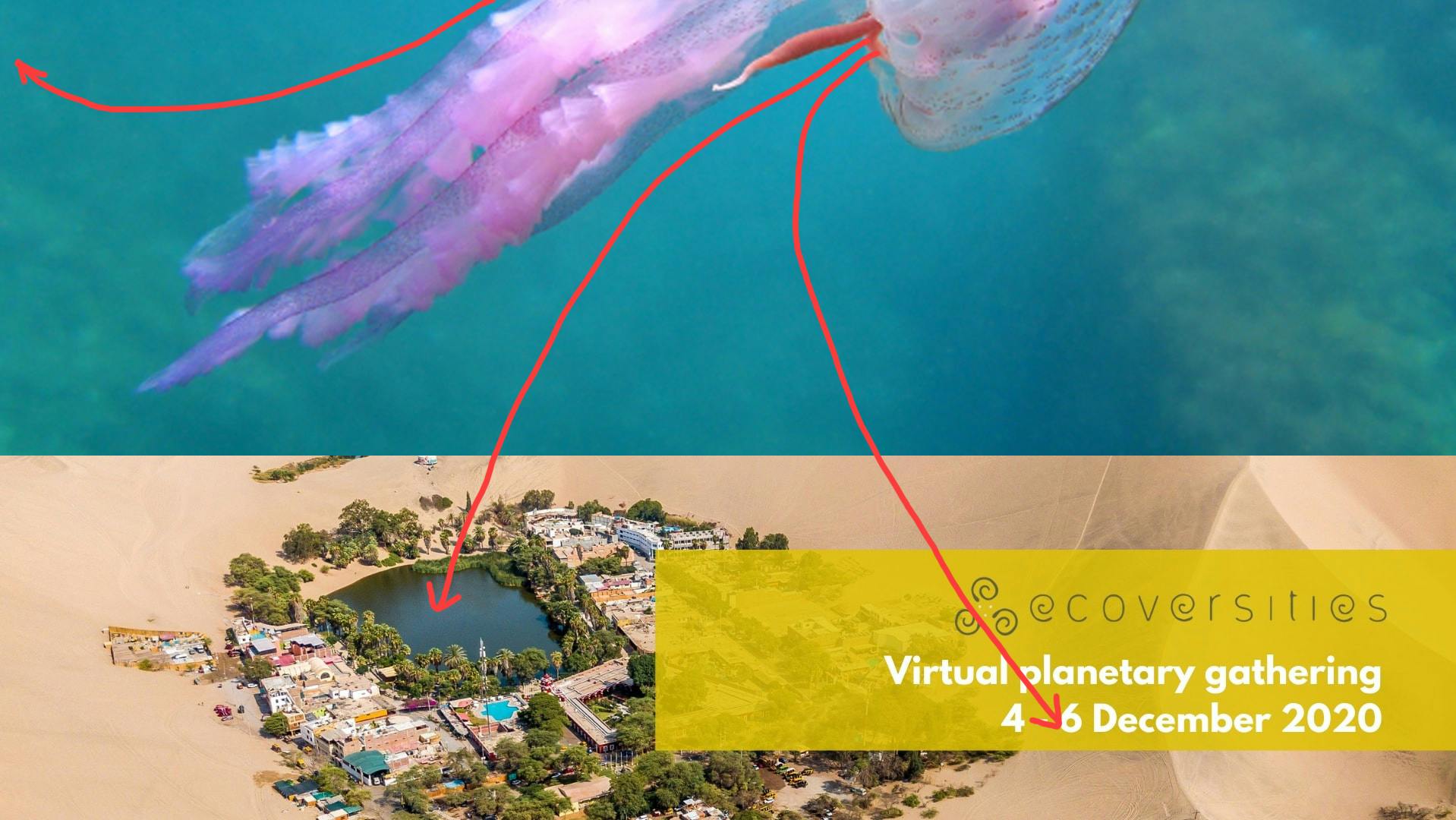
M.E.D.U.S.E. float @ Ecoversities
Dec.06 || 9.oo PM CET
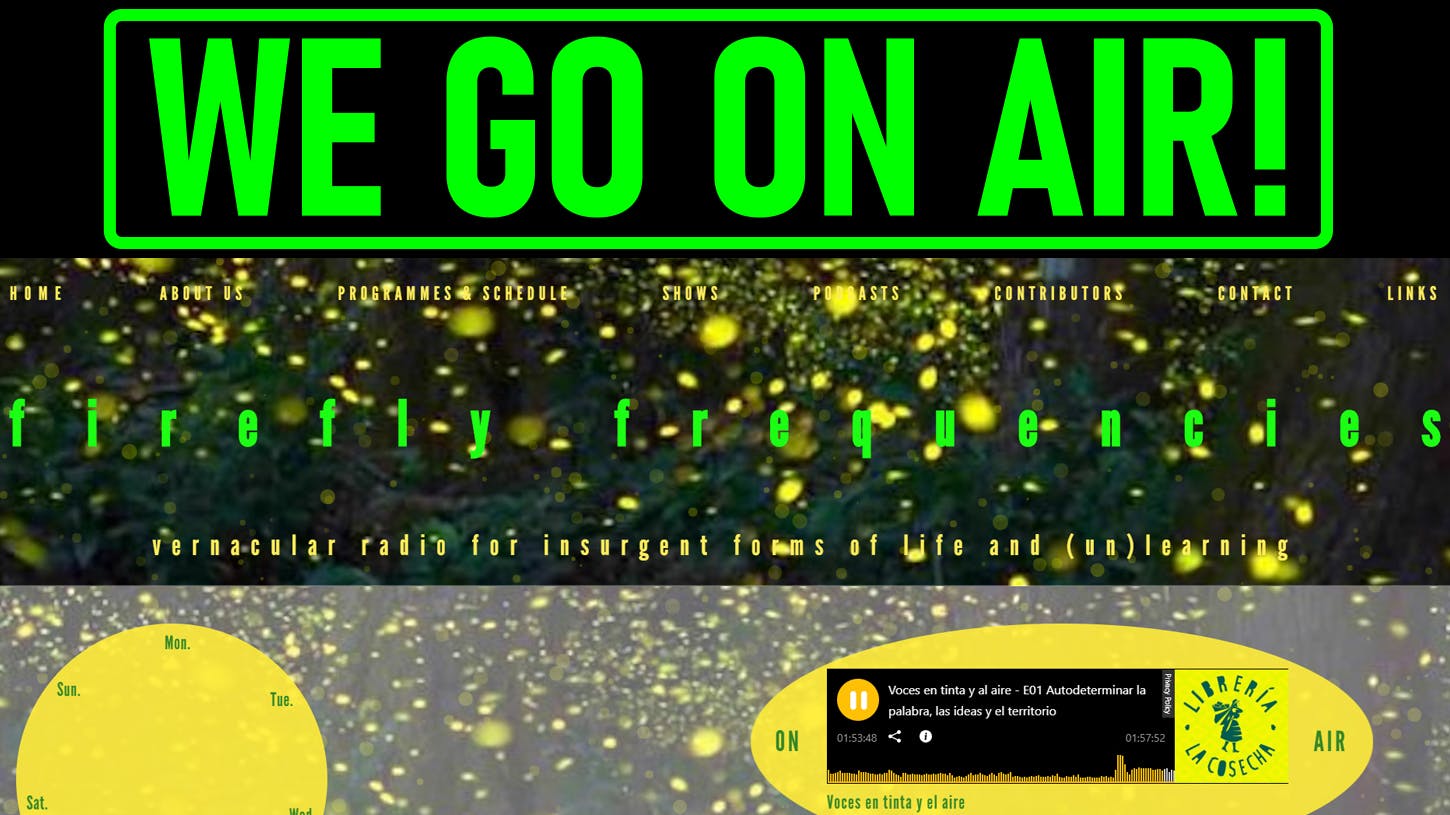
Firefly Frequencies || since Dec 5, 2020
launch of the online radio
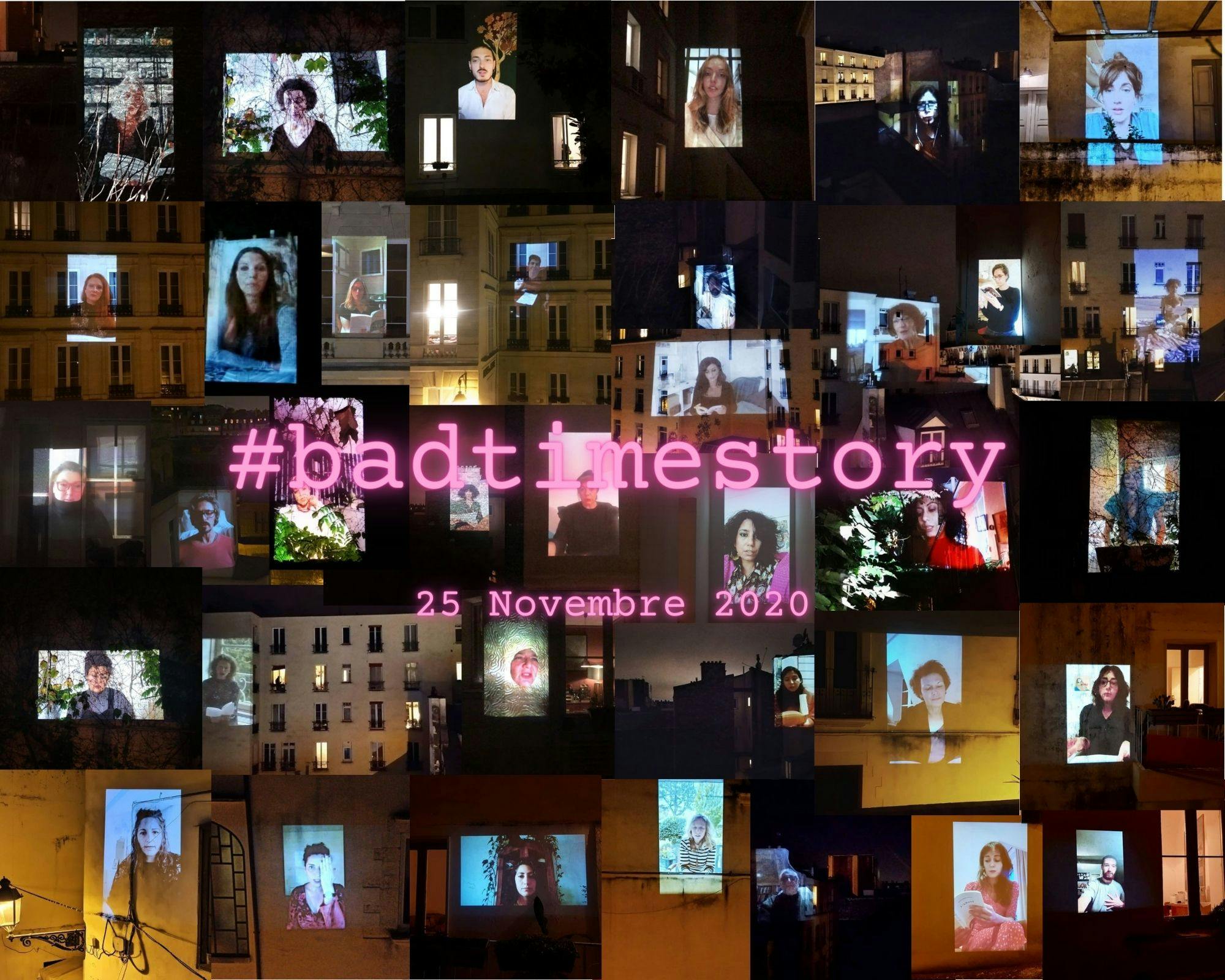
International Day for the Elimination of Violence against Women
bad-times-story
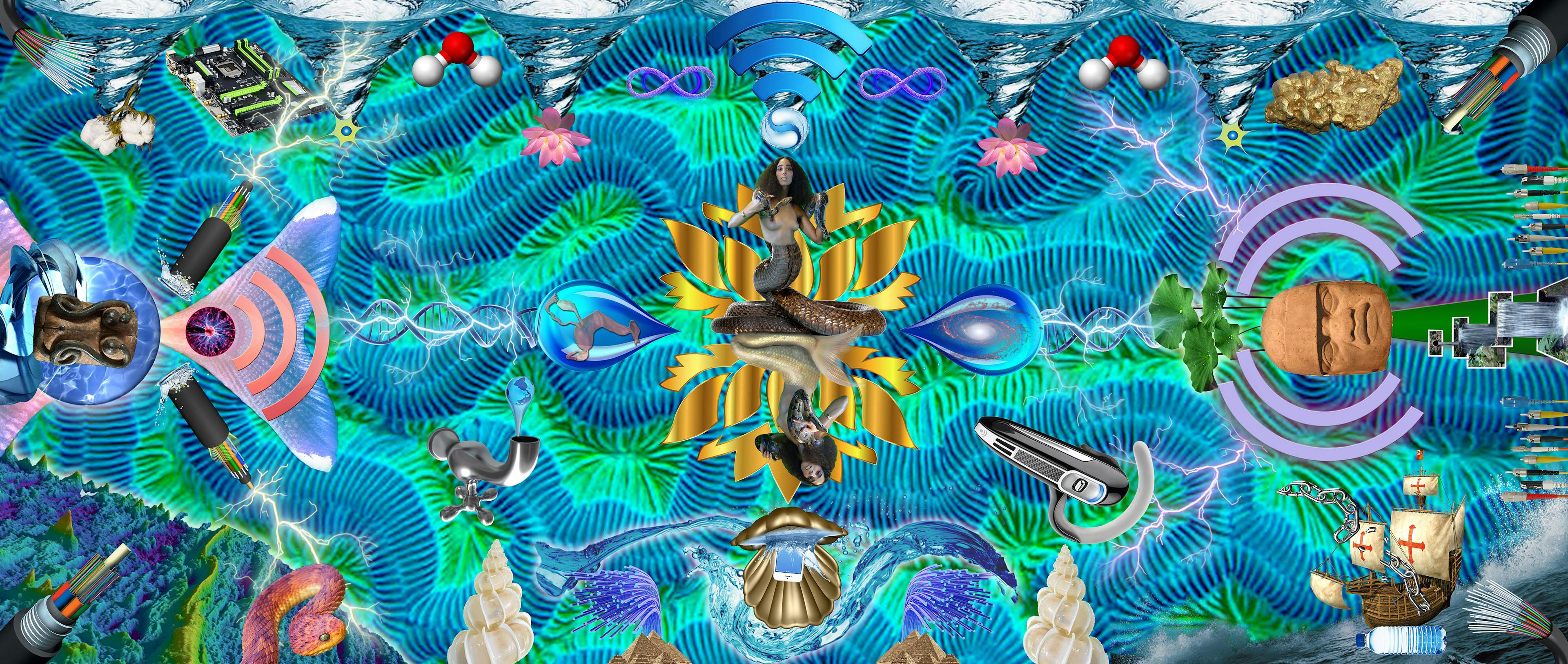
#HEALING Dakar\Berlin || Feb 2021
FHU@HKW
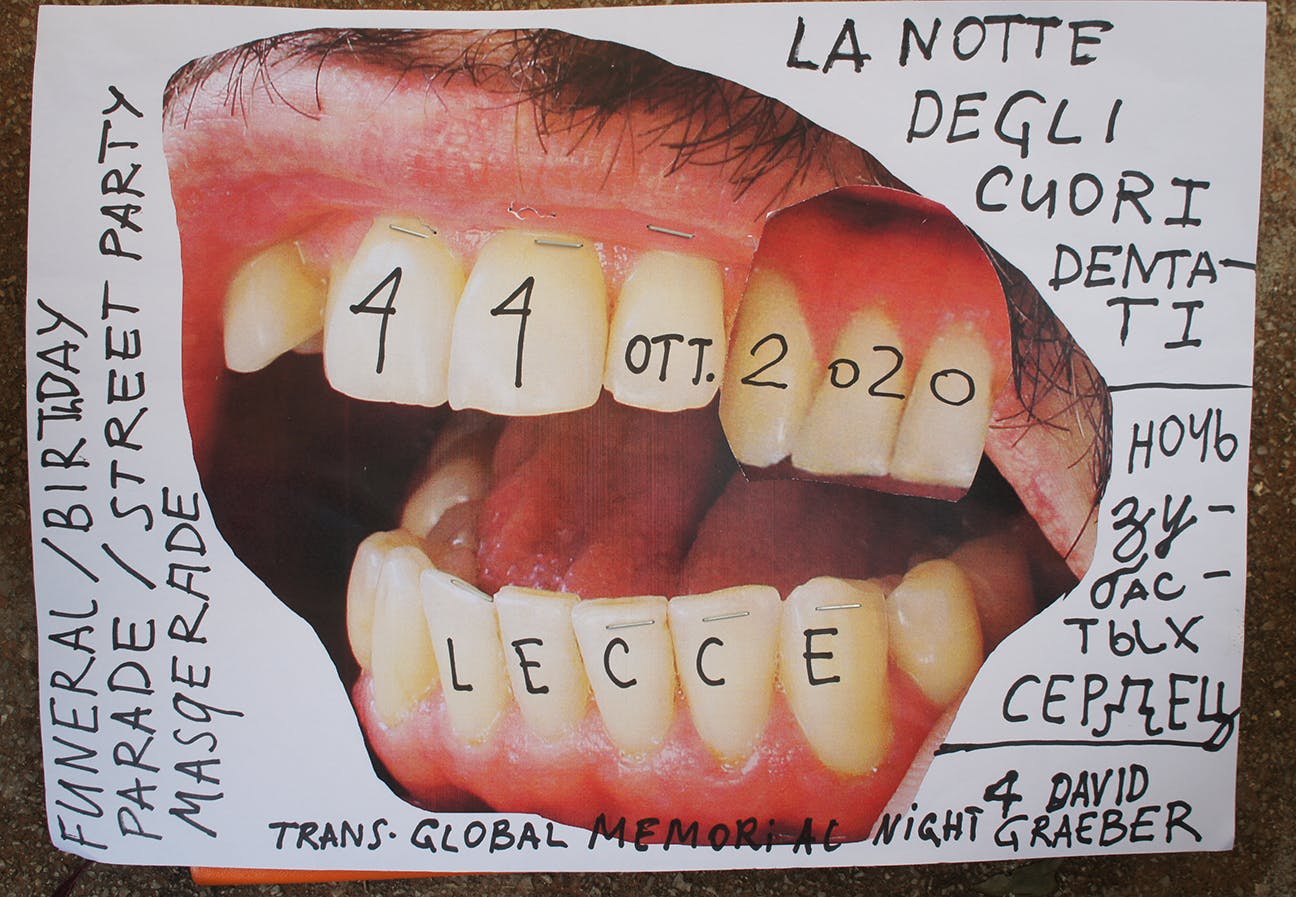
In Memoriam || David Graeber's intergalactic night || Oct 11th, Lecce
Notte dei Cuori Dentati
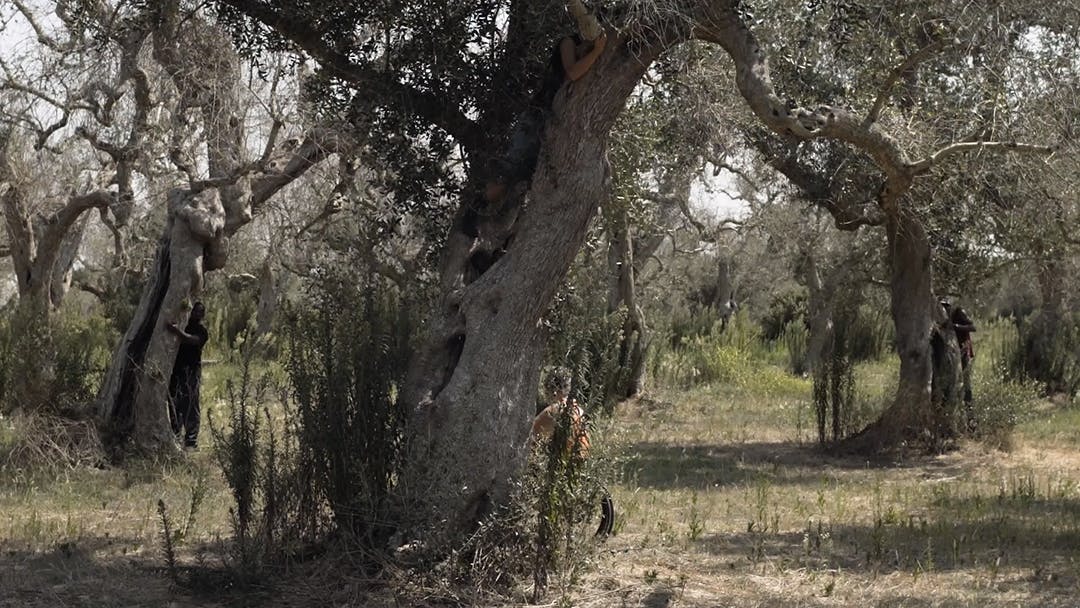
People of Flour on display in Athens
European Premiere
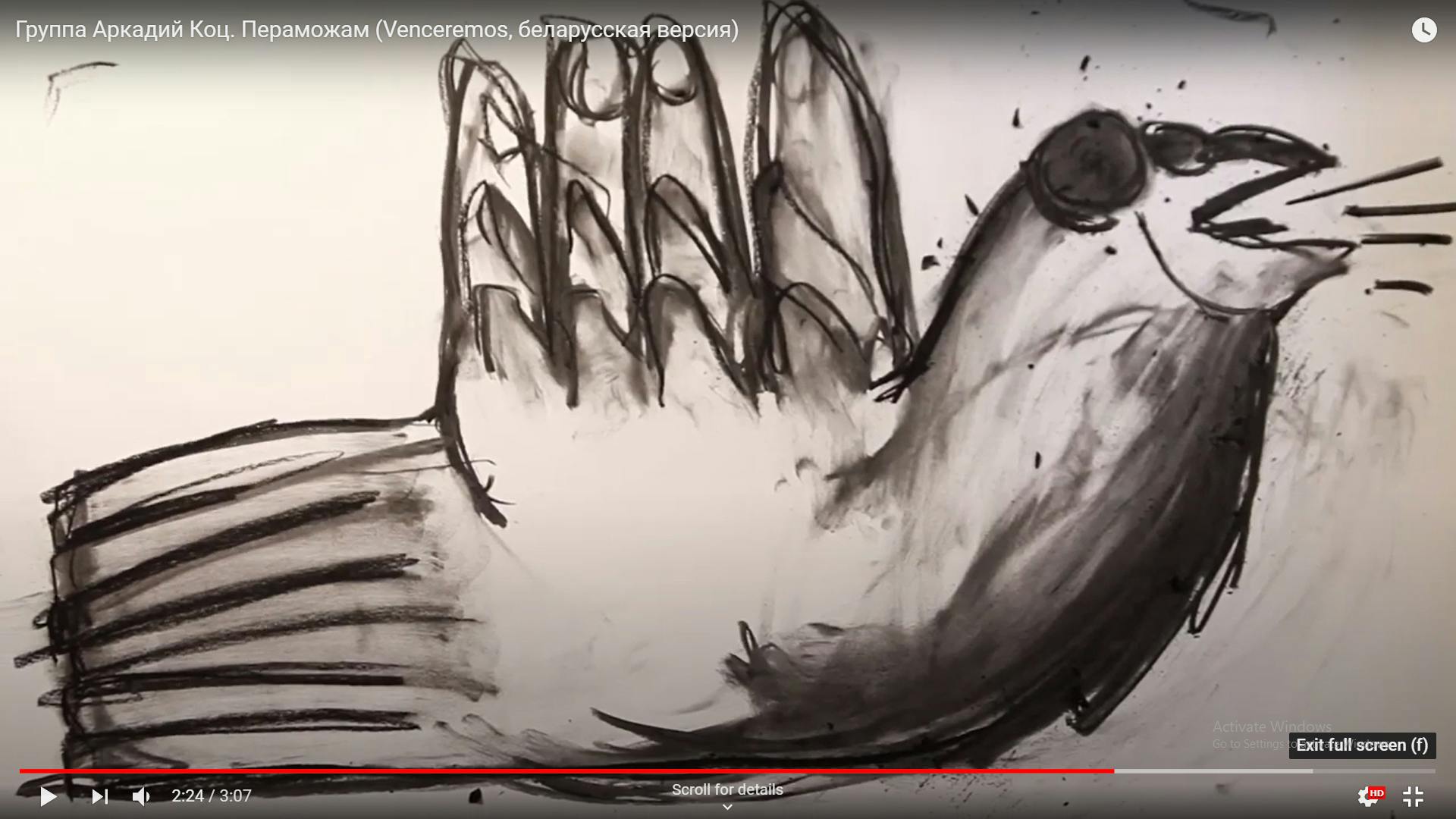
Cultural Workers of Belarus: Open Letter
open letter
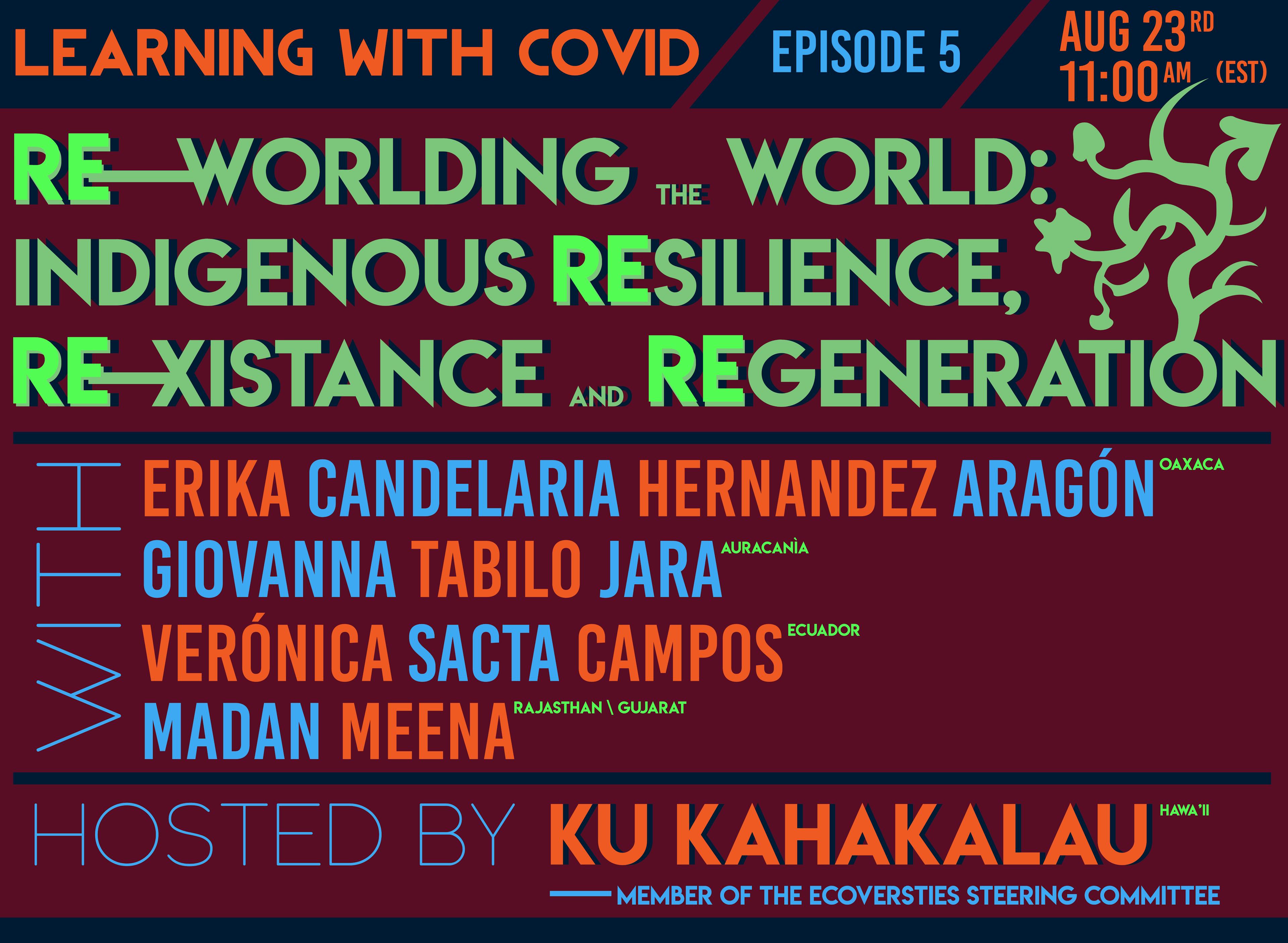
Indigenous Resilience || Learing w COVD: chapter 5
Aug 23 || 11:00 (EST)

The Black Diaspora || Political Resistance and Radical Love
Learning w covid series
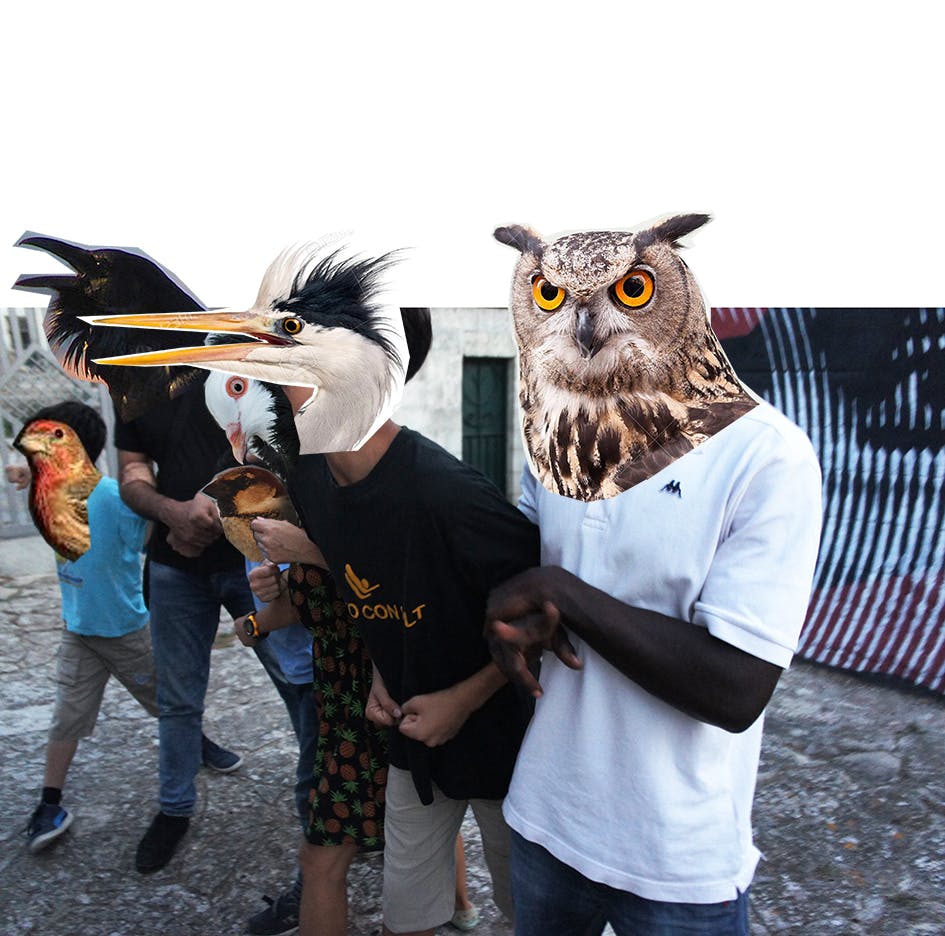
What's there to (un)learn? || June 17-19
LaForesta Academy feat. FHU
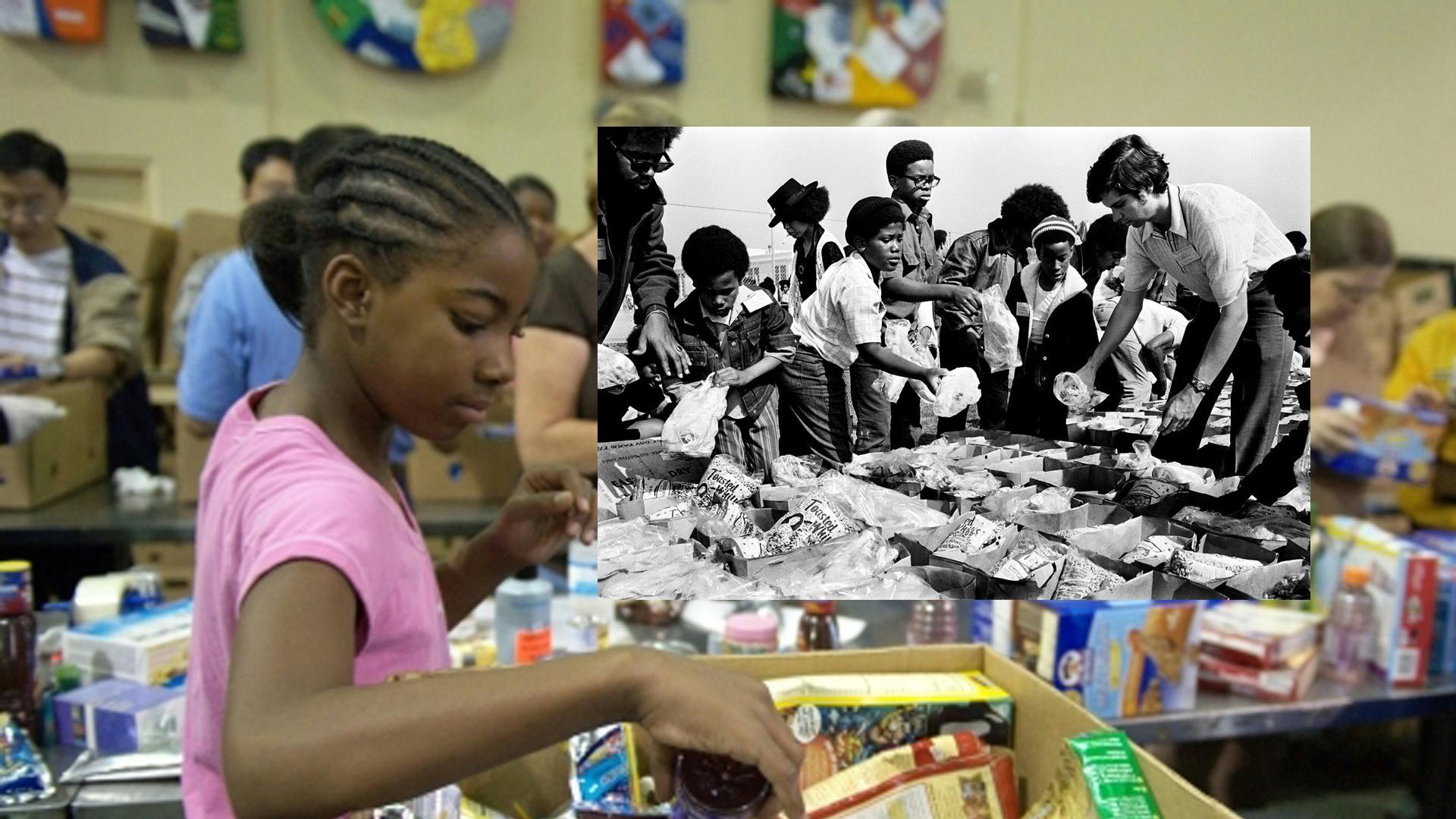
la Cura || the Care (we want) by A. Pomarico
A contribution to the Italian Contemporary Art Forum
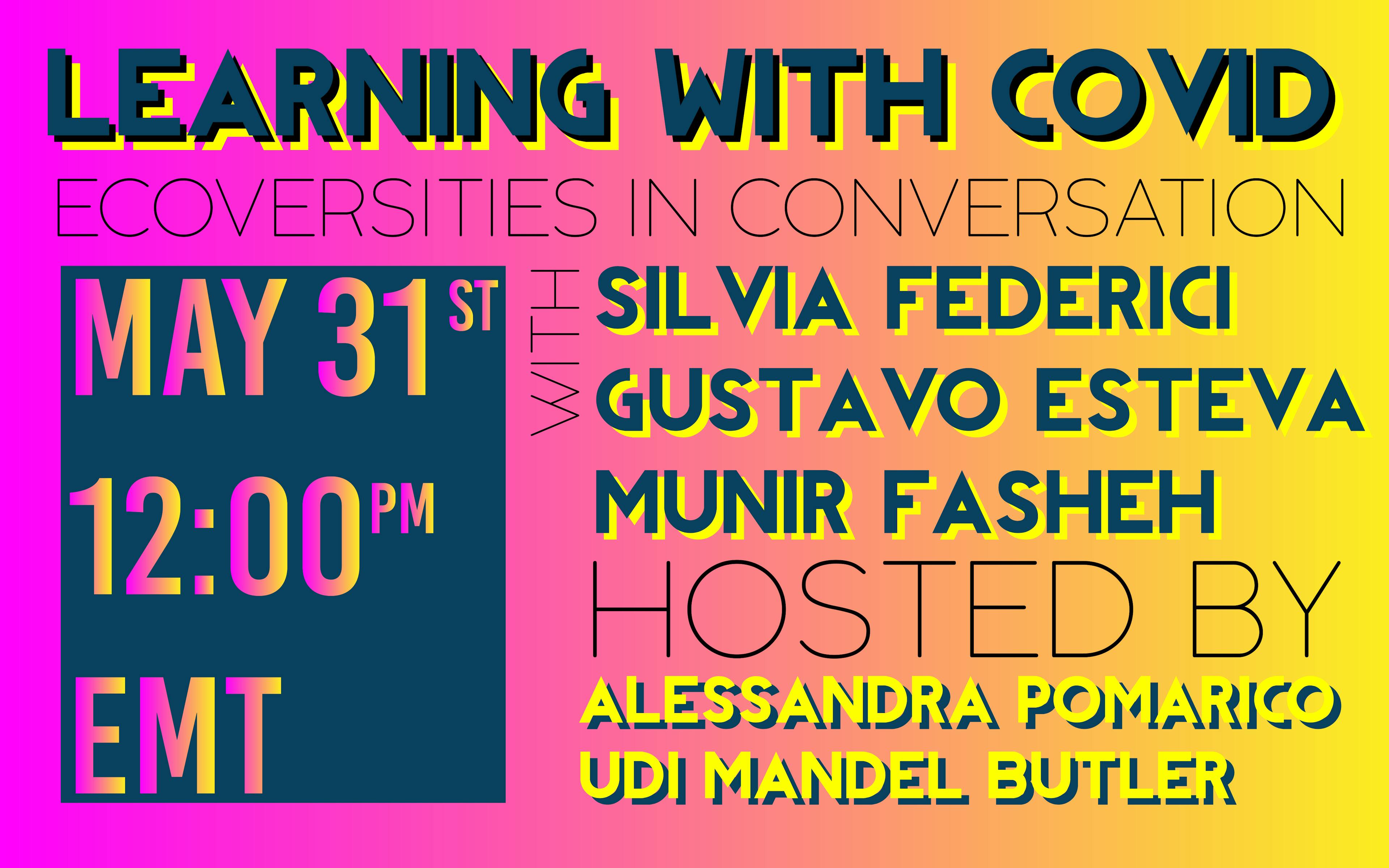
S. Federici, G. Esteva, M. Fasheh
Ecoversities in Conversation
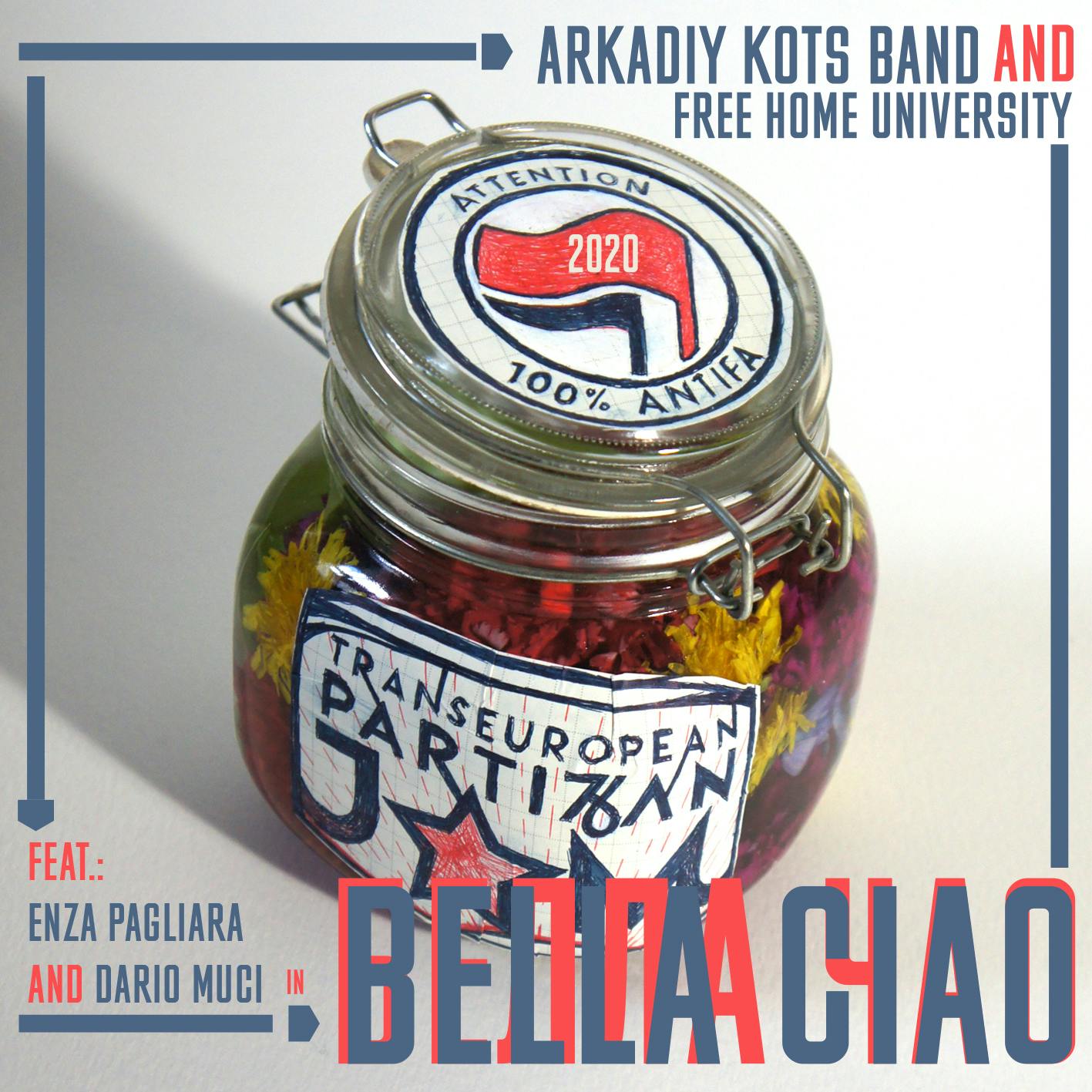
Trans-European Partizan Jam || Chapter 1: Bella Ciao
Chapter 1
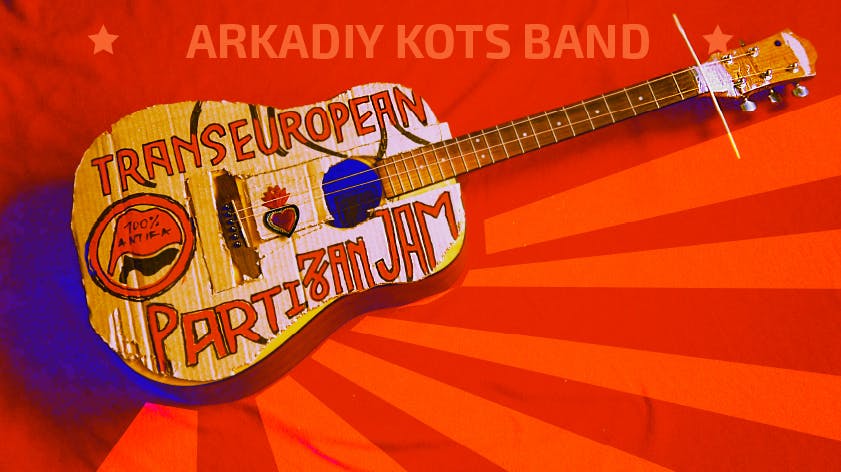
Antifascism for the Future? Live Music and more
live concert online
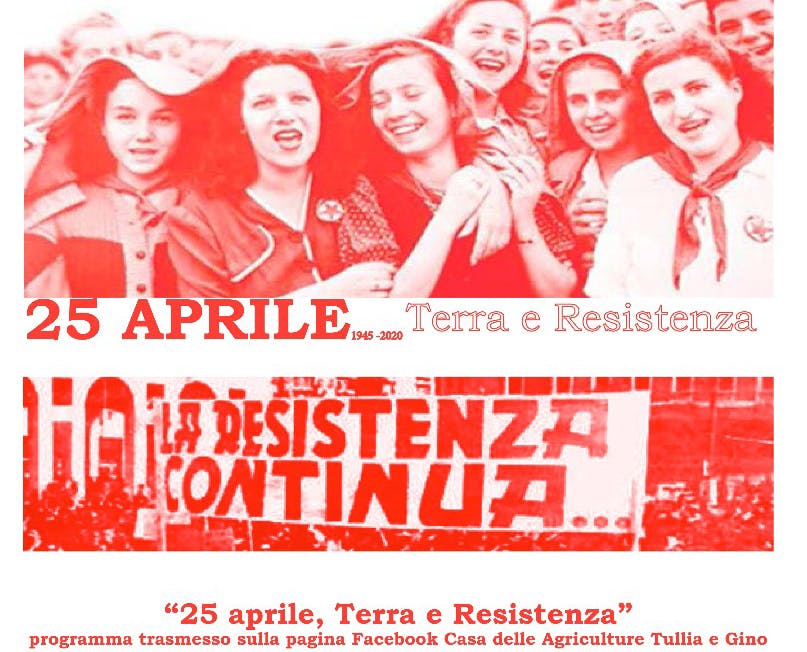
Bella Ciao teach-in: pedagogies of Antifascism
April 25 || Castiglione d'Otranto
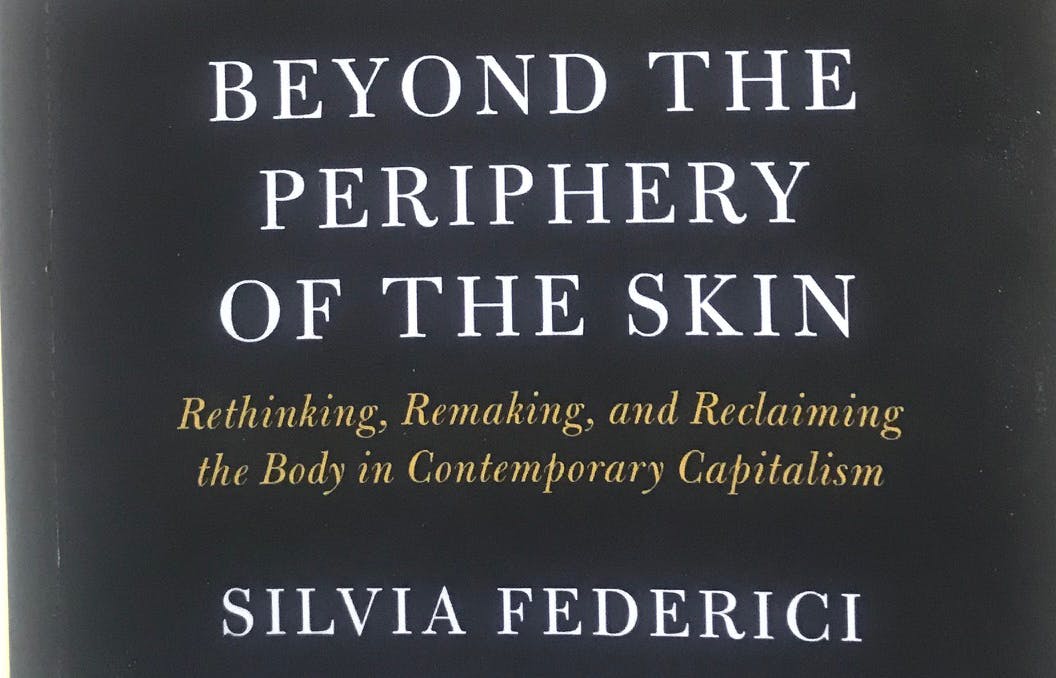
S. FEDERICI's NEW BOOK
acknowledgements

CALL for POSTERS
Women's Strike NYC Street Fest

Oaxaca || Forms of R-existence
El Primer Semillero
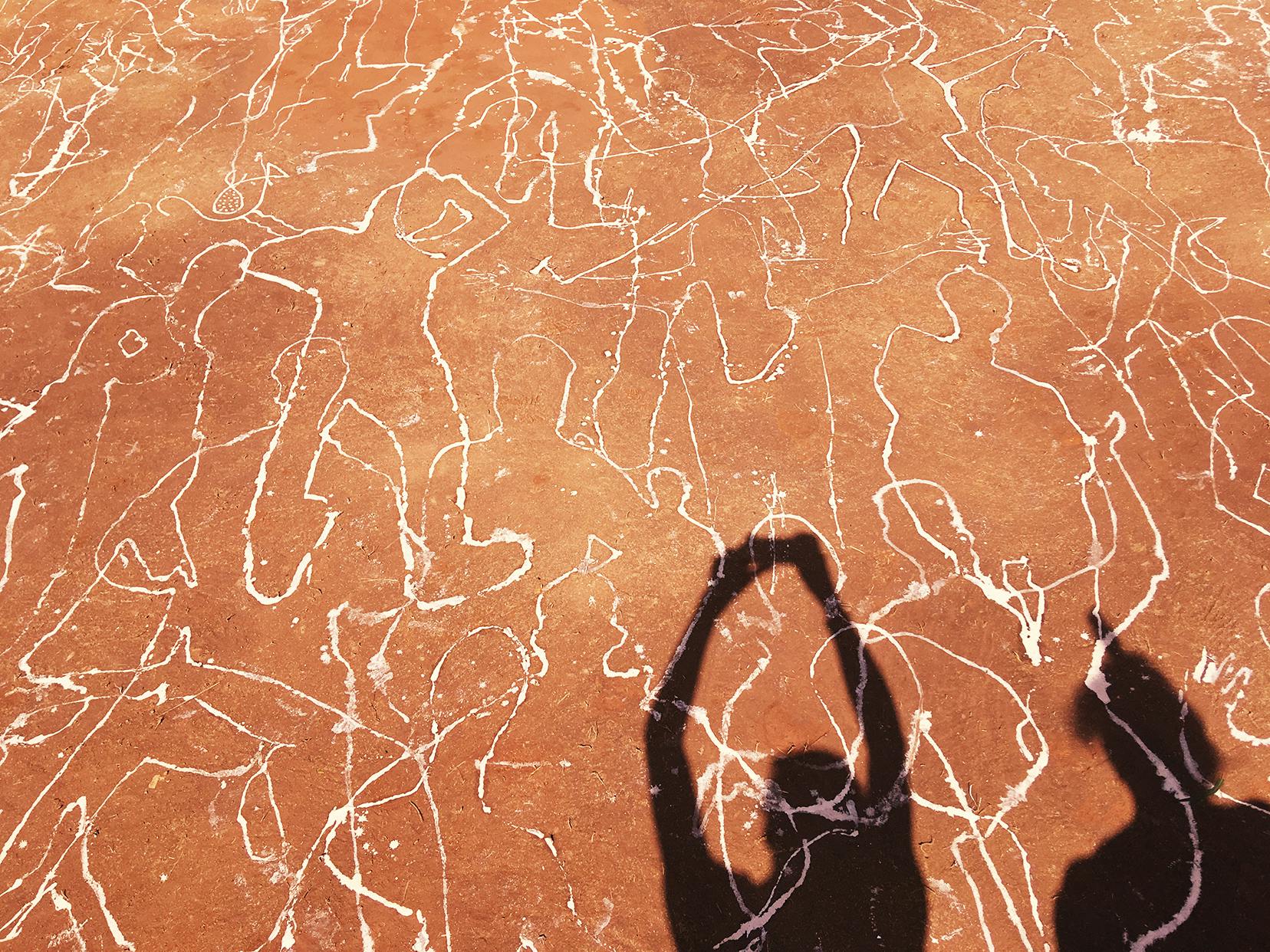
Polit-Informatsia Under the Mango Tree
02.02.-07.02.2020
Free Home on the news
La Repubblica & Telerama
Ecoversities Europea || Gathering at the Threshold
27.12.2019 - 03.01.2020
People of Flour... @ Lo Spirito del Grano
Chto Delat is back to Casa delle Agricullture
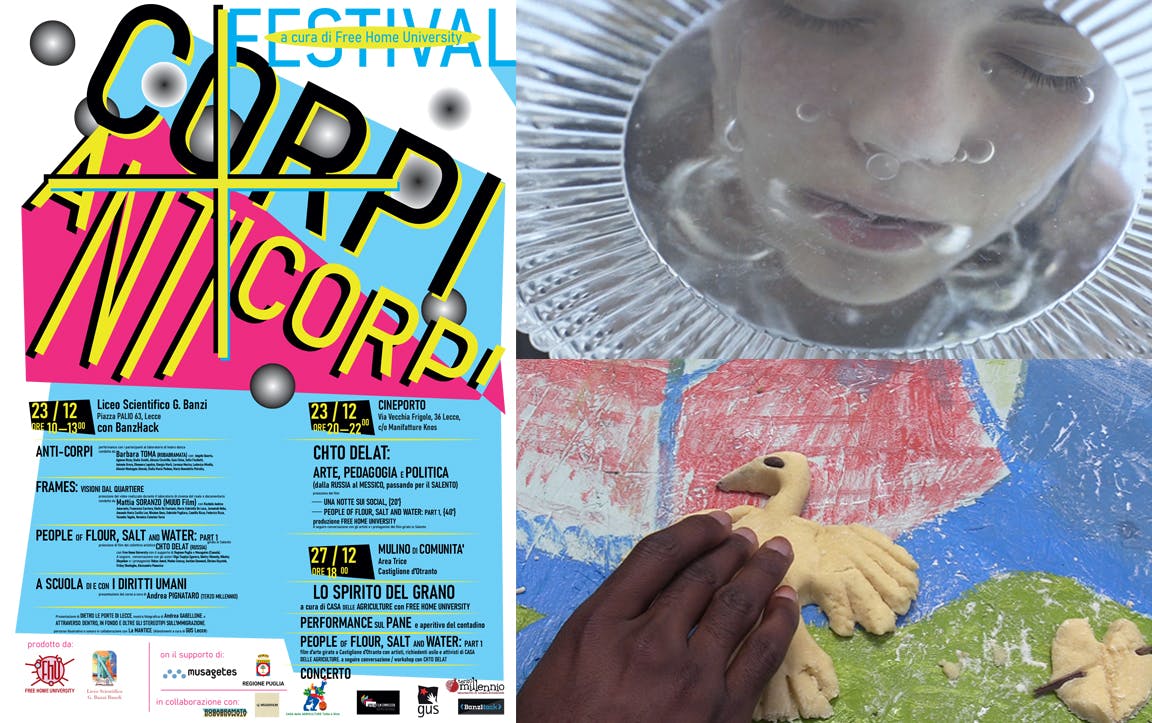
Corpi+Anticorpi Festival of FHU (Italian announcement)
23-27 Dec 2019 || Lecce
Altar to Our Teachers
Pedagogies of the Dead
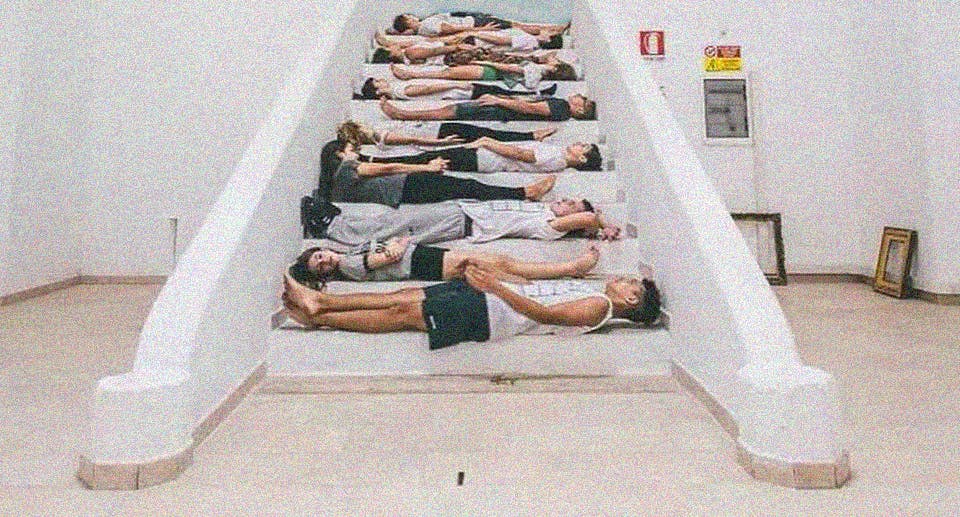
Back to School: FHU @ Banzi, Liceo Scientifico, Lecce
Oct || Dec, 2019
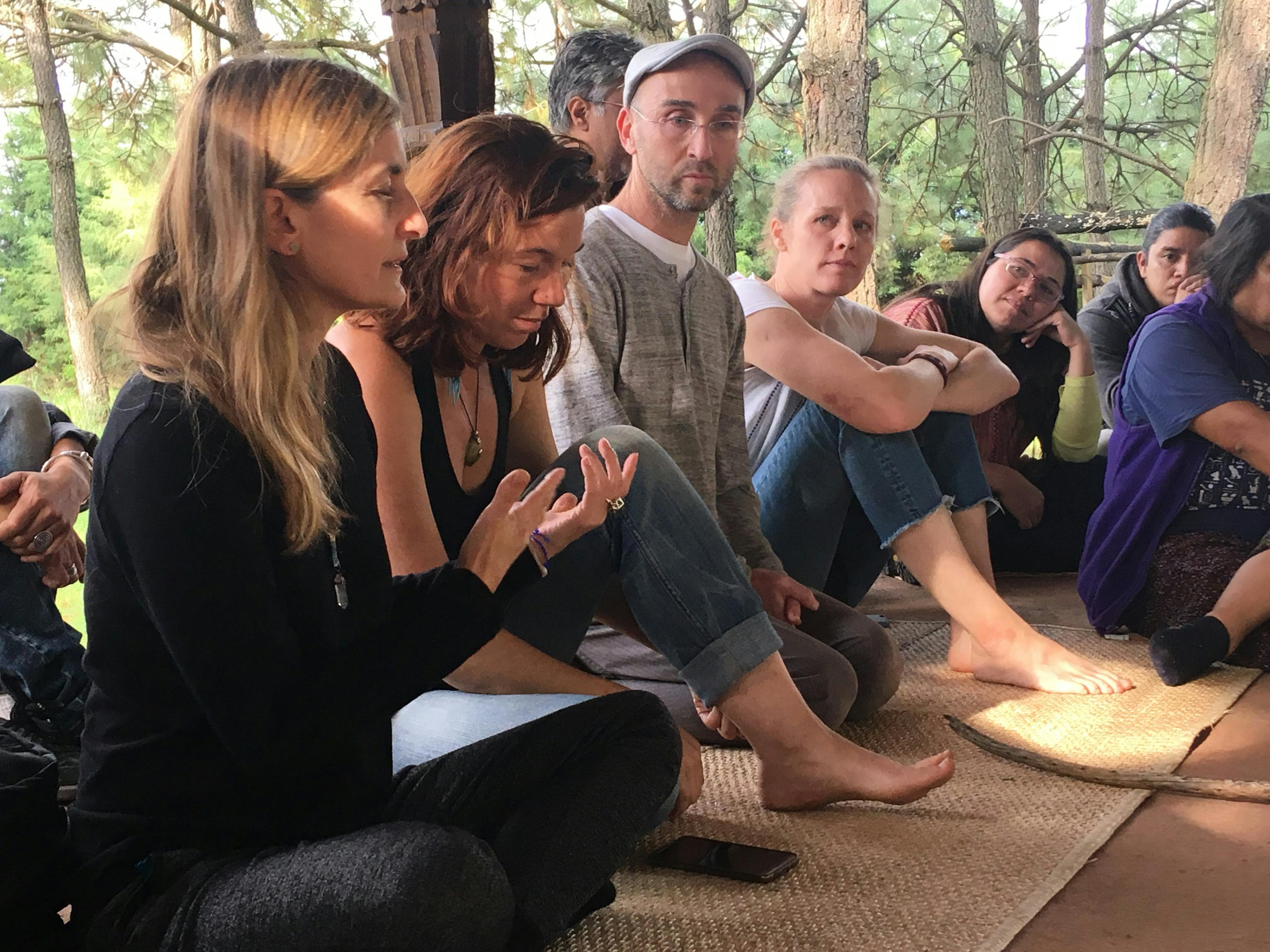
FHU@Ecoversities Global in Mexico
Oct26 || Nov2
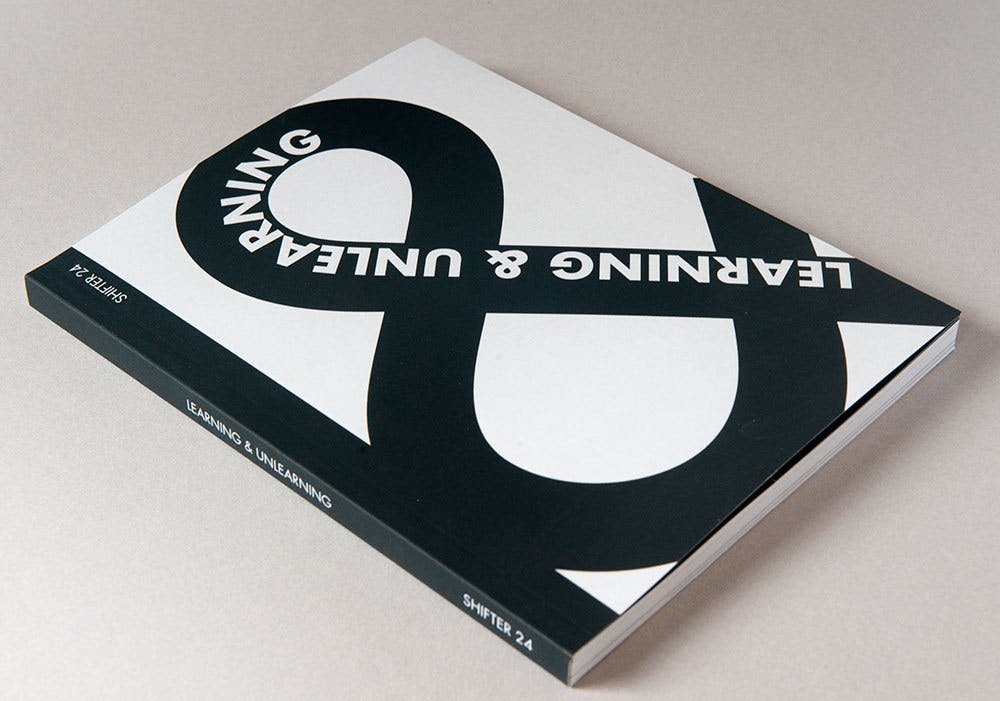
SHIFTER 24 || NYC Art Book Fair
book launch, Spt 22, 2019
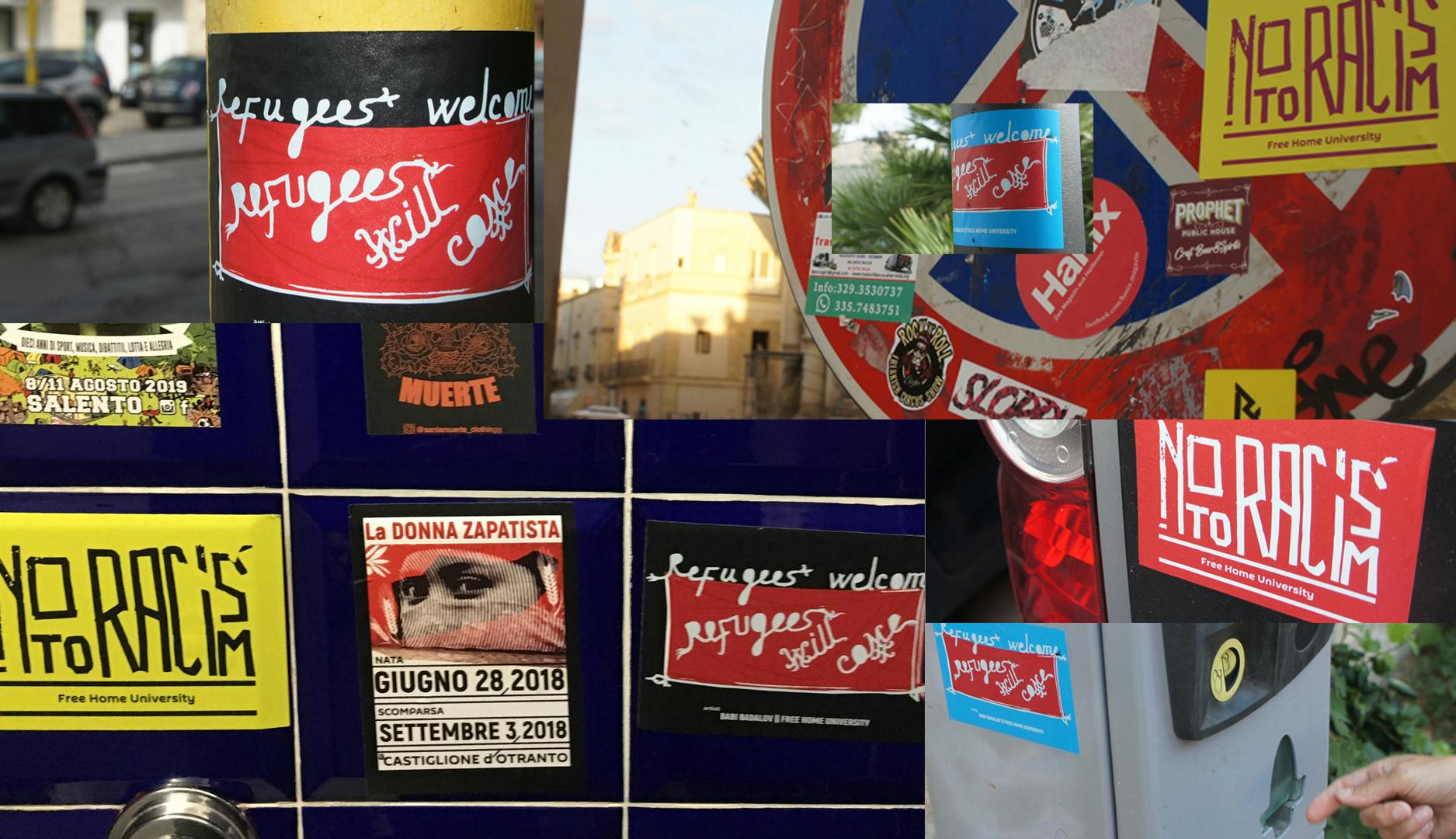
Wearing Our Questions || Sticking On Our Mottos
FHU's Mutual-Aid Fund and Graphic Guerrilla Campaign
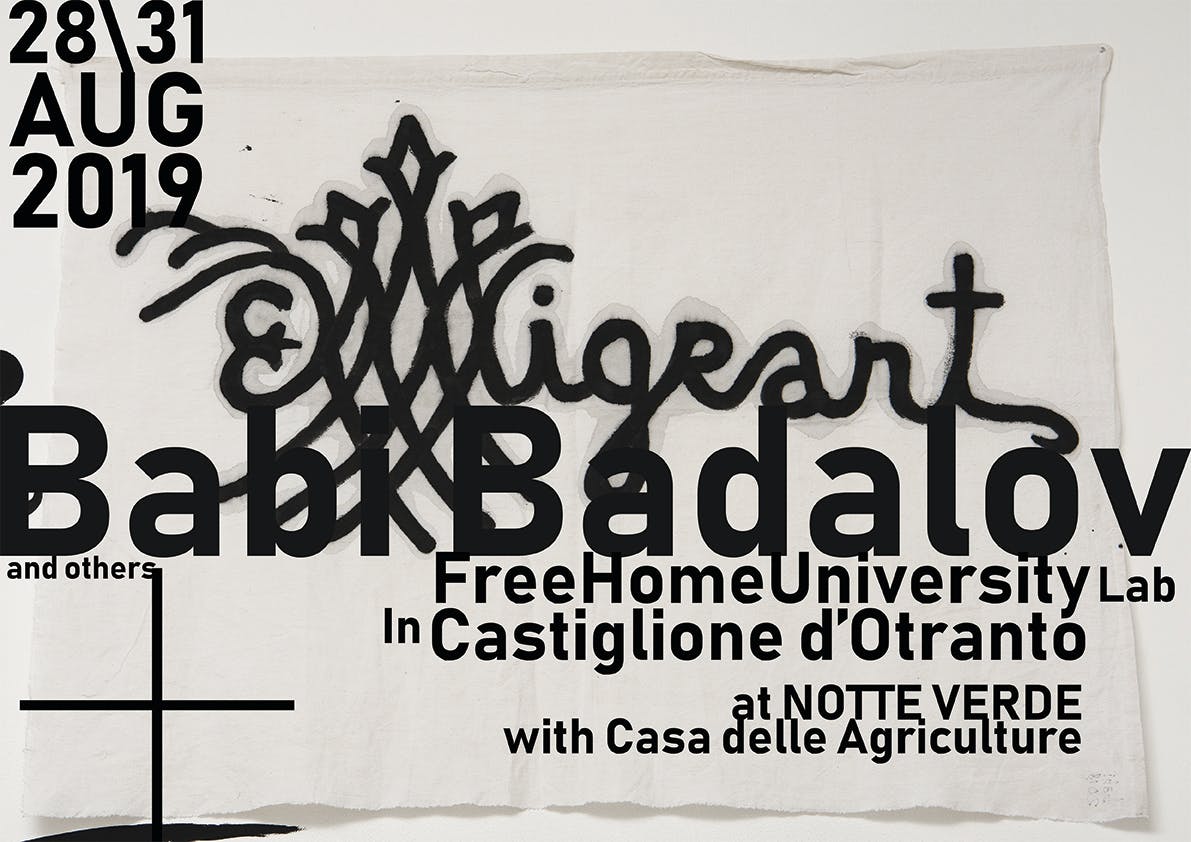
BABI BADALOV || Refugees Will Come {and more}
RURALI MURALI || FHU Lab
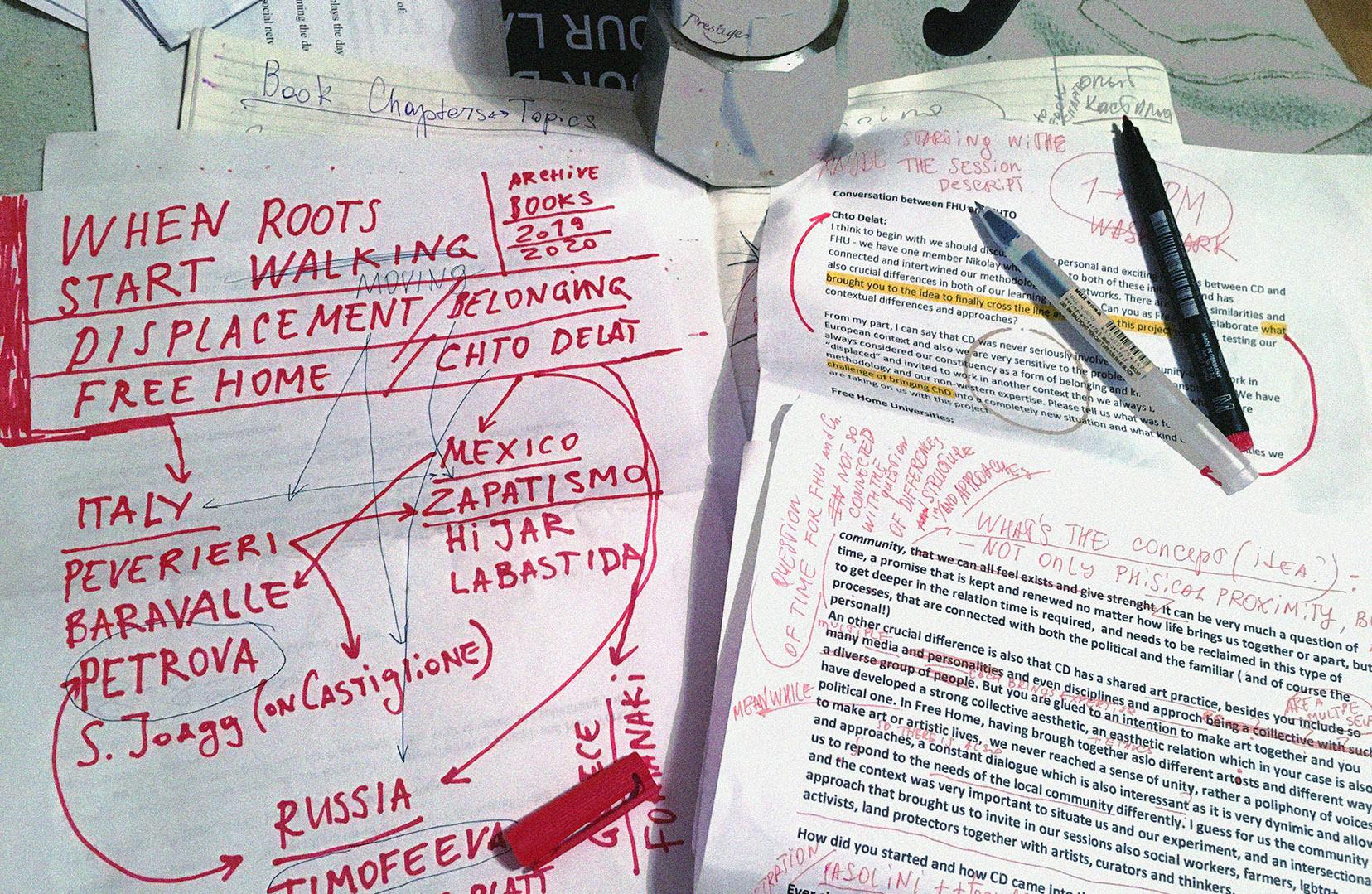
EDITORIAL MEETING
Specchiulla || July 2019
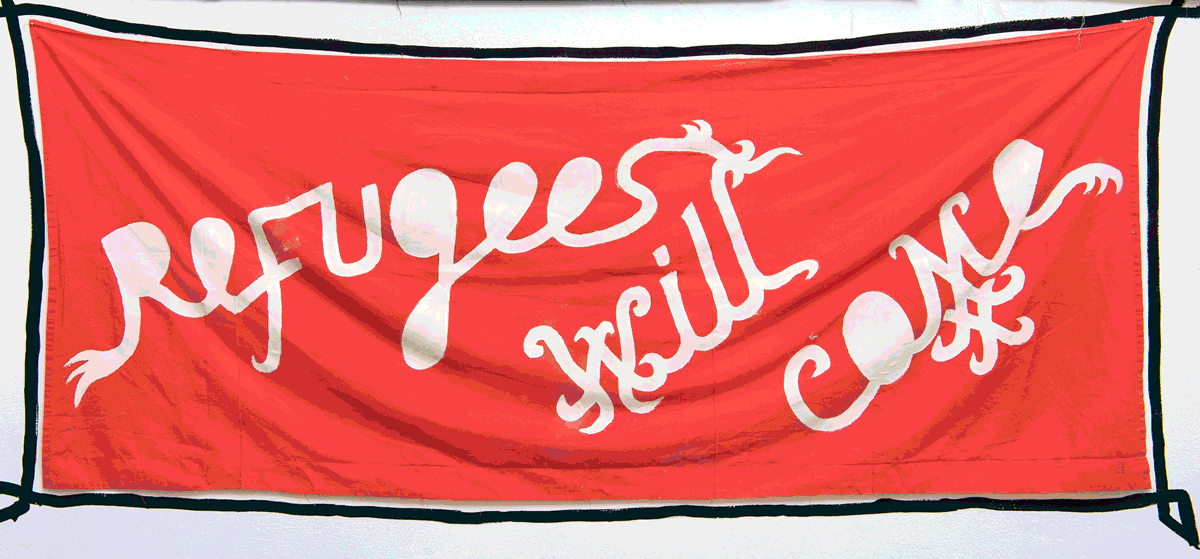
Silvia Federici, Chto Delat, Babi Badalov: Summer Sessions 2019
FHU summer sessions
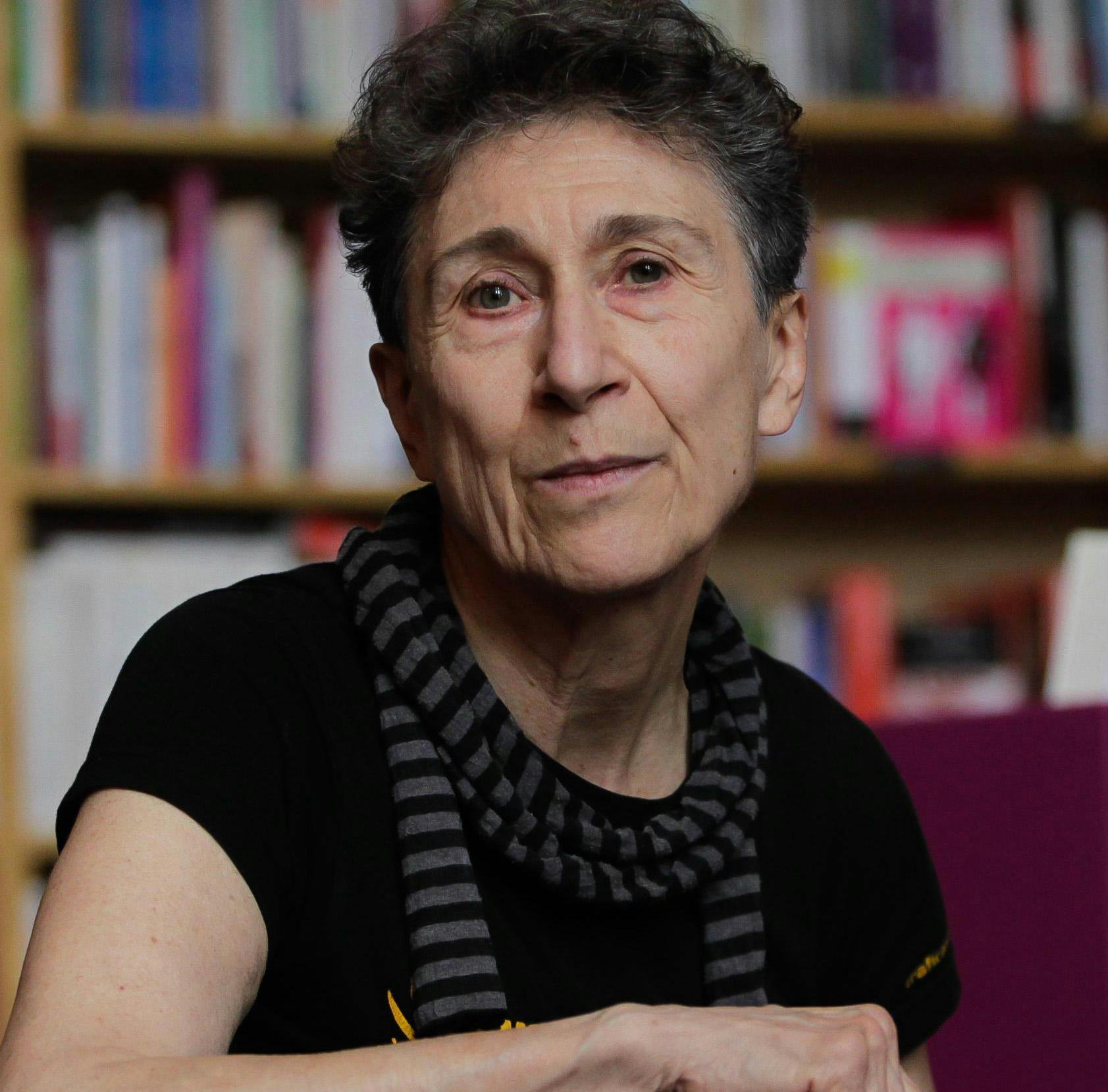
SILVIA FEDERICI || a public talk || S.a.L.E. DOCKS
June 9th, 18:30 || S.a.L.E. DOCKS, Venice
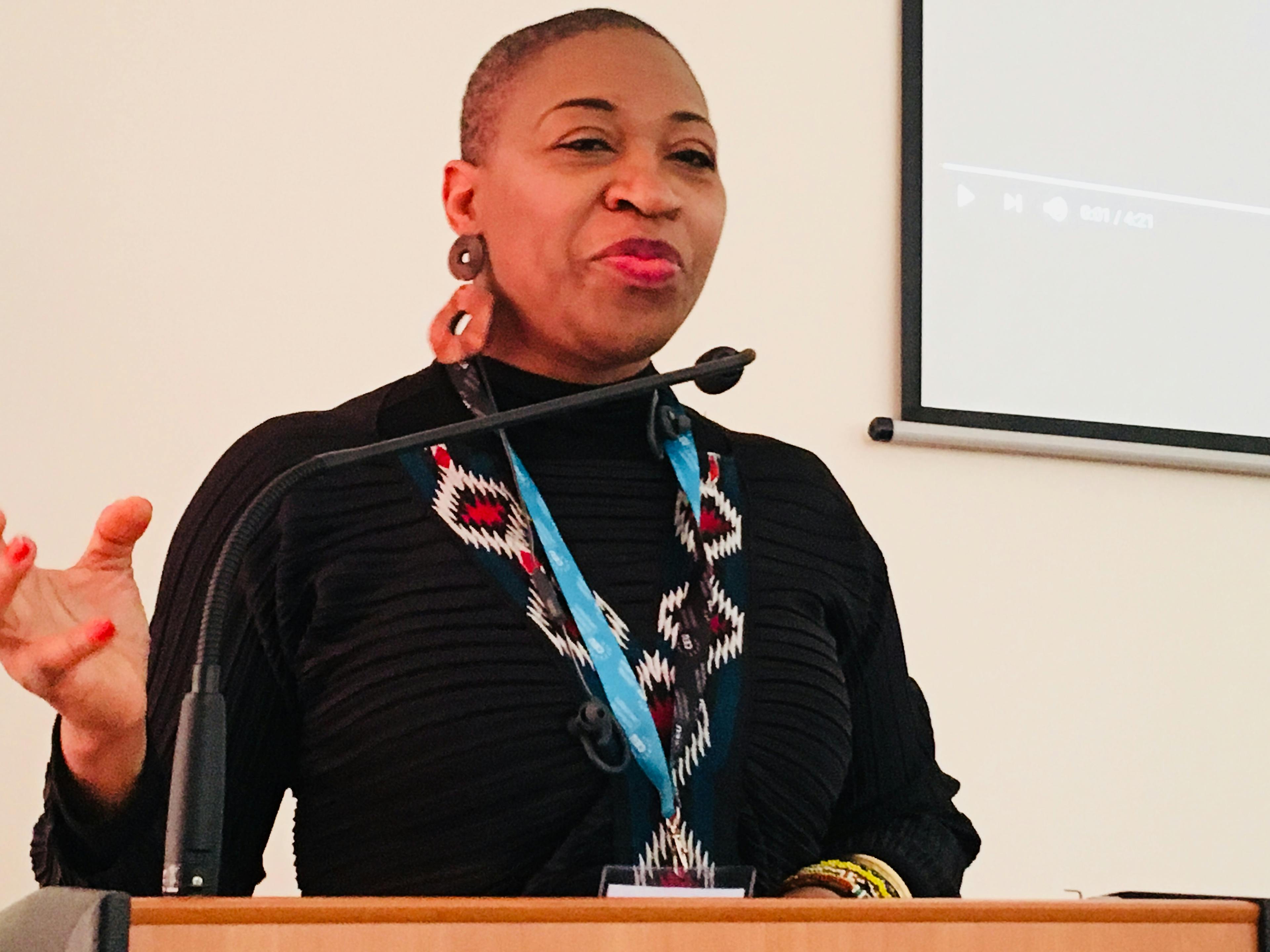
Publics, Pedagogies & Policies
FHU Budapest-2019
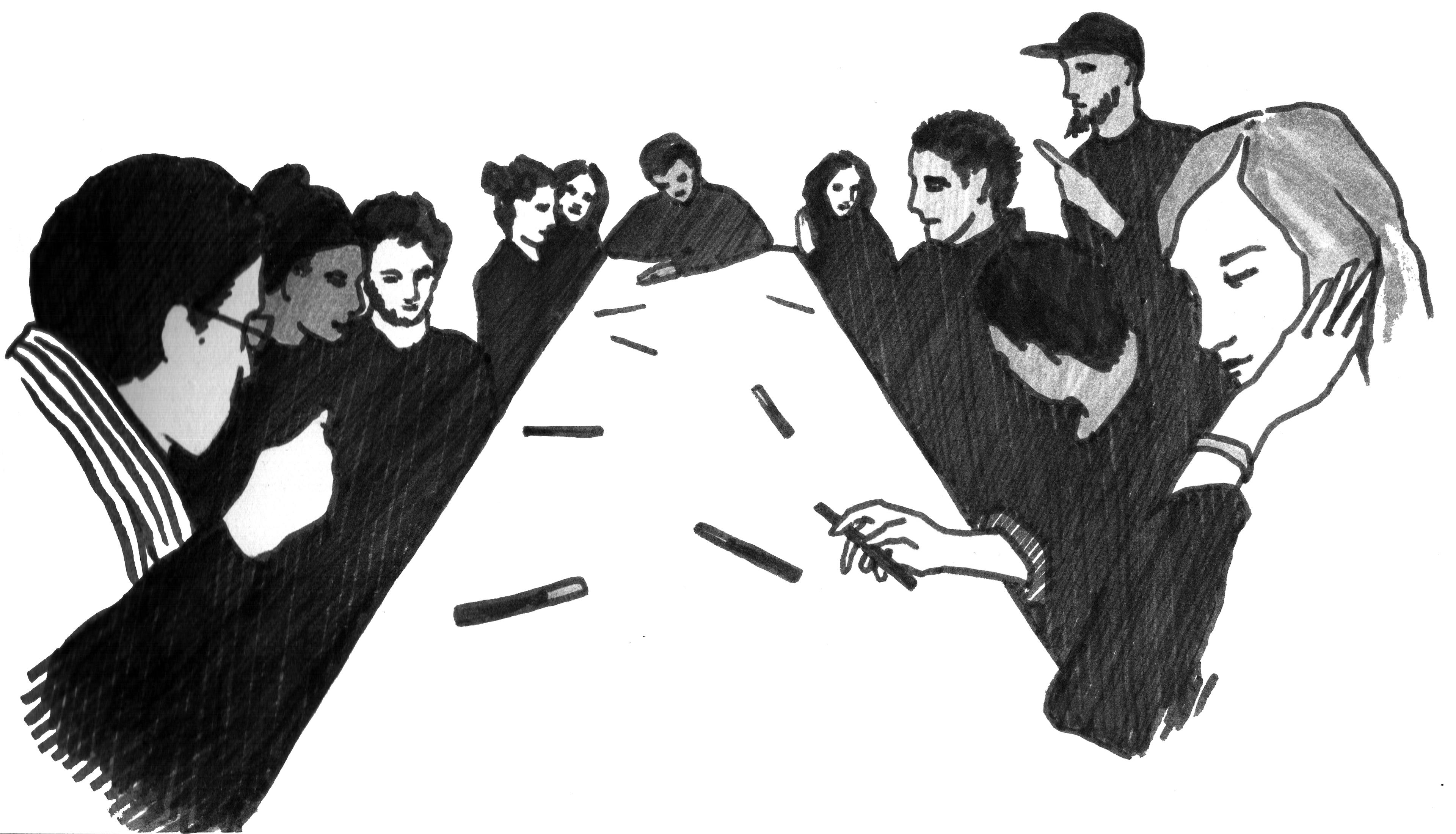
The 8th Floor, NYC. Learn-in: arts, pedagogy and reimagining our existence in dark times
On March 9th Free Home together with Chto Delat is proudly co-hosting a pedagogical event at The 8th Floor (an art venue of Rubin Museum of Art, Shelley and Donald Rubin Foundation) in New York.
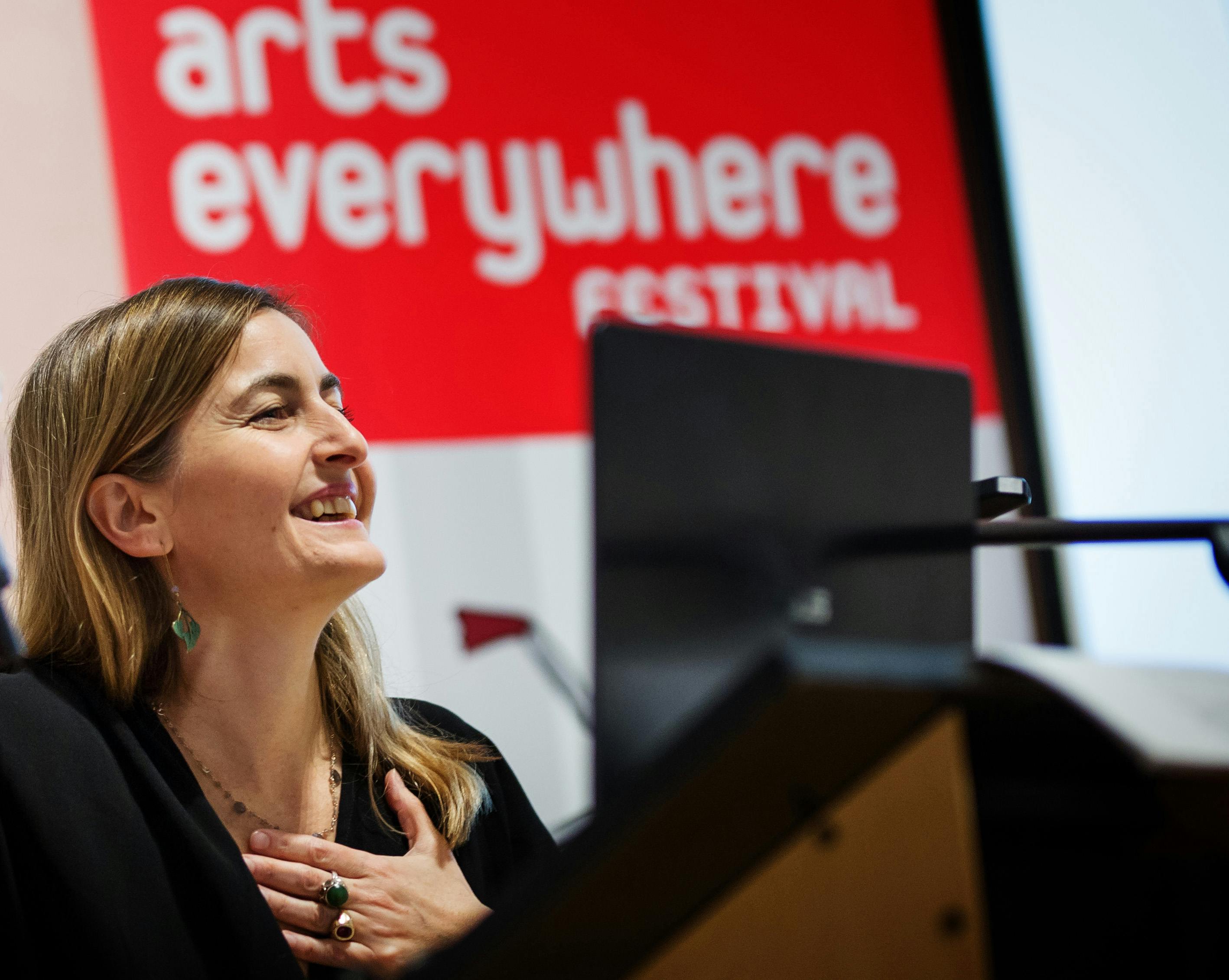
FHU at ArtsEverywhere festival
On January 24 the ArtsEvery festival started in Guelph, Ontario with an opening lecutre presenting pedagogies, practices and urgencies of Free Home University. At the Art Gallery Guelph Alessandra Pomarico gave a talk about the vision, the various articulations and the tools that have emerged during these 5 years. In the room with us Dani D'Emilia, Elwood Jimmy, Shawn Van Sluys, Vanessa Andreotti, Rene Susa, who contributed sharing their perspective and experience of our process.
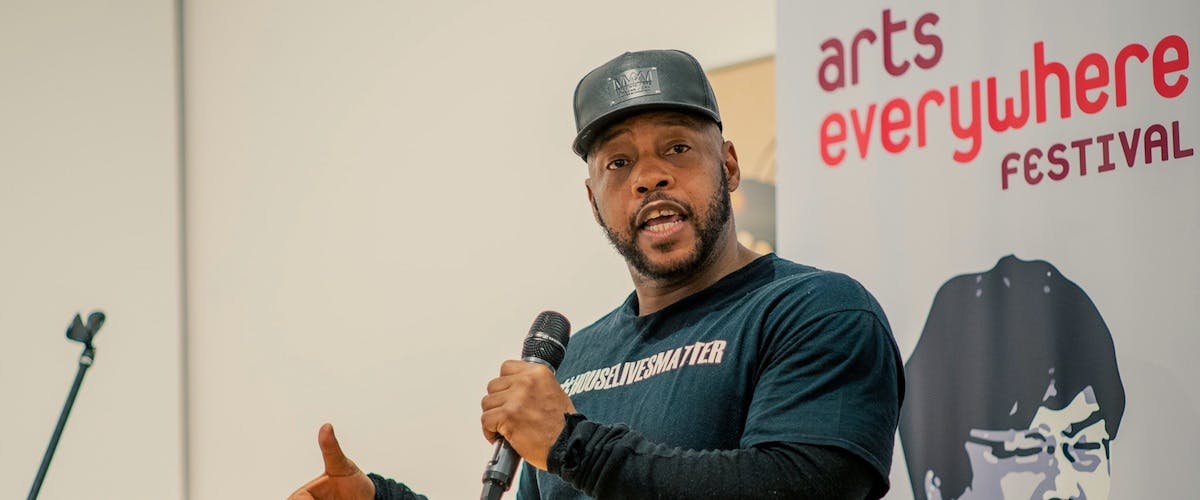
Michael Roberson at the 2018 ArtsEverywhere Festival
in the beginning of 2018 ArtsEverywhere festival in Guelph, Ontario, has started with a speech by our iconic comrade Michael Roberson, activist, historiographer of the house\ballroom community, artist, member of many organizations and father of dozen of houses. Free Home University is proud to announce that 2019 festival will start with an activation by Alessandra Pomarico co-piloted by Nikolay





